Κείμενο
Χαίρετε, ονομάζομαι Στέλιος Πανταζής, είμαι γιατρός εξειδικευμένος στην ιατρική διατροφολογία και στις διαταραχές του μεταβολισμού και σήμερα θα ήθελα να σας προειδοποιήσω για κάποιες τροφές που προωθούνται ως υγιεινές ή διαιτητικές ενώ σε καμία περίπτωση δεν θα πρέπει να υπάρχουν στη διατροφή σας. Πάμε να τους δούμε Ψωμί για τοστ. Το ψωμί για τοστ είναι από τις τροφές που βλέπω σχεδόν πάντα σε διαιτολογία στο internet ή, δυστυχώς, ακόμα και από ειδικούς σε θέματα διατροφής και θεωρώ ότι δεν έχουν καμία θέση στη διατροφή κανενός. Οι λόγοι είναι πολλοί. Πρώτον, το αλεύρι το οποίο χρησιμοποιείται είναι από μαλακό σιτάρι το οποίο συχνά είναι εισαγόμενο από την Ουκρανία, τον μεγάλο σιτοβολώνα της Ευρώπης, που γειτονεύει με πολλά εργοστάσια, αλλά και το Τσέρνομπιλ. Συχνά, περιέχει επίσης πρόσθετα λιπαρά που είναι πλούσια σε trans, που όπως είναι γνωστό είναι πολύ επιβλαβή για την καρδιά και τα αγγεία, γλυκαντικές ύλες, συντηρητικά, γαλακτωματοποιητές, πρόσθετα χημικά βελτιωτικά γεύσης και υφής. Όλα αυτά δηλαδή που σε καμία περίπτωση δεν θα χρησιμοποιούσαμε για να φτιάξουμε ψωμί στο σπίτι. Όταν έχεις σκοπό να βελτιώσεις την διατροφή σου, δεν μπορώ να καταλάβω τι θέση μπορεί να έχει το ψωμί για τοστ. Αλλαντικά. Σχεδόν εξίσου συχνά με το εξαιρετικά βλαβερό ψωμί του τοστ βλέπω συχνά και τα επίσης βλαβερά αλλαντικά. Δεν καταλαβαίνω πως έχει επικρατήσει να θεωρείται η βραστή γαλοπούλα ή το ζαμπόν υγιεινό, και φοβάμαι ότι σε αυτό έχουν βάλει το χέρι τους και πάλι κάποιοι ειδικοί διατροφής οι οποίοι το συστήνουν συστηματικά στις διατροφές που προτείνουν. Εδώ και χρόνια, ο Παγκόσμιος Οργανισμός Υγείας έχει κατηγοριοποίηση τα αλλαντικά, όπως τη βραστή γαλοπούλα και το ζαμπόν, ως καρκινογόνες τροφές, στην ίδια κατηγορία μαζί με το κάπνισμα. Για λόγους ασφαλείας, έχει οριστεί ότι ένας ενήλικας επιτρέπεται να καταναλώνει μέχρι 100 γραμμάρια αλλαντικών την εβδομάδα, ποσότητα που αντιστοιχεί σε τρεις φέτες βραστή γαλοπούλα ή ζαμπόν. Εγώ όμως πιστεύω ότι ένας άνθρωπος που θέλει να

προστατεύσει την υγεία του καλό είναι να μην καταναλώνει καθόλου τις τροφές που ο Παγκόσμιος Οργανισμός Υγείας θεωρεί καρκινογόνες. Αναψυκτικά χωρίς ζάχαρη. Όταν έγινε ευρέως αποδεκτό ότι η ζάχαρη είναι πάρα πολύ κακή για την υγεία μας, η βιομηχανία παρασκευής τροφίμων απάντησε δημιουργώντας μία σειρά από ουσίες που έχουν γλυκιά γεύση όπως η ζάχαρη, αλλά σε αντίθεση με τη ζάχαρη περιέχουν λίγες ή καθόλου θερμίδες. Αυτές οι ουσίες είναι ως επί το πλείστον φυτικά παρασκευάσματα, αν και μερικές από αυτές είναι φυσικές. Οι μελέτες έχουν δείξει όμως ότι το να αντικαταστήσουμε τα αναψυκτικά με ζάχαρη με αναψυκτικά χωρίς ζάχαρη δεν προσφέρει μεγάλο όφελος για την υγεία μας. Εδώ δεν θέλω να γίνει κατανοητό ότι θεωρώ εξίσου βλαβερά τα αναψυκτικά χωρίς ζάχαρη με τα αναψυκτικά με ζάχαρη. Είναι προφανές ότι τα αναψυκτικά με ζάχαρη είναι χειρότερα. Αλλά και τα αναψυκτικά χωρίς ζάχαρη είναι πολύ βλαβερά και δεν έχουν καμία θέση στη διατροφή ενός ανθρώπου που προσπαθεί να χάσει βάρος ή απλά να ακολουθήσει μία καλή διατροφή για την υγεία του. Φρουκτόζη. Η φρουκτόζη βγήκε στην αγορά ως ένα εναλλακτικό γλυκαντικό στη ζάχαρη, το οποίο, αν και έχει τις ίδιες θερμίδες, επειδή είναι πιο γλυκό μπορούμε να χρησιμοποιήσουμε σε μικρότερη ποσότητα. Μάλιστα, κυρίως στο παρελθόν, αλλά δυστυχώς ακόμα και σήμερα, συστήνοταν από πολλούς ειδικούς σε άτομα με διαβήτη ως εναλλακτικό της ζάχαρης. Τίποτα δεν μπορεί να είναι πιο λάθος από αυτό! Η φρουκτόζη έχει χαμηλό γλυκαιμικό δείκτη, που σημαίνει ότι ανεβάζει τη γλυκόζη του αίματος πολύ πιο αργά από τη ζάχαρη, αλλά δυστυχώς, το μόνο όργανο που μπορεί να την αποθηκεύσει είναι το ήπαρ. Καθώς το ήπαρ φορτώνεται με φρουκτόζη με ρυθμό γρηγορότερο από αυτό που μπορεί να την ξεφορτωθεί, το αποτέλεσμα είναι αυξημένη πιθανότητα να εμφανιστεί λίπος στο συκώτι και αντίσταση στην ινσουλίνη. Αμφότερα, αυξάνουν την πιθανότητα να εμφανιστεί διαβήτης ή αν υπάρχει, να χειροτερεύσει. Ουσιαστικά, χειροτερεύει το ίδιο το πρόβλημά το οποίο προσπάθησε αρχικά να λύσει!

Μακριά όσο πιο πολύ γίνεται! Μαργαρίνη. Η μαργαρίνη αναπτύχθηκε ως ένα φτηνό, χαμηλής ποιότητας εναλλακτικό στο βούτυρο. Για πολλά χρόνια στις χώρες της Ευρώπης το βούτυρο αποτελούσε μία από τις συχνότερες τροφές, αλλά δυστυχώς ήταν ακριβό και σχετικά απρόσιτο για αρκετές οικογένειες. Όμως κάποιοι εφευρετικοί χημικοί επιστήμονες κατάλαβαν ότι μπορούν να φτιάξουν κάτι που να μοιάζει με το βούτυρο από φτηνά σπορέλαια με ελάχιστο κόστος. Δυστυχώς όμως, το προϊόν ήταν άσπρο στο χρώμα, ενώ το βούτυρο είναι κίτρινο. Η λύση; Απλή. Να ρίξουμε και κίτρινο χρώμα για να είναι κίτρινο, αφού κίτρινο το θέλει ο καταναλωτής. Φυσικά, στη διαφήμιση δεν θα μπορούσε να προωθηθεί ως ένα φτηνό υποκατάστατο του βουτύρου, αλλά ένα υγιεινό υποκατάστατο του βουτύρου, πράγμα που δεν ισχύει. Σίγουρα το βούτυρο δεν είναι από τα πιο υγιεινά πράγματα που μπορεί να καταναλώσει κάποιος, αλλά οι μαργαρίνες είναι πολύ πλούσιες τα τρανς λιπαρά οξέα που όλοι ξέρουμε ότι είναι τα χειρότερα λιπαρά που μπορεί να καταναλώσει κάποιος, γιατί εκτός από την αύξηση της κακής χοληστερίνης μειώνουν και την καλή, κάνοντάς τα διπλά βλαβερά. Τι ισχύει όμως για τις μαργαρίνες που λέει στη διαφήμιση ότι μειώνουν τη χοληστερίνη επειδή περιέχουν κάποιες επιπρόσθετες ουσίες; Αυτές οι μαργαρίνες πράγματι μειώνουν τη χοληστερίνη, αλλά μόνο όταν αντικαθιστούν την κανονική μαργαρίνη. Για να το πω πιο απλά, αν κάποιος μου πει: “εγώ θα τρώω μαργαρίνη ότι και να μου πεις γιατρέ, αλλά θέλω να μου πεις ποια μαργαρίνη είναι η λιγότερο βλαβερή για την υγεία μου”. Τότε ναι, οι μαργαρίνες που διαφημίζονται ότι μειώνουν τη χοληστερίνη είναι η καλύτερη επιλογή. Από την άλλη, ως διατροφική επιλογή είναι πάρα πολύ χειρότερη από το ελαιόλαδο που είναι ότι καλύτερο σε αυτή την κατηγορία. Αν θέλετε δε κάτι σαν βούτυρο, μπορείτε να χρησιμοποιήσετε ταχίνι ή φυστικοβούτυρο που είναι και πολύ οικονομικά, αλλά αν το αντέχει η τσέπη σας μπορείτε να χρησιμοποιήσετε και άλλα φυτικά βούτυρα, για παράδειγμα από αμύγδαλα, φουντούκια, φιστίκια

Αιγίνης και άλλα. Σε καμία περίπτωση όμως δεν πρέπει να χρησιμοποιείτε μαργαρίνη, ούτε αυτές που μειώνουν τη χοληστερίνη, ούτε αυτές που δεν την μειώνουν. Μπιφτέκια χωρίς κρέας. Άλλη μία μεγάλη επιτυχία της βιομηχανίας παρασκευής τροφίμων ήταν η παρασκευή κρέατος, συνήθως σε μορφή μπιφτεκιών για χάμπουργκερ, χωρίς κρέας. Αυτά τα μπιφτέκια έχουν το μεγάλο θετικό ότι είναι πάρα πολύ καλύτερα για το περιβάλλον σε σχέση με τα μπιφτέκια από κρέας, αλλά για την υγεία σας δεν είμαι σίγουρος αν είναι καλύτερα, και φοβάμαι ότι μάλλον είναι χειρότερα. Είναι νωρίς για να πούμε με σιγουριά αν αυτά τα παρασκευάσματα πρέπει ή δεν πρέπει να έχουν θέση στη διατροφή μας ή αν έχουν σε τι ποσότητα μπορεί να είναι, αλλά με σιγουριά μπορώ να σας πω ότι καλό είναι να τα αποφύγετε μέχρι να σιγουρευτούμε ότι είναι ασφαλή. Το κόστος τους επίσης είναι ενοχλητικά υψηλό, αφού ξεπερνάει τα 20 ευρώ το κιλό. Με αυτά τα χρήματα μπορεί κάποιος να αγοράσει το καλύτερο βιολογικό κρέας που είναι ασύγκριτα καλύτερο από αυτά τα υποκατάστατα. Φυτικά τυριά και υποκατάστατα τυριών. Κάποιοι πολύ εφευρετικοί στο τμήμα μάρκετινγκ κάποιων εταιρειών παρασκευής βιομηχανοποιημένων τροφών είχαν κάποτε μία καταπληκτική ιδέα. Αφού πολλοί πιστεύουν ότι τα τυριά κάνουν κακό και ότι οι φυτικές τροφές είναι καλές, τότε γιατί δεν φτιάχνουμε κάτι από φυτικές τροφές που να έχει γεύση και μορφή σαν το τυρί. Έτσι θα μπορούσαμε να το παρουσιάσουμε ως υγιεινή εναλλακτική στο τυρί. Αυτή ήταν μία πολύ ωραία ιδέα για την οικονομική ανάπτυξη της βιομηχανίας παρασκευής αυτή της τροφής, αλλά δυστυχώς όχι τόσο καλή για την υγεία τη δικιά μας. Τα φυτικά τυριά παρασκευάζονται από φθηνές φυτικές πρώτες ύλες, κυρίως σπορέλαια και άμυλο από πατάτα, και εκτός ότι η γεύση τους είναι πάρα πολύ υποδεέστερη από τα κανονικά τυριά, δυστυχώς και η διατροφική τους αξία είναι πολύ χειρότερη από τα κανονικά τυριά. Και το λέω αυτό θεωρώντας, όπως το έχω πει επανειλημμένως στο κανάλι ότι τα τυριά δεν προσφέρουν πολλά οφέλη στην υγεία μας. Λοιπόν τα

φυτικά τυριά είναι πάρα πολύ χειρότερα. Είτε το κάνετε για λόγους θρησκευτικής νηστείας, είτε για λόγους αυστηρής χορτοφαγίας, είτε γιατί νομίζετε ότι αυτά τα παρασκευάσματα είναι με οποιοδήποτε τρόπο καλύτερα από τα κανονικά τυριά, σας παρακαλώ πολύ σταματήστε να τα τρώτε και ψάξτε να βρείτε πιο καλές και υγιεινές εναλλακτικές. Τα φυτικά τυριά και τα υποκατάστατα τυριών είναι από τα χειρότερα πράγματα που μπορείτε να φάτε. Αυτές είναι μερικές από τις τροφές που ενώ πολλοί άνθρωποι έχουν την εντύπωση ότι είναι υγιεινές, είναι το ακριβώς αντίθετο και πρέπει να προσπαθείτε να τις αποφύγετε όσο περισσότερο γίνεται. Ιδανικά δεν πρέπει να τις καταναλώνετε ποτέ! Αν βρήκατε το θέμα ενδιαφέρον, σας παρακαλώ, να πατήσετε το κουμπί μου αρέσει, να το μοιραστείτε με άτομα που θα το βρουν ενδιαφέρον και να εγγραφείτε στο κανάλι για να σας ενημερώνουμε για μελλοντικά θέματα. Επίσης, μπορείτε να χρησιμοποιήσετε τα σχόλια για να ζητήσετε να παρουσιάσουμε ένα θέμα στο μέλλον. Σας ευχαριστώ πολύ.

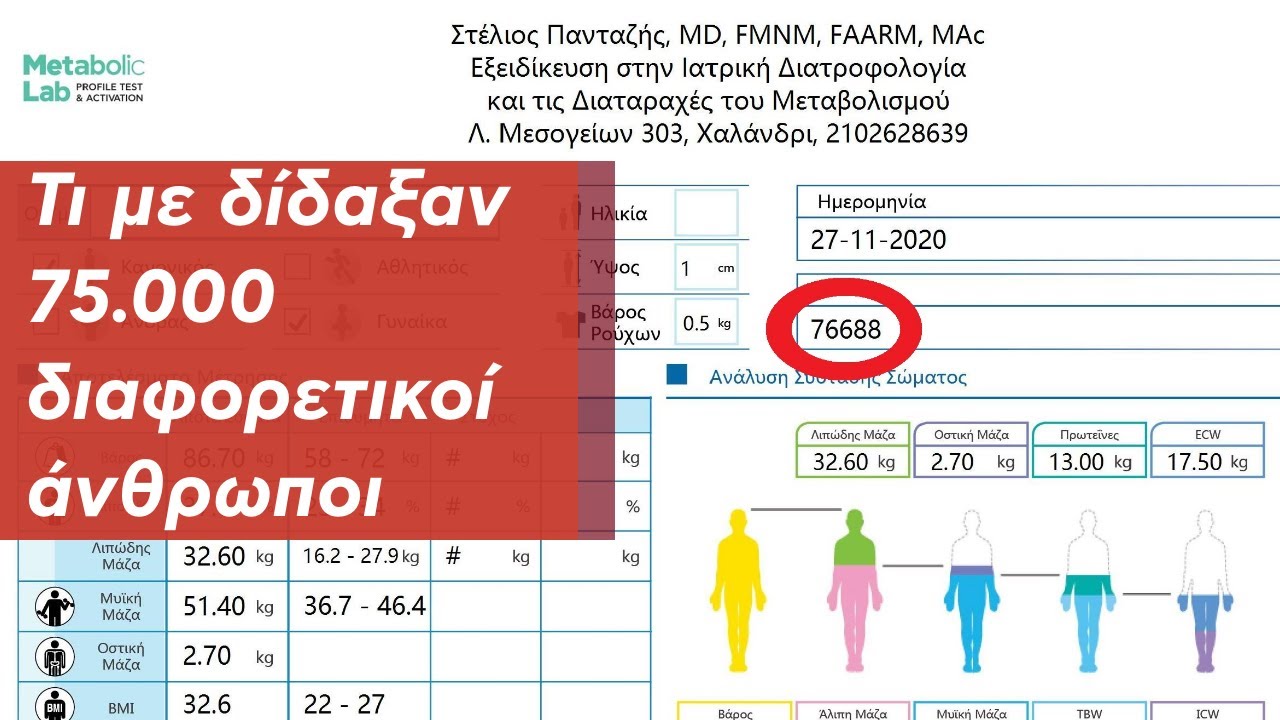

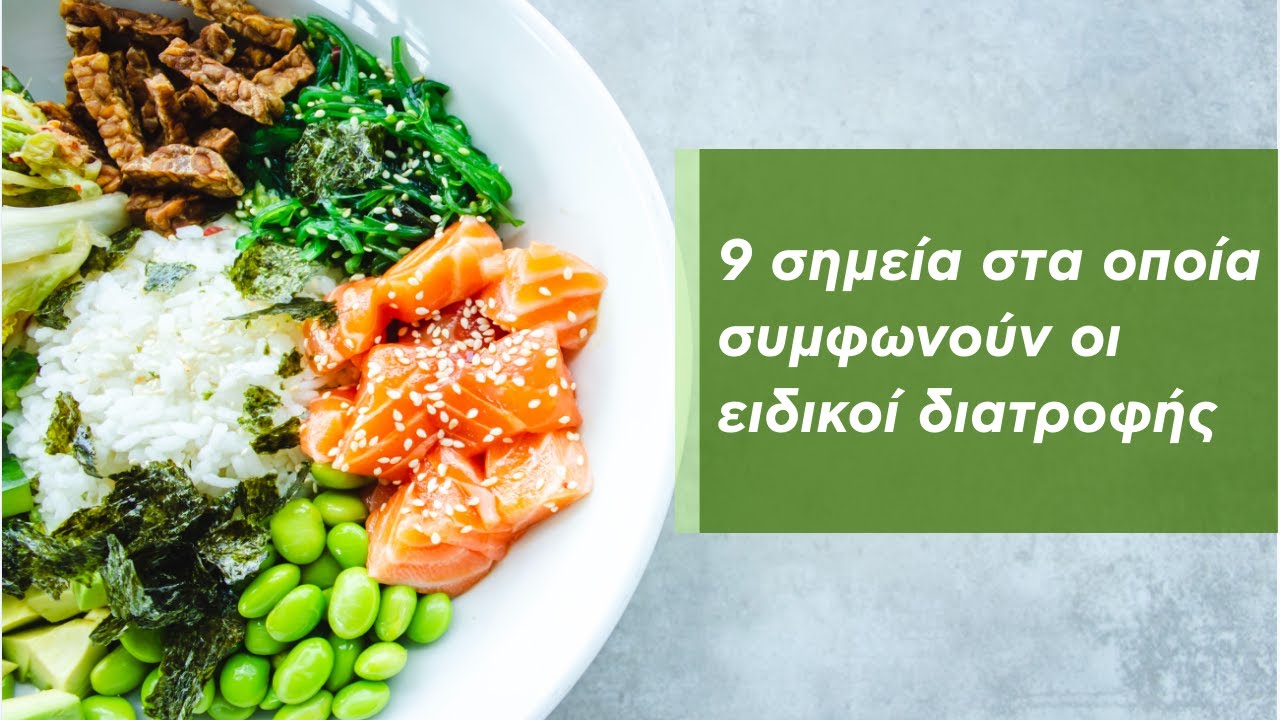
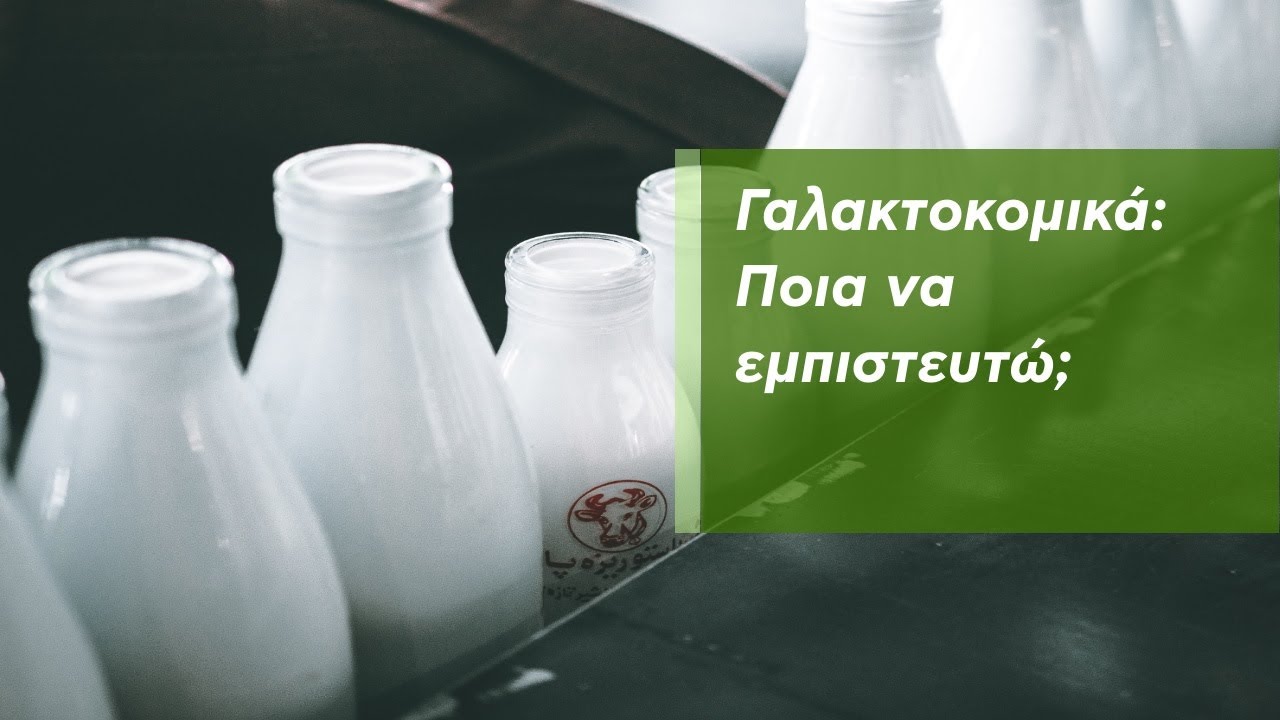
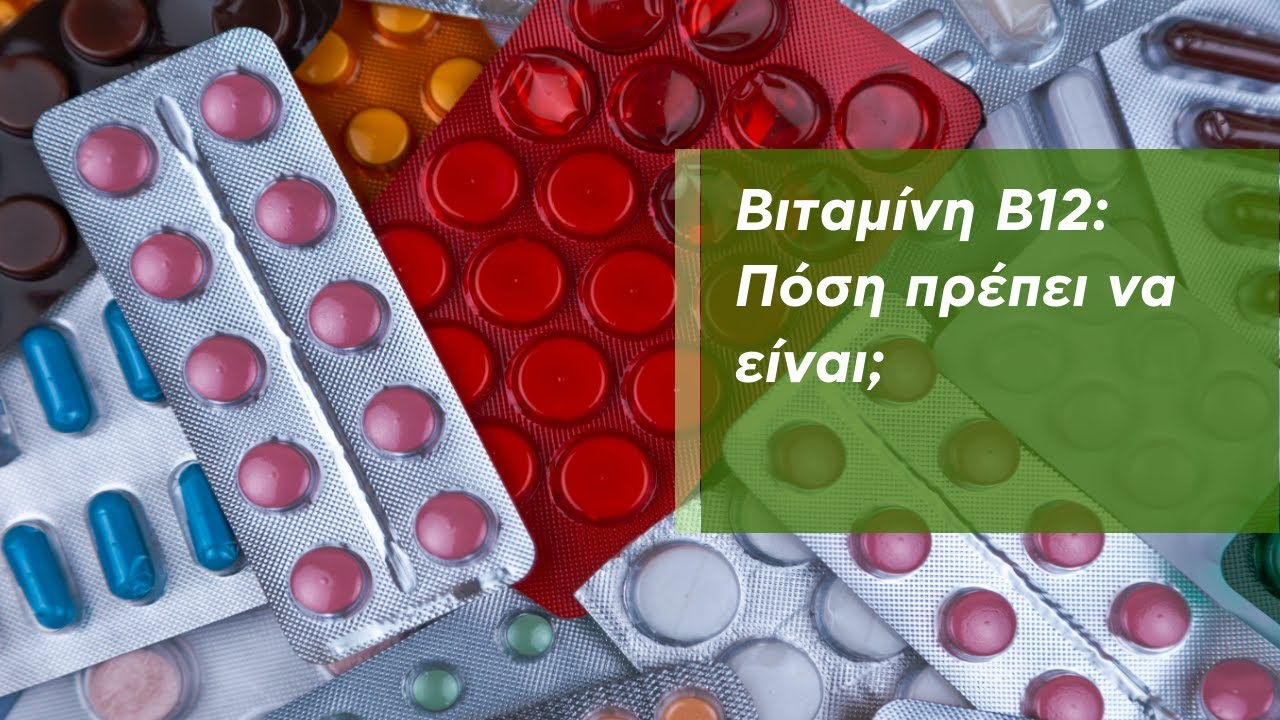
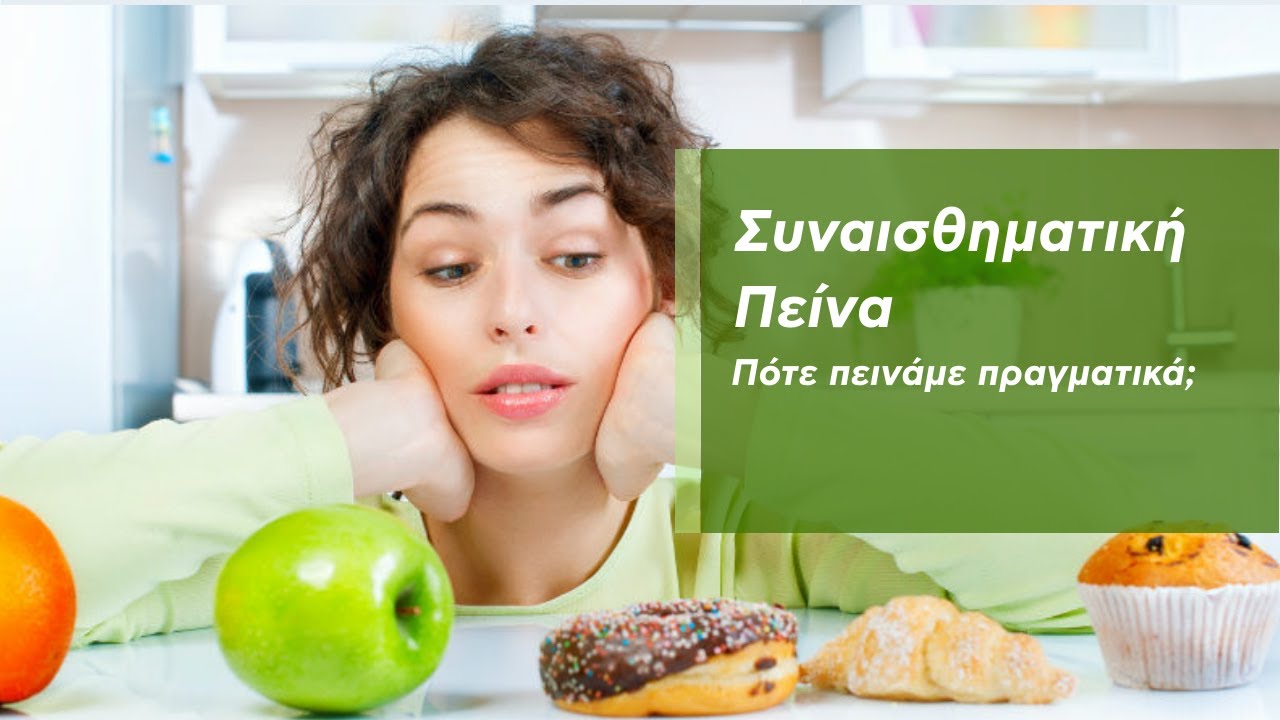
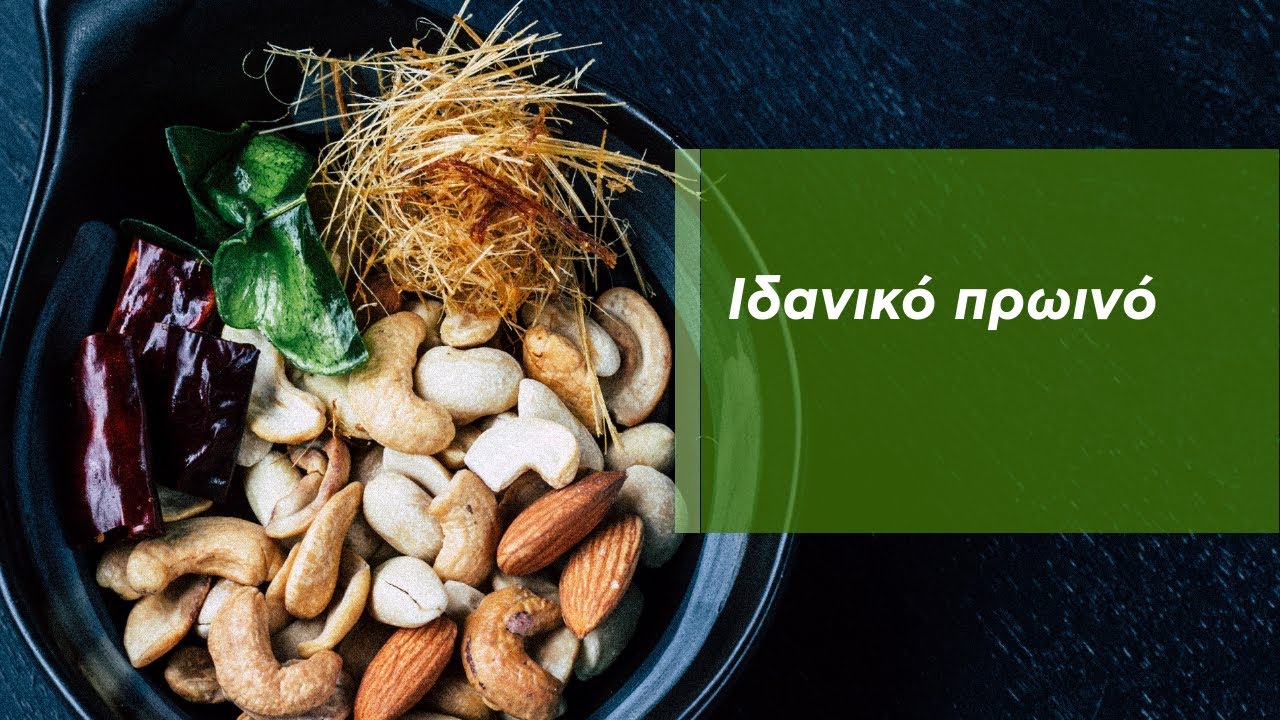
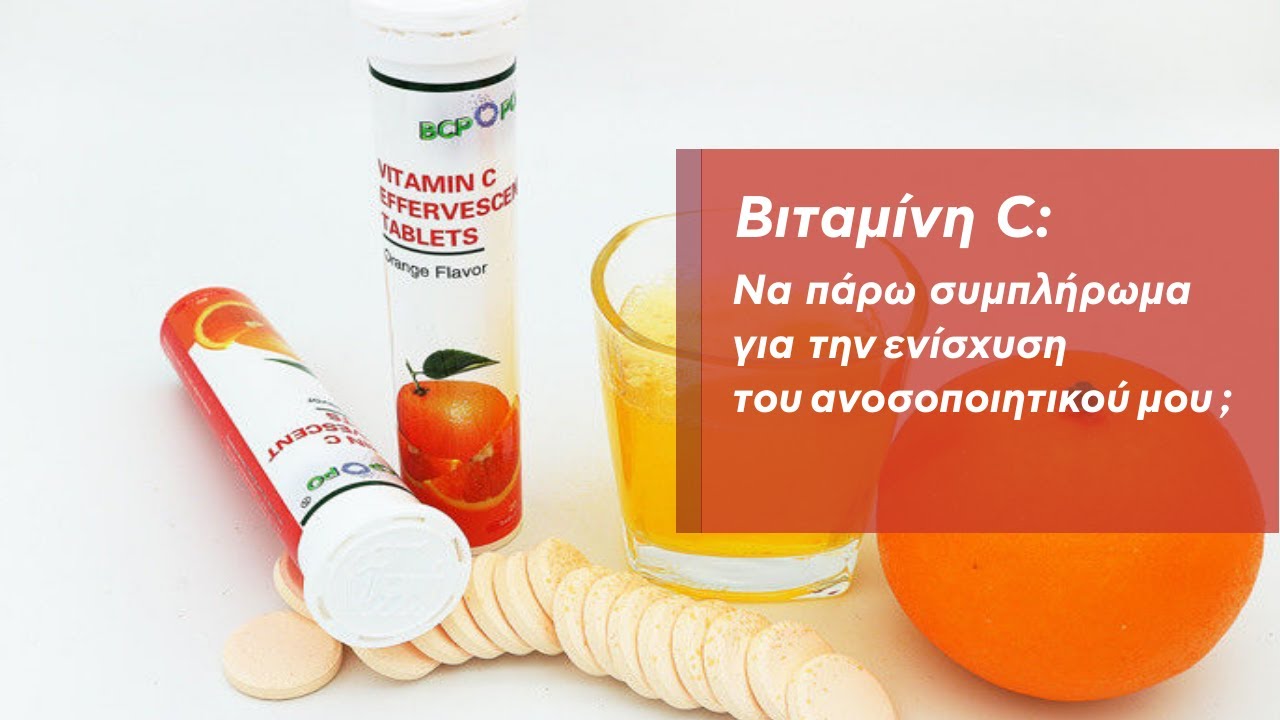
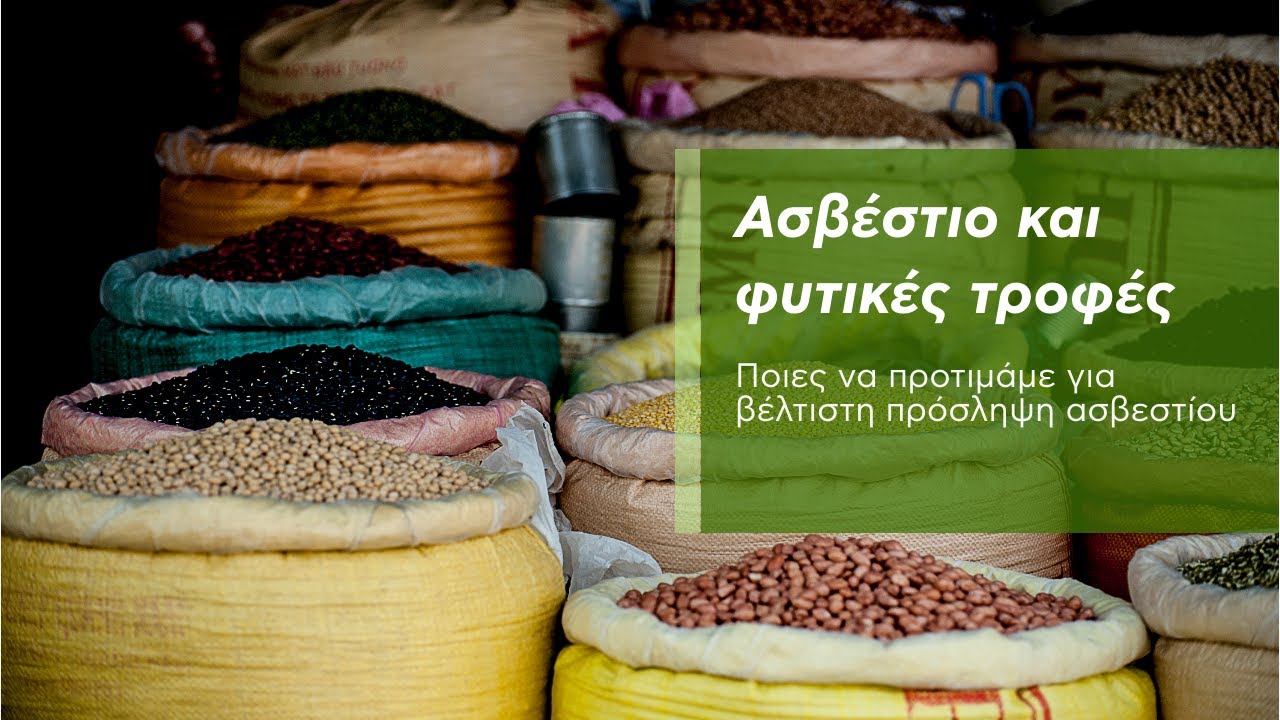
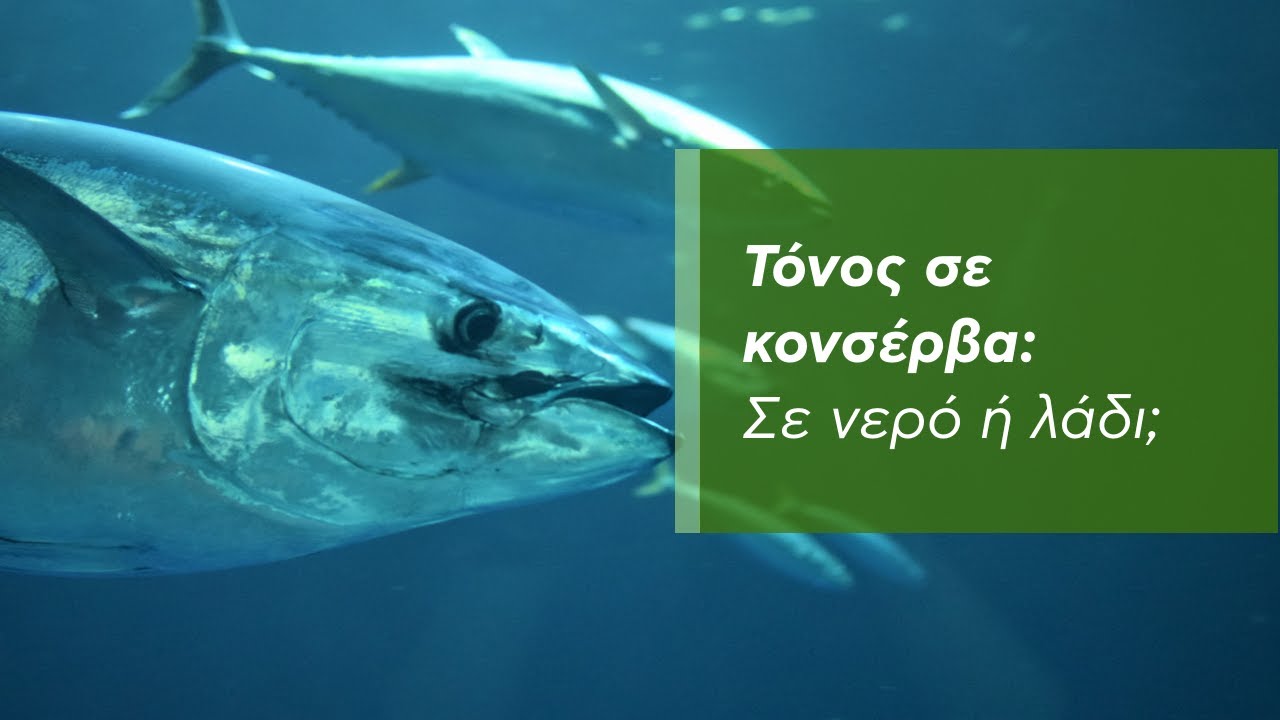

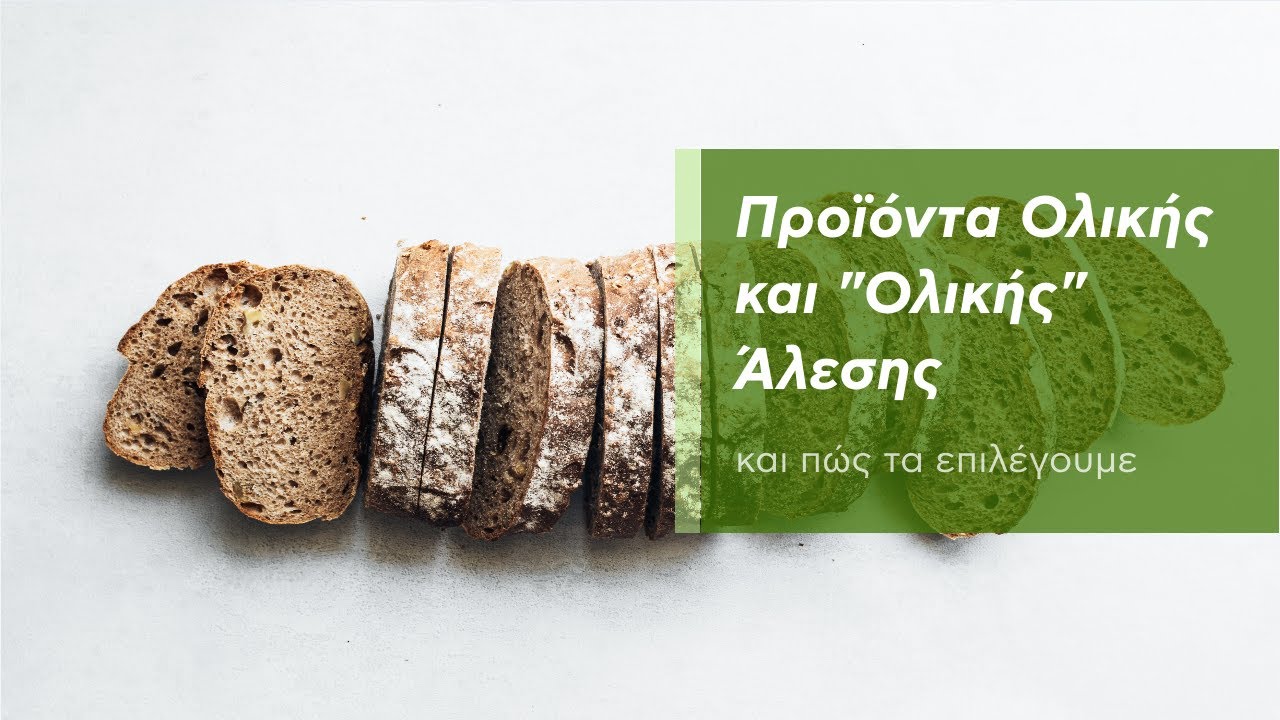
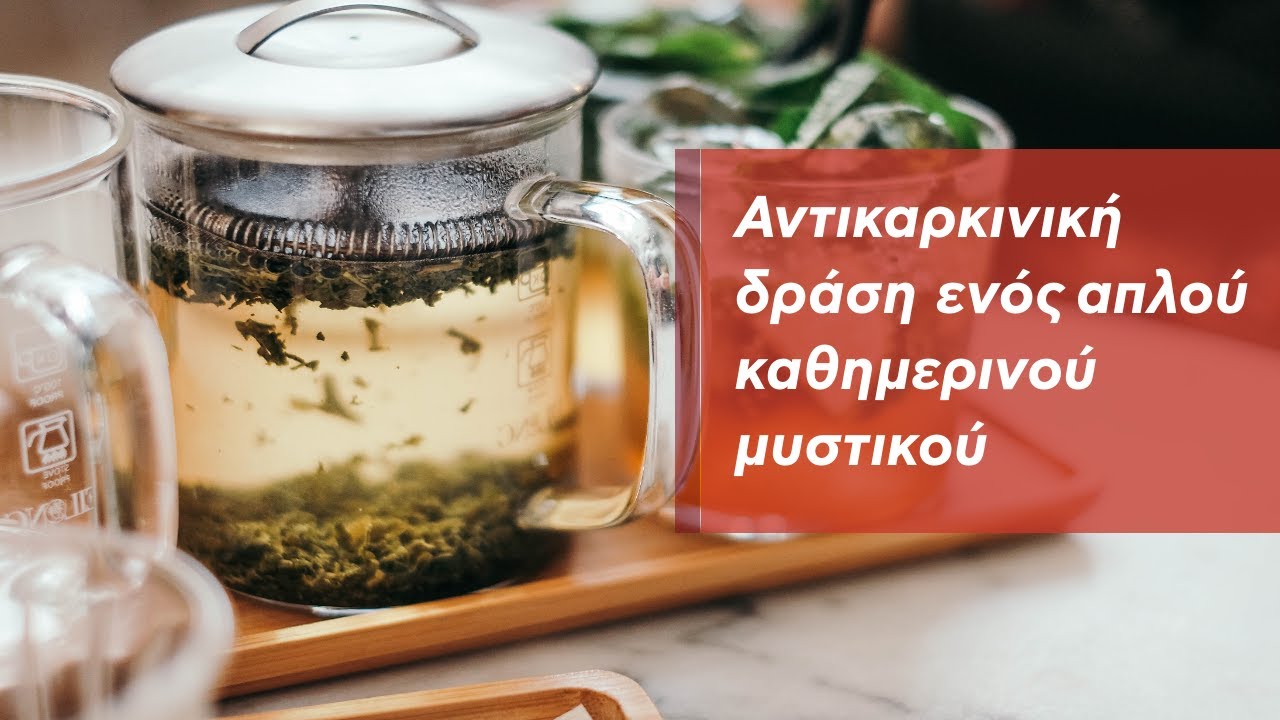
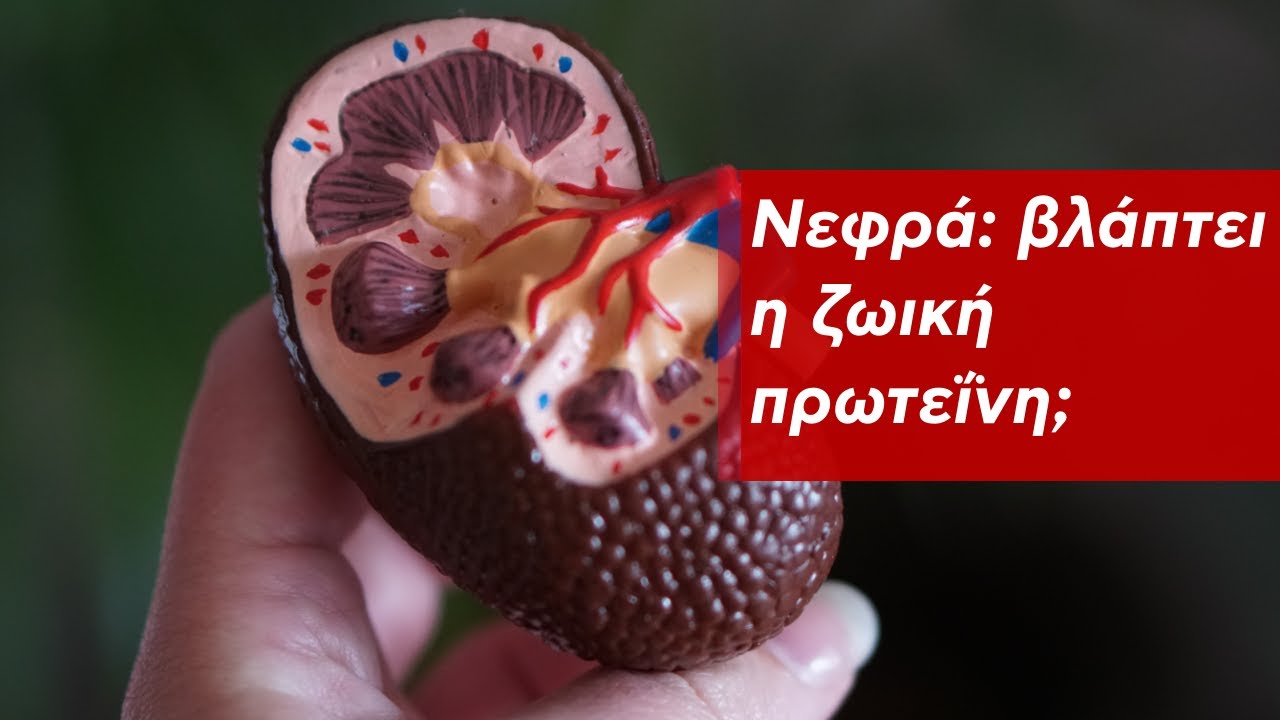
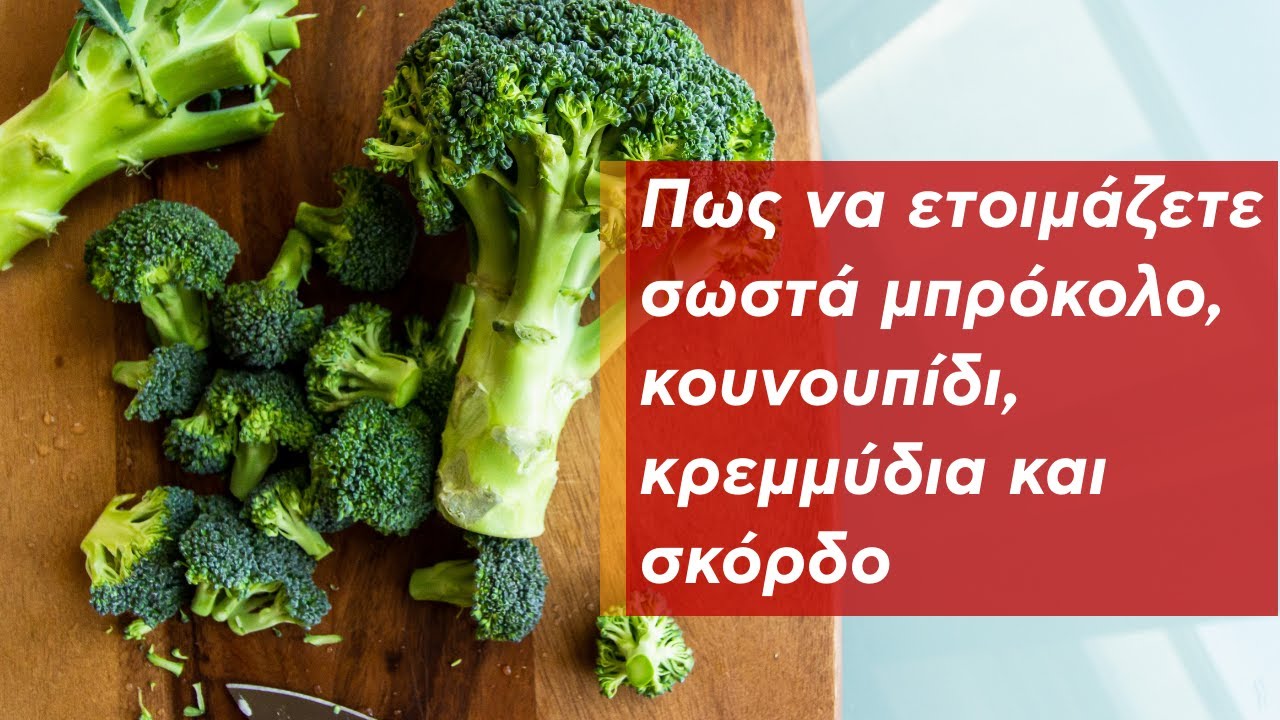
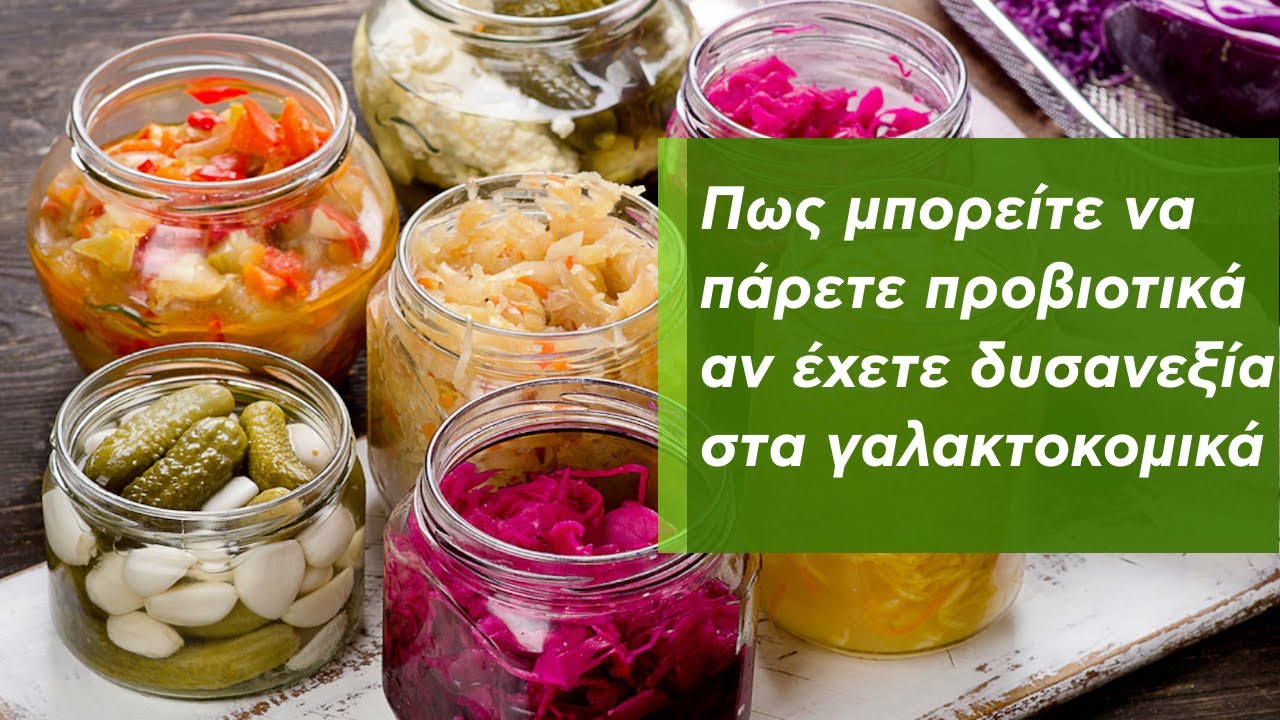


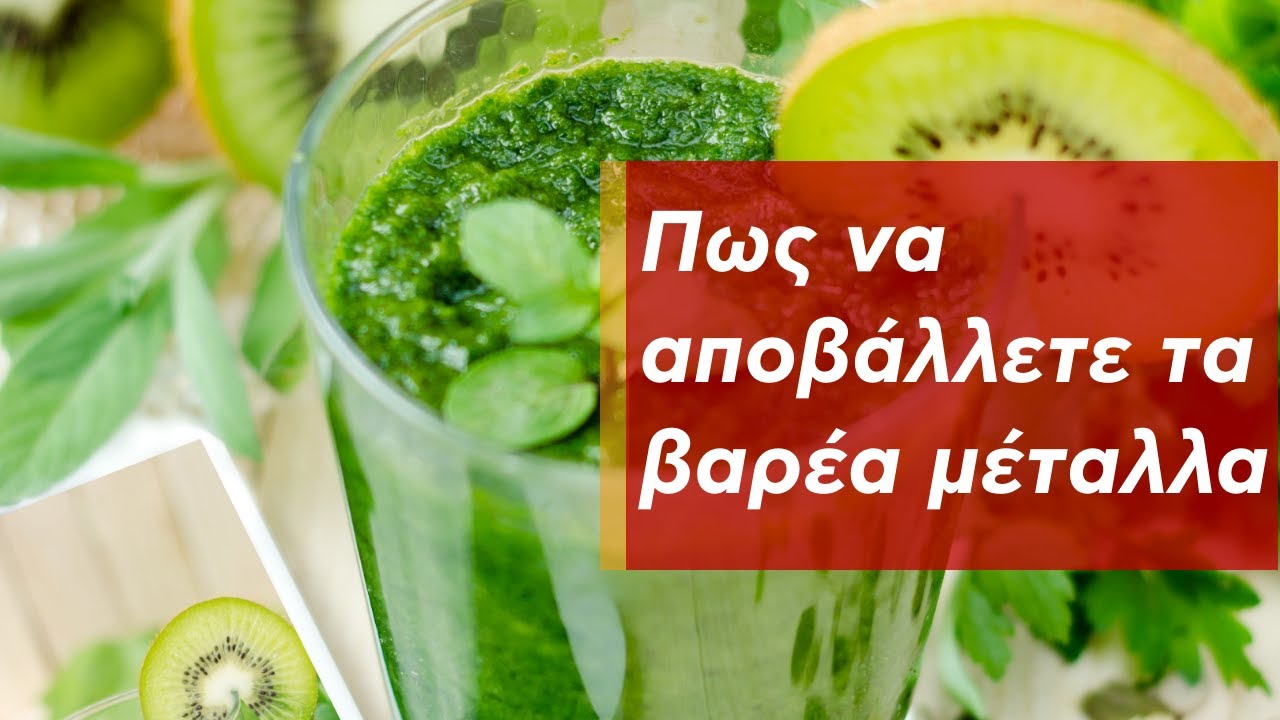

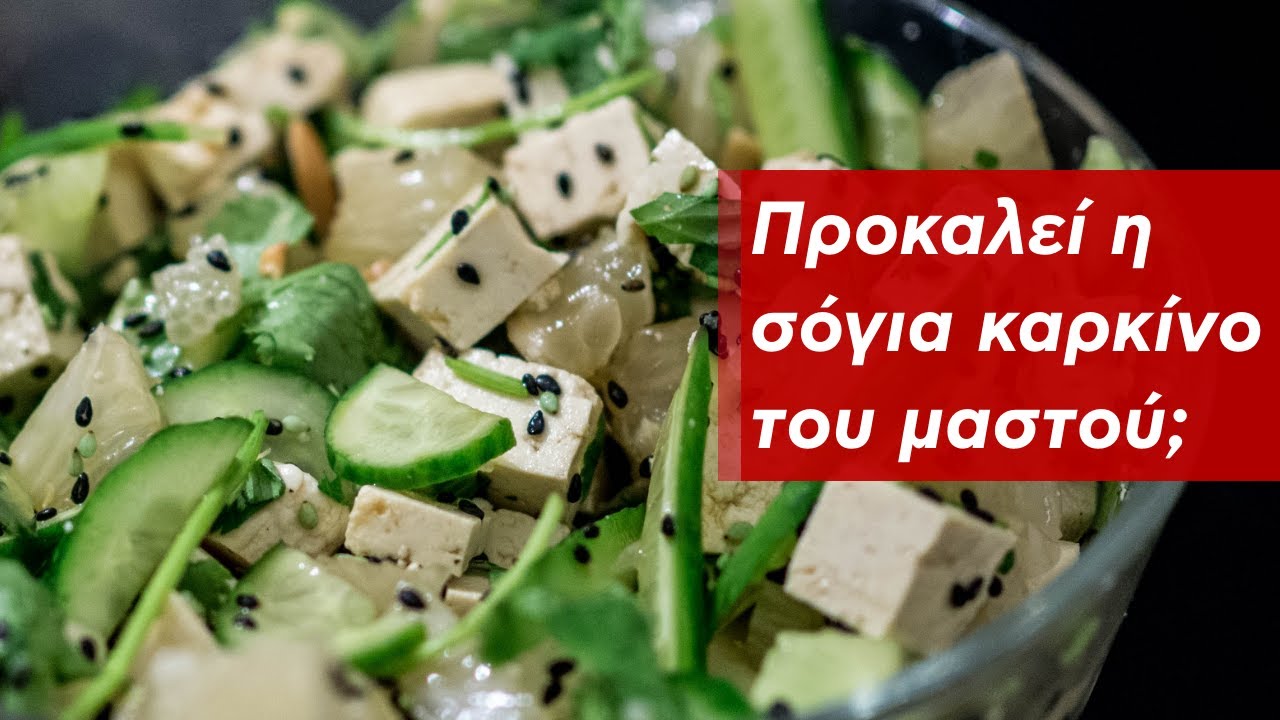
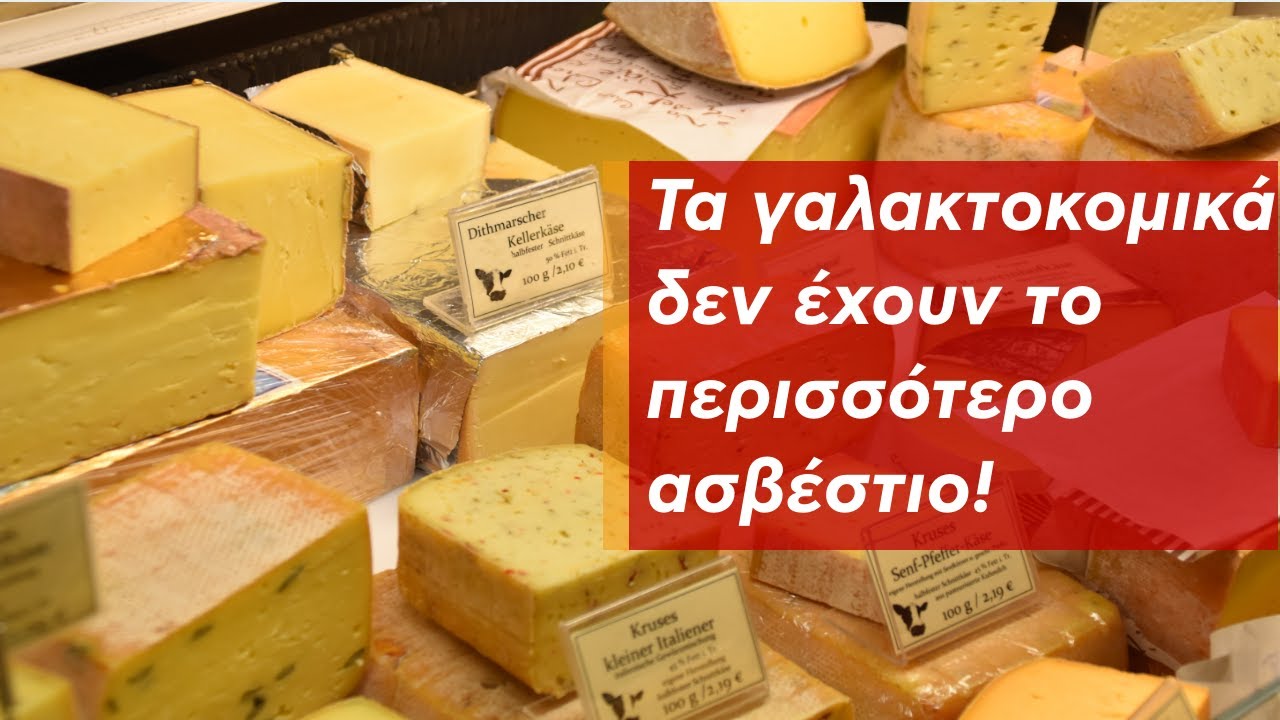
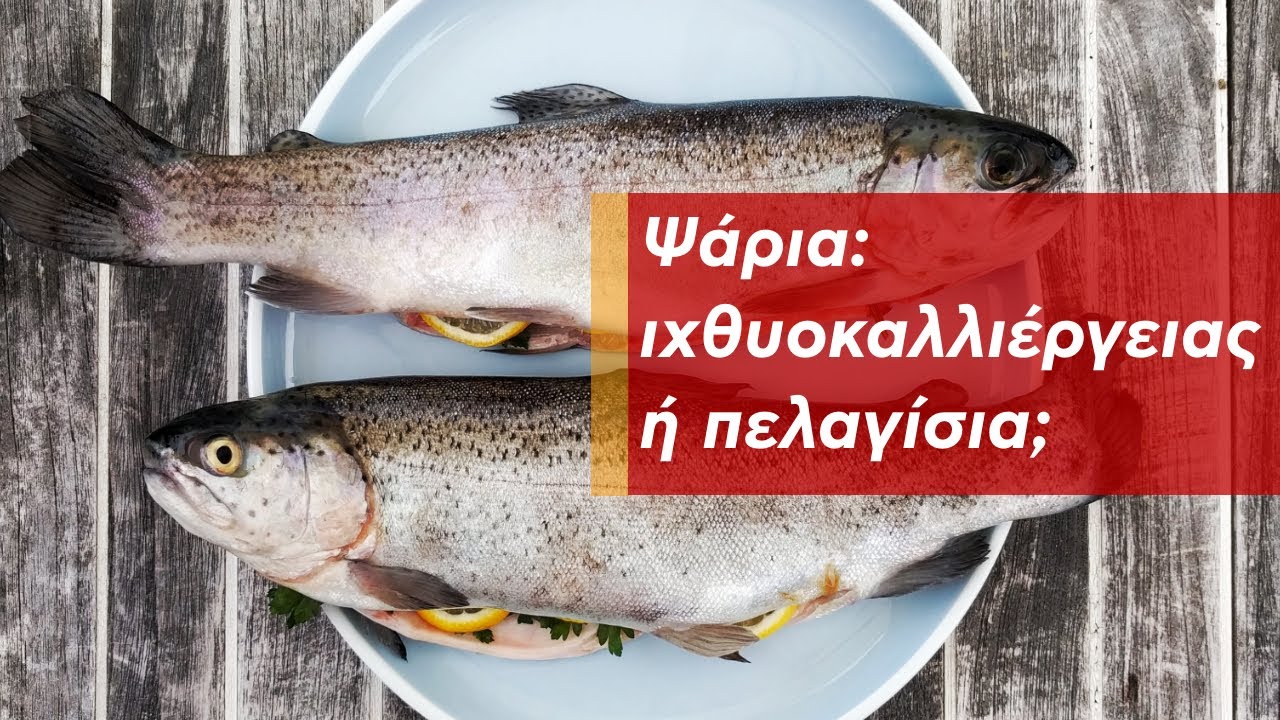
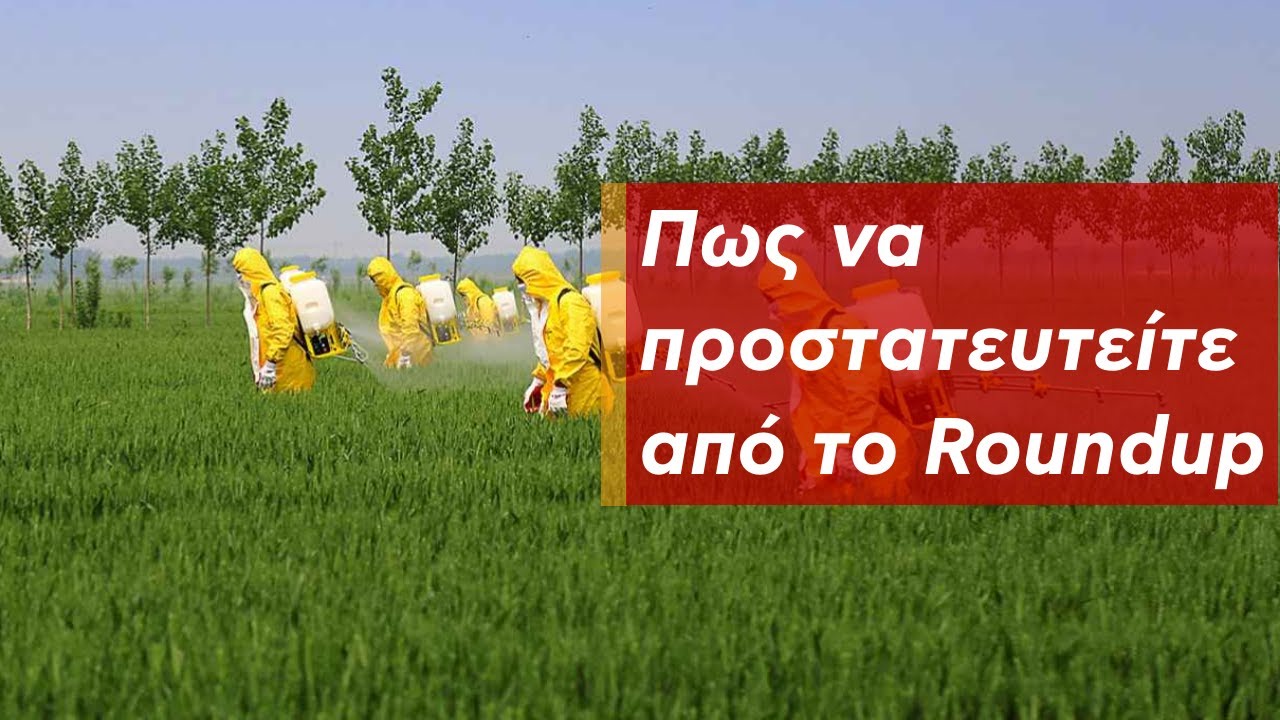
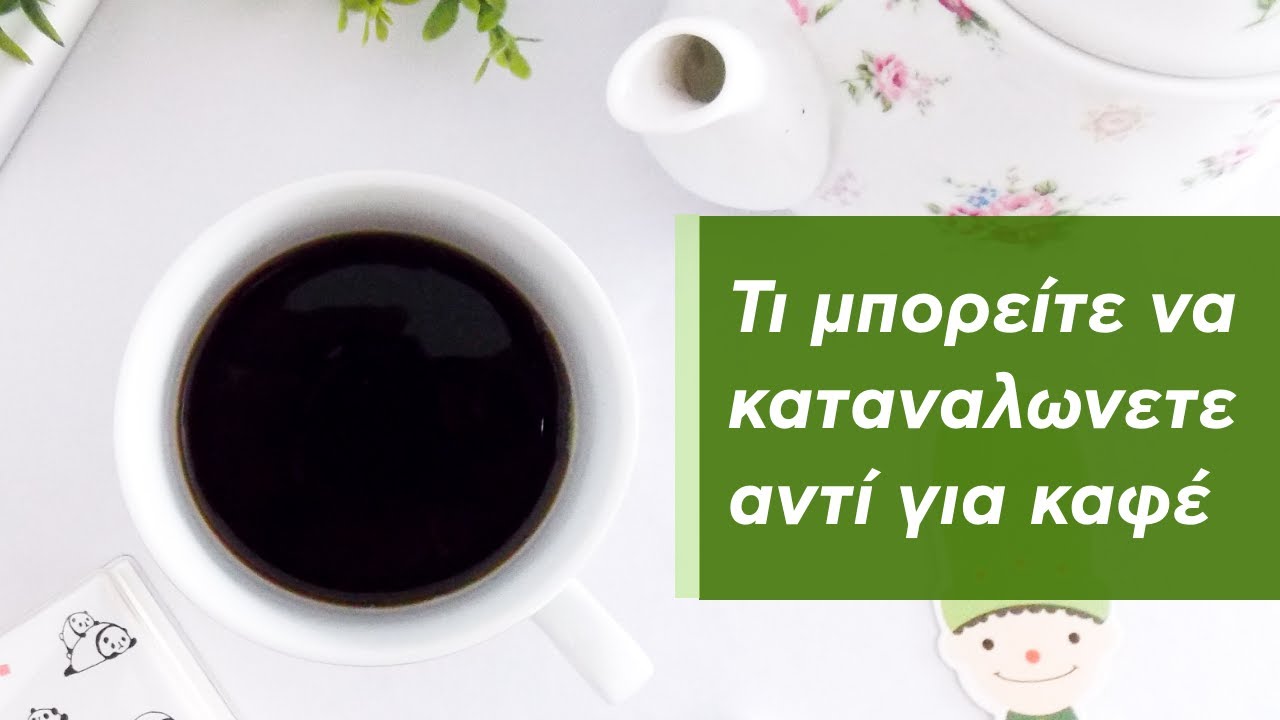
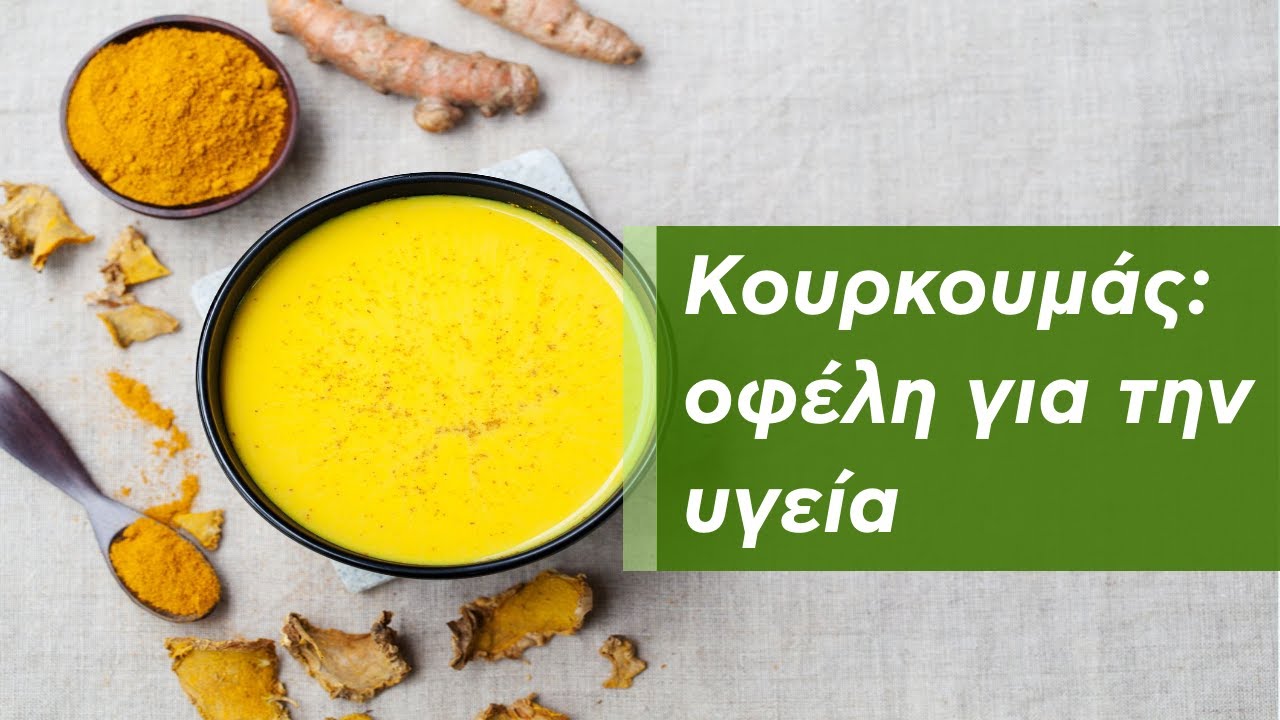
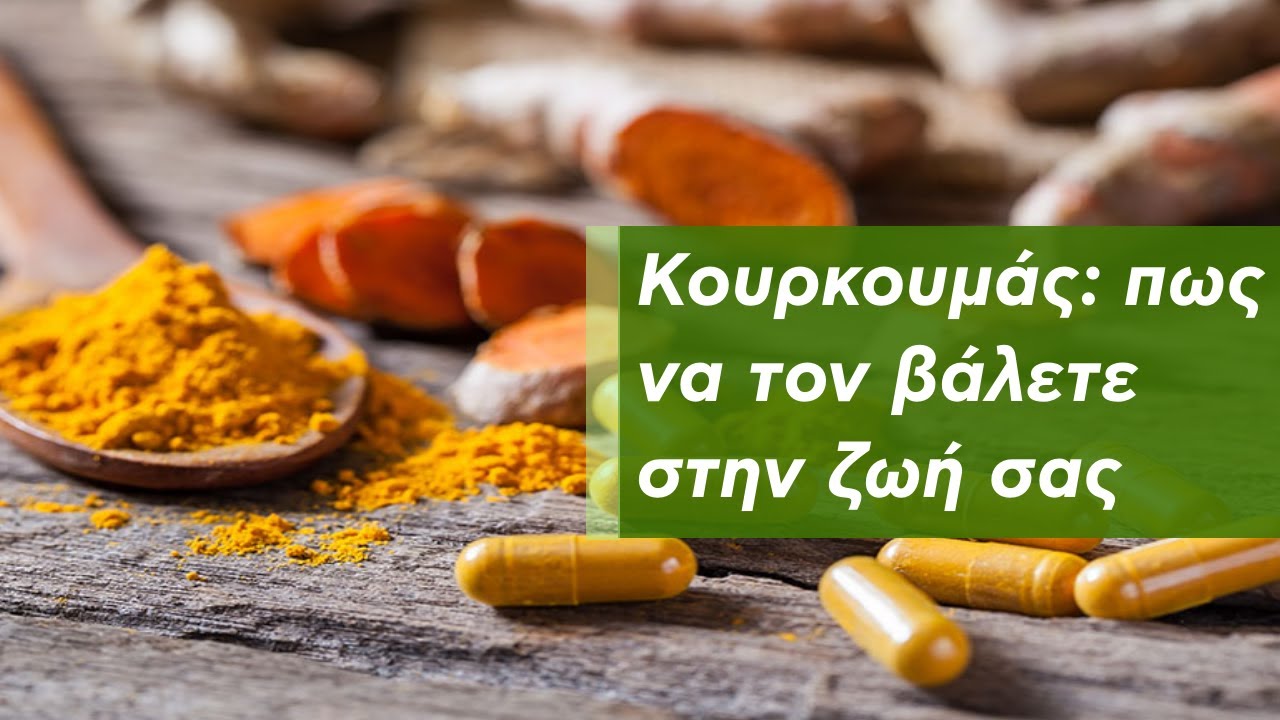
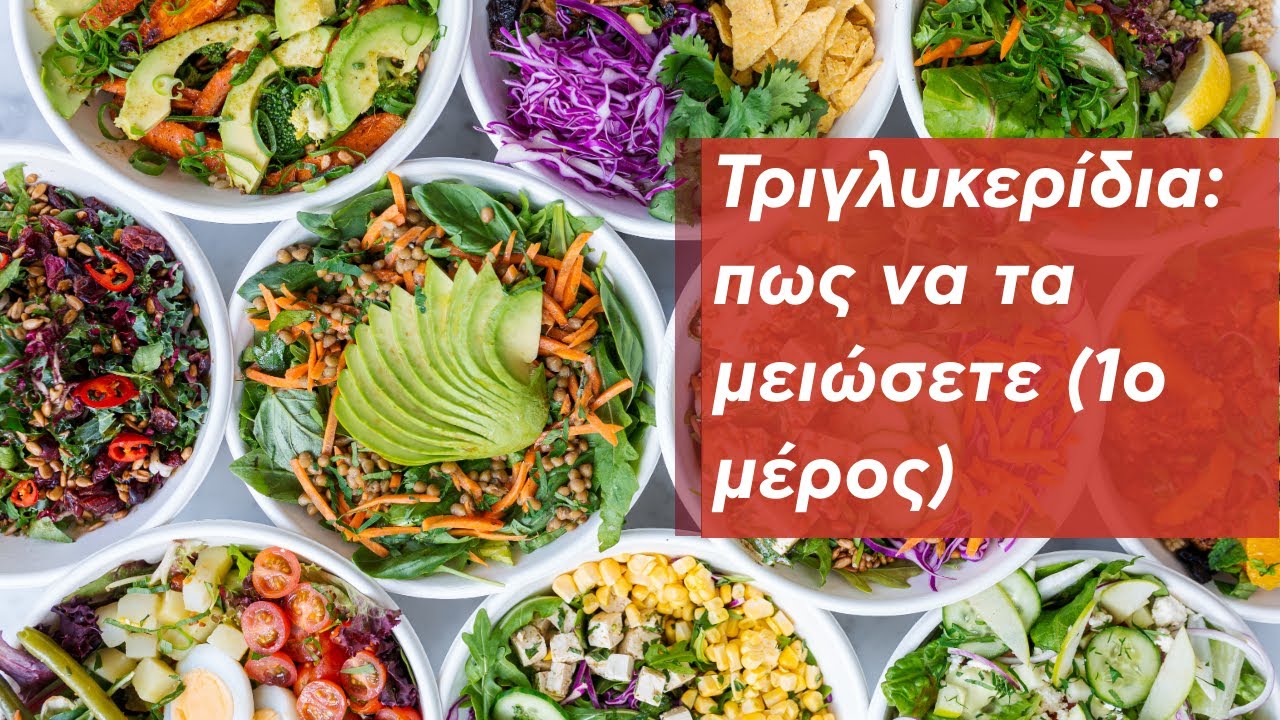

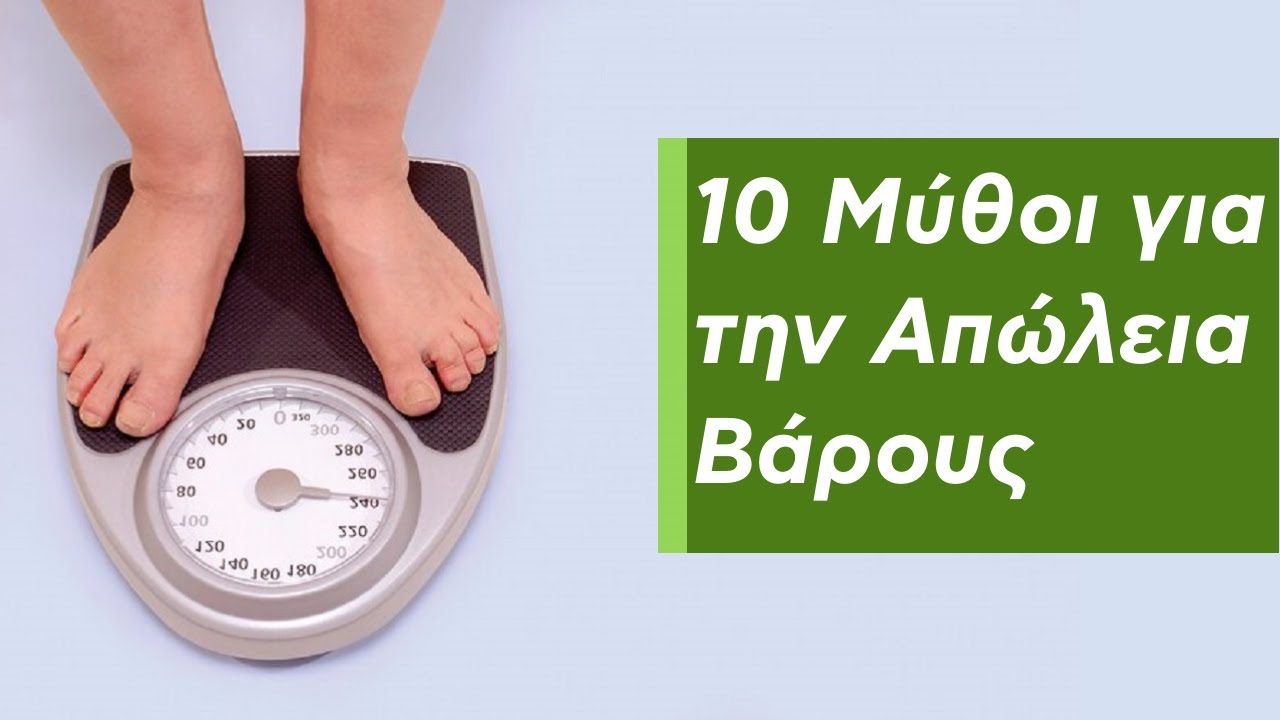
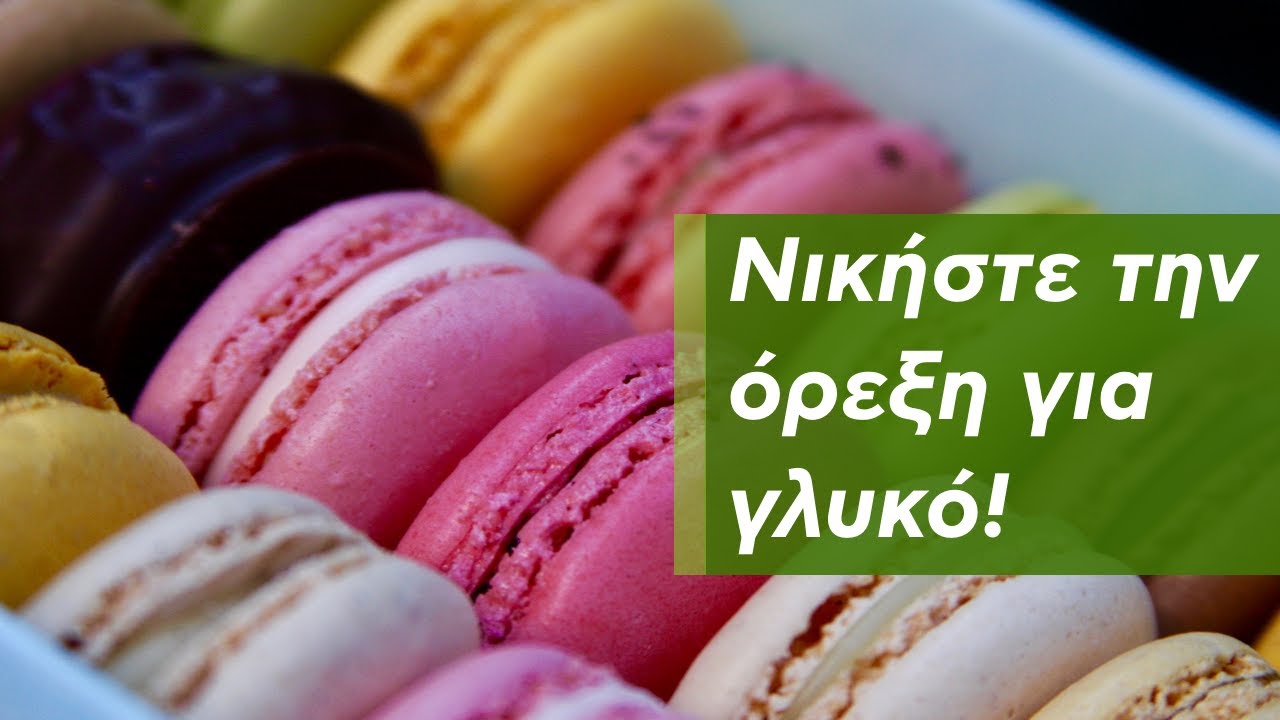
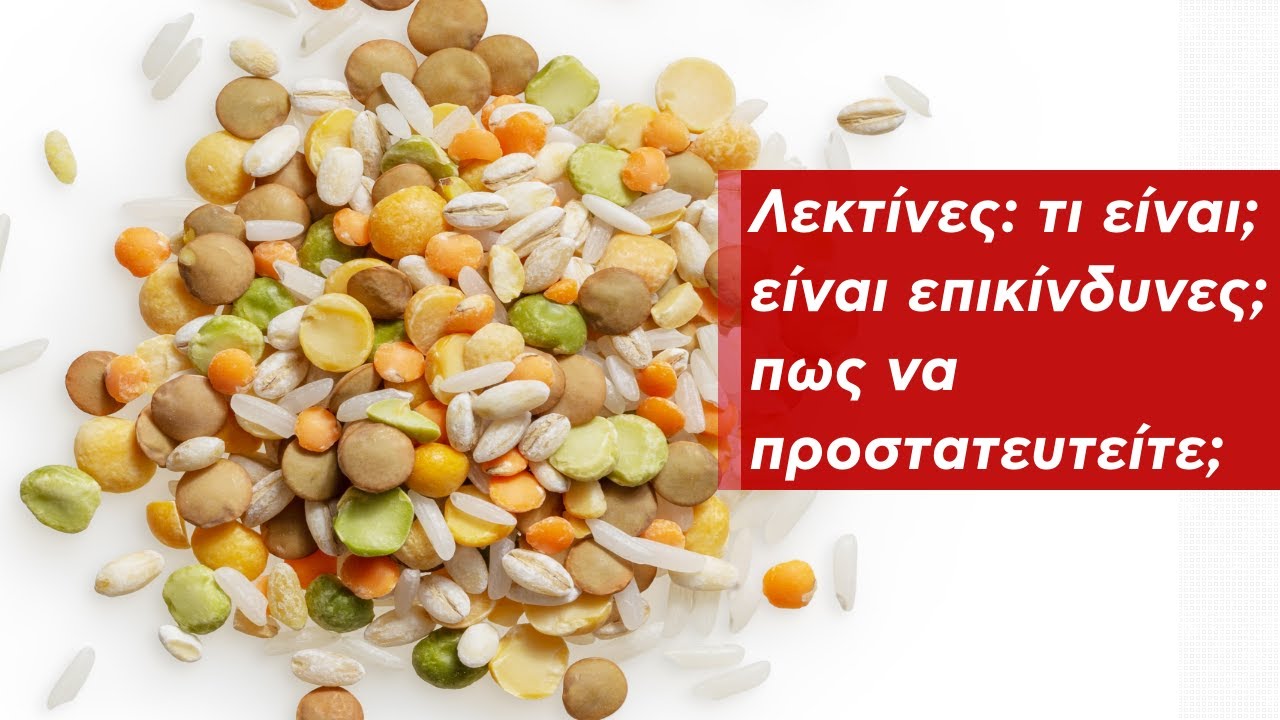
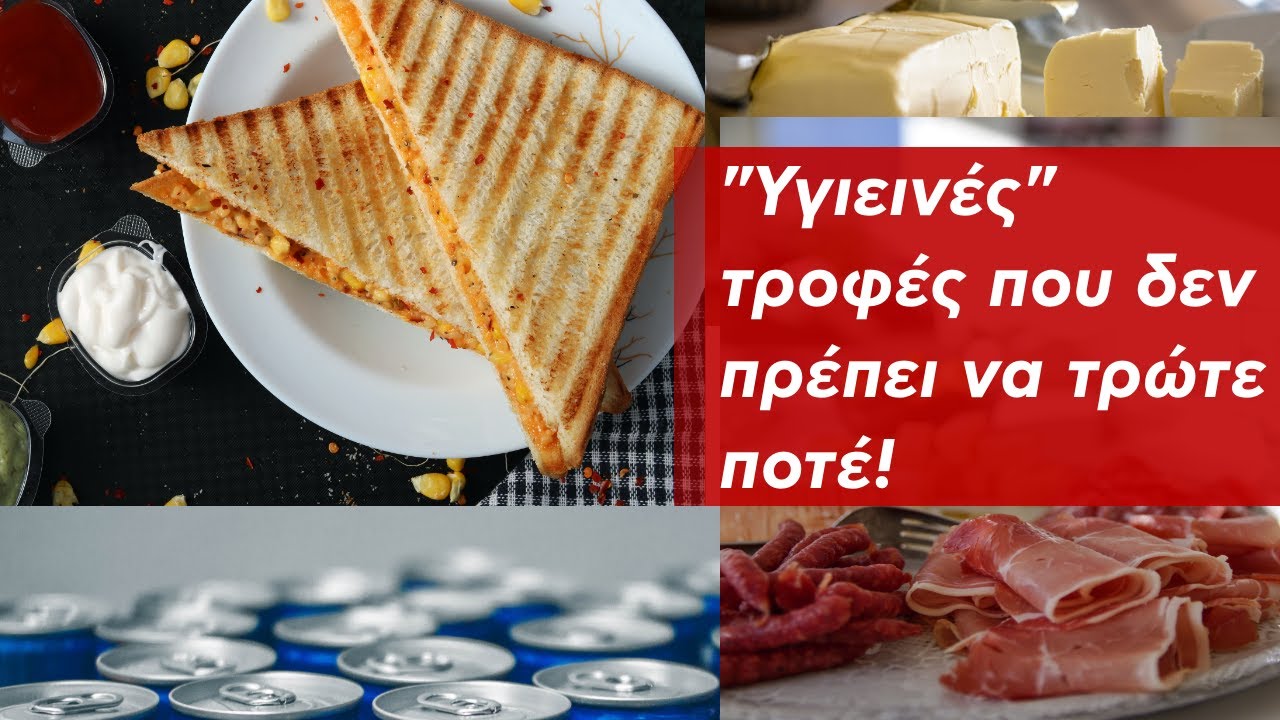

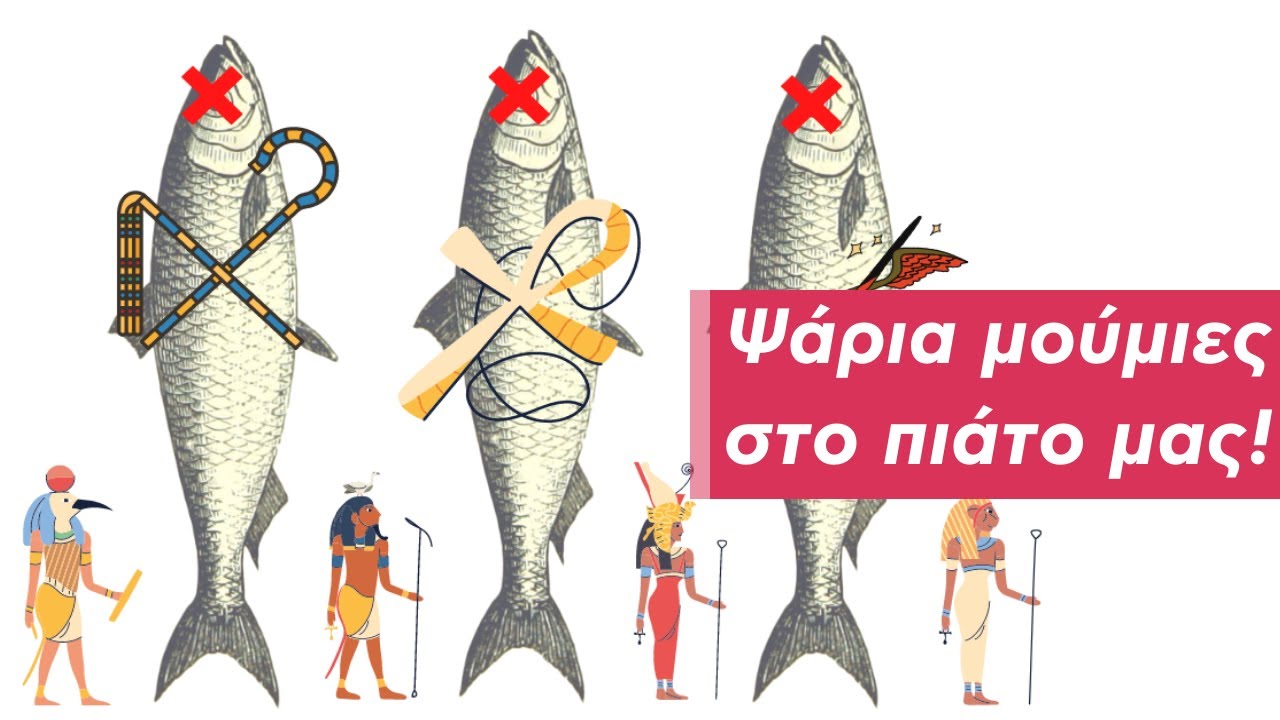

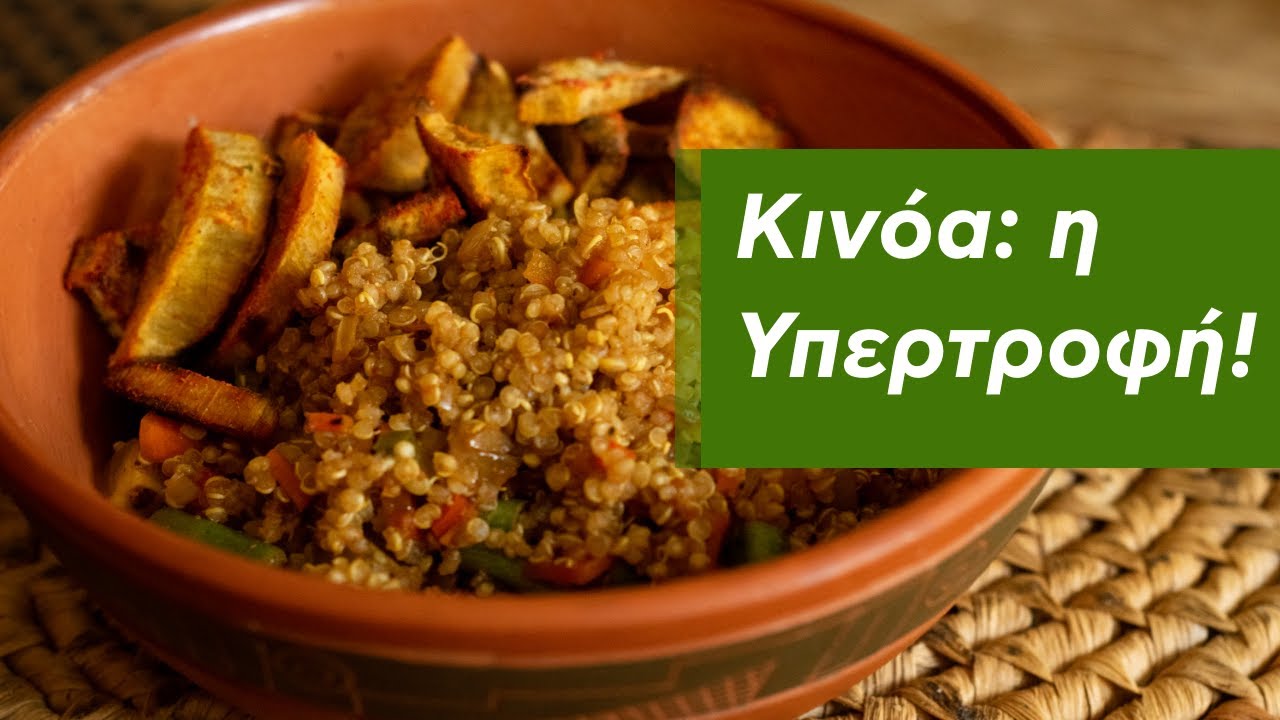
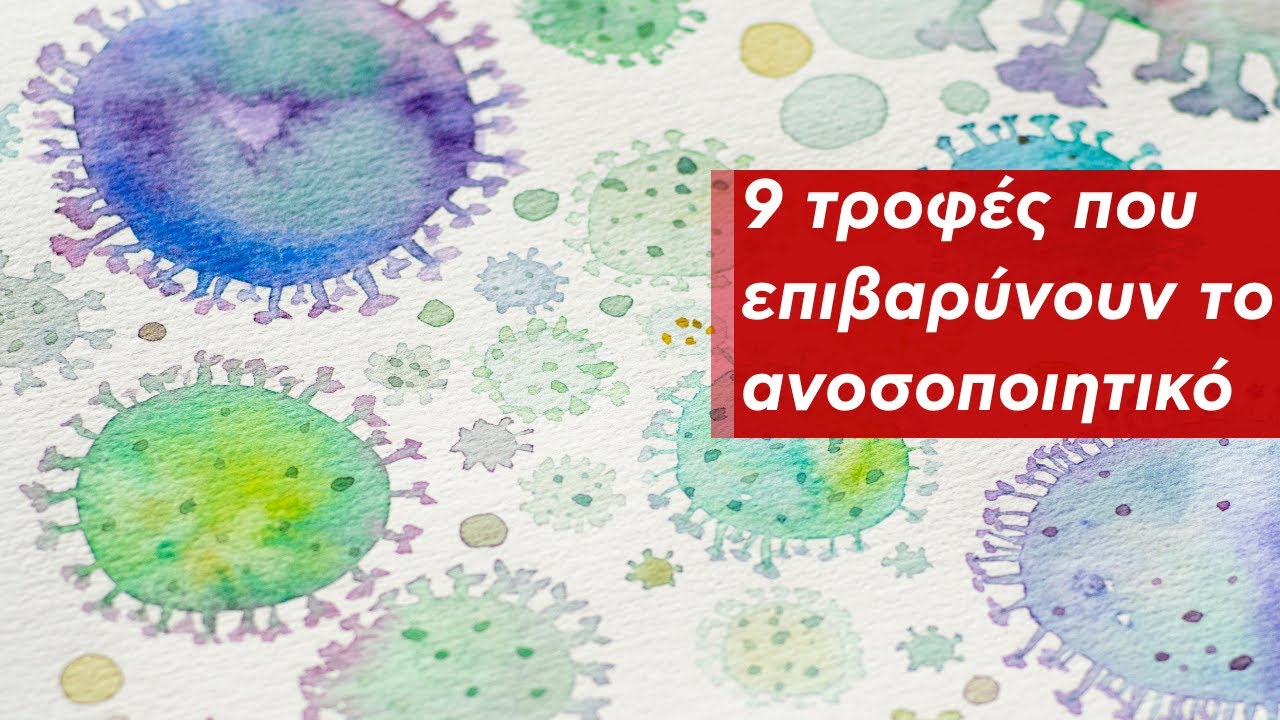
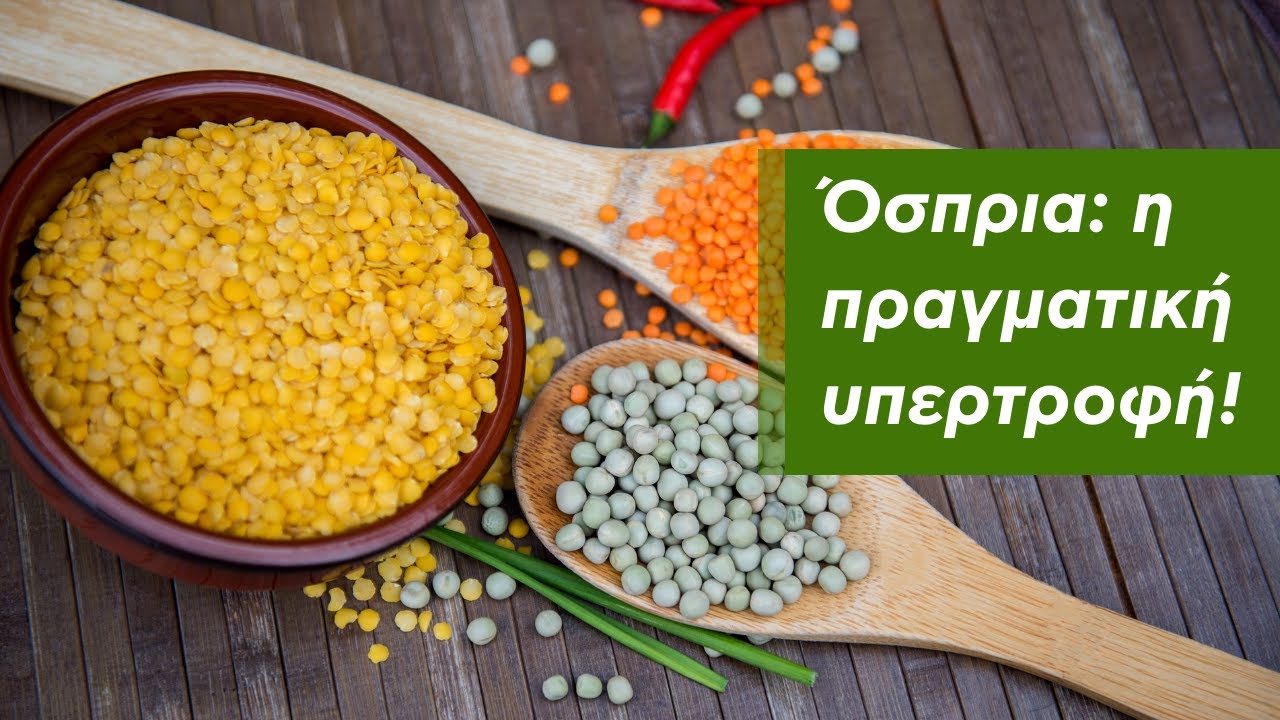
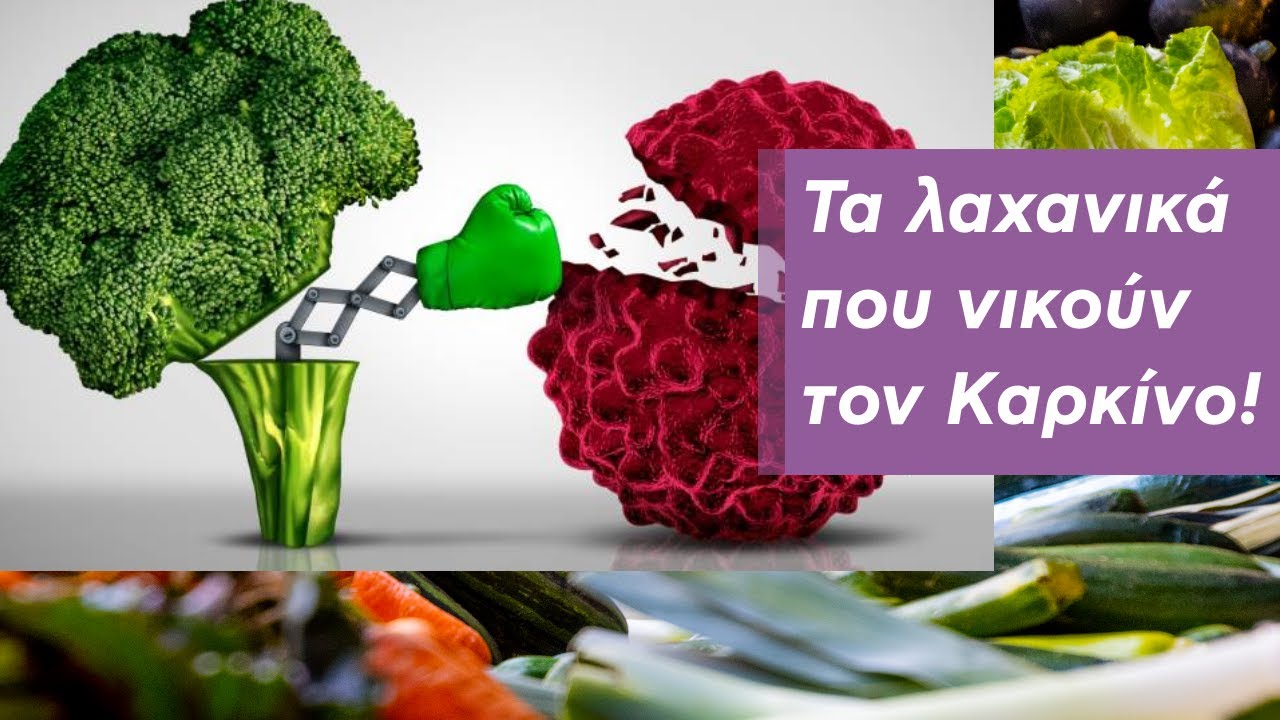
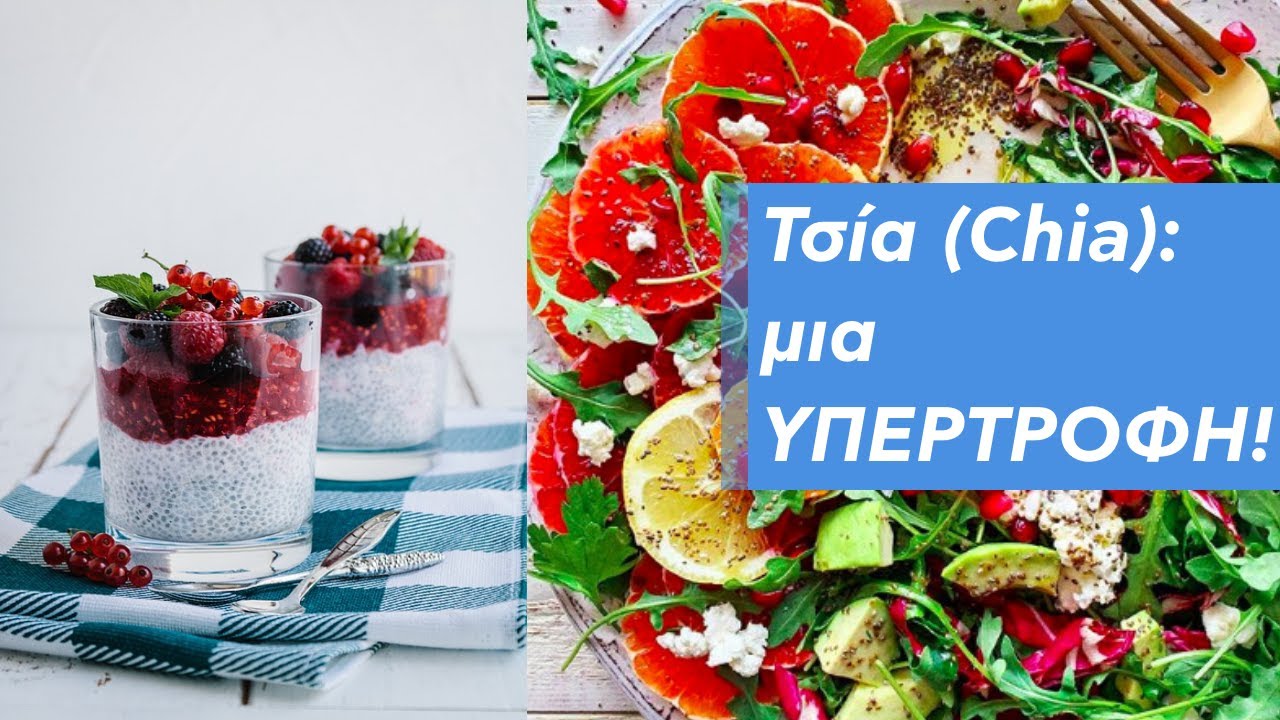
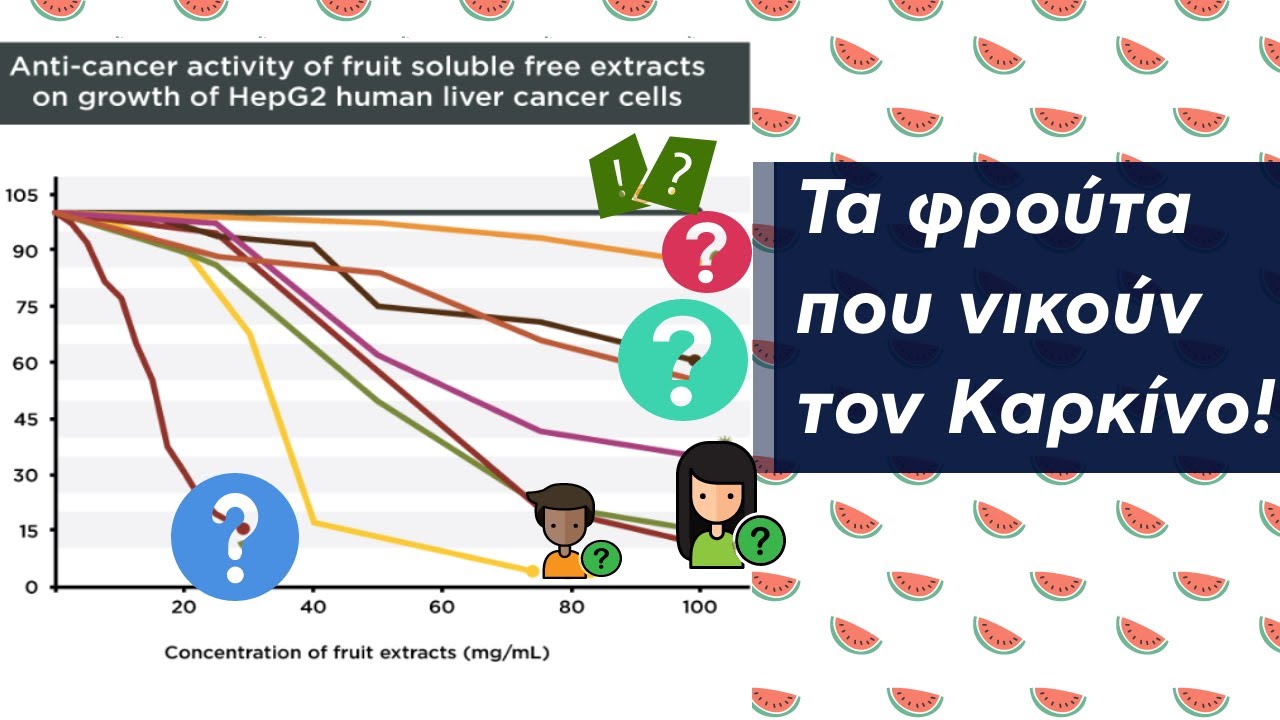
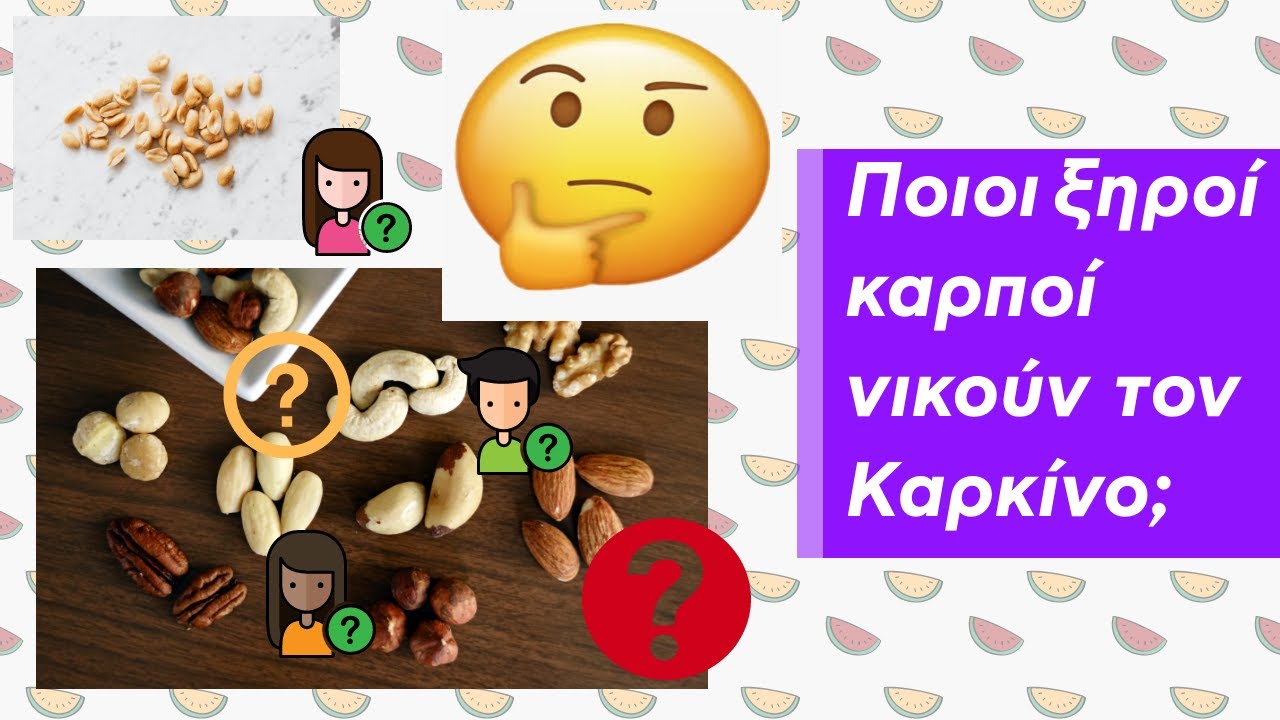
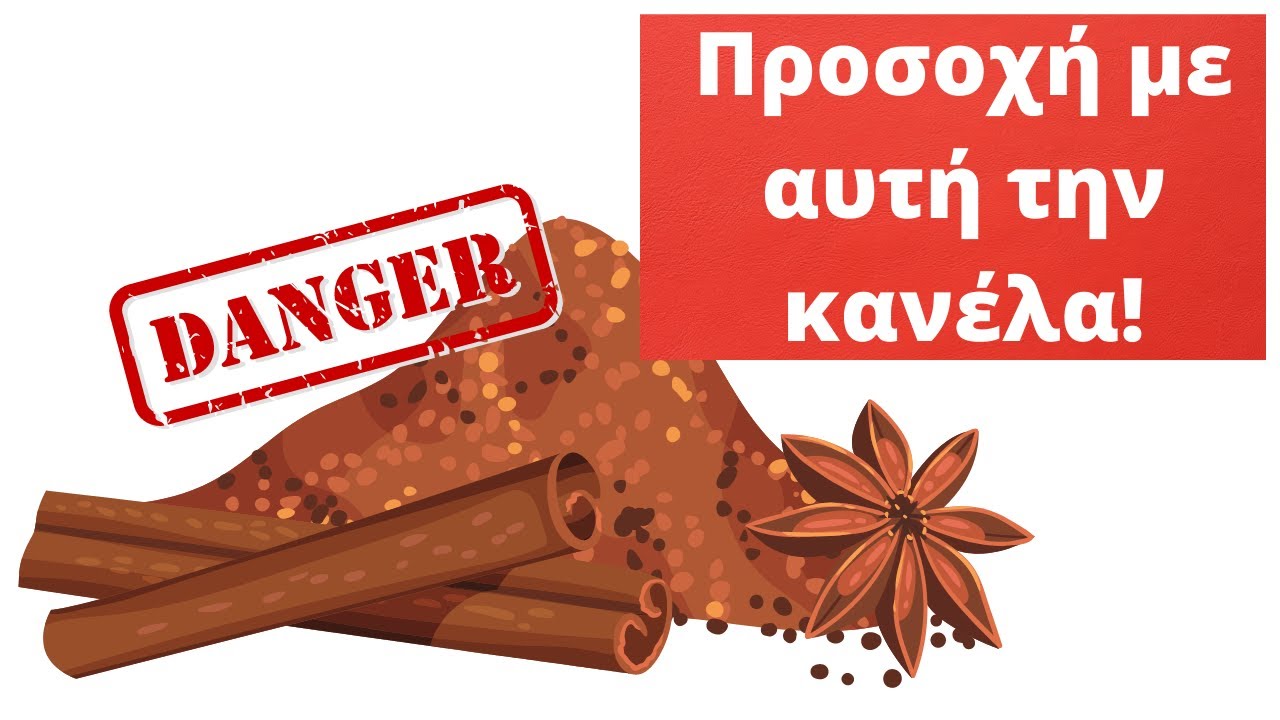
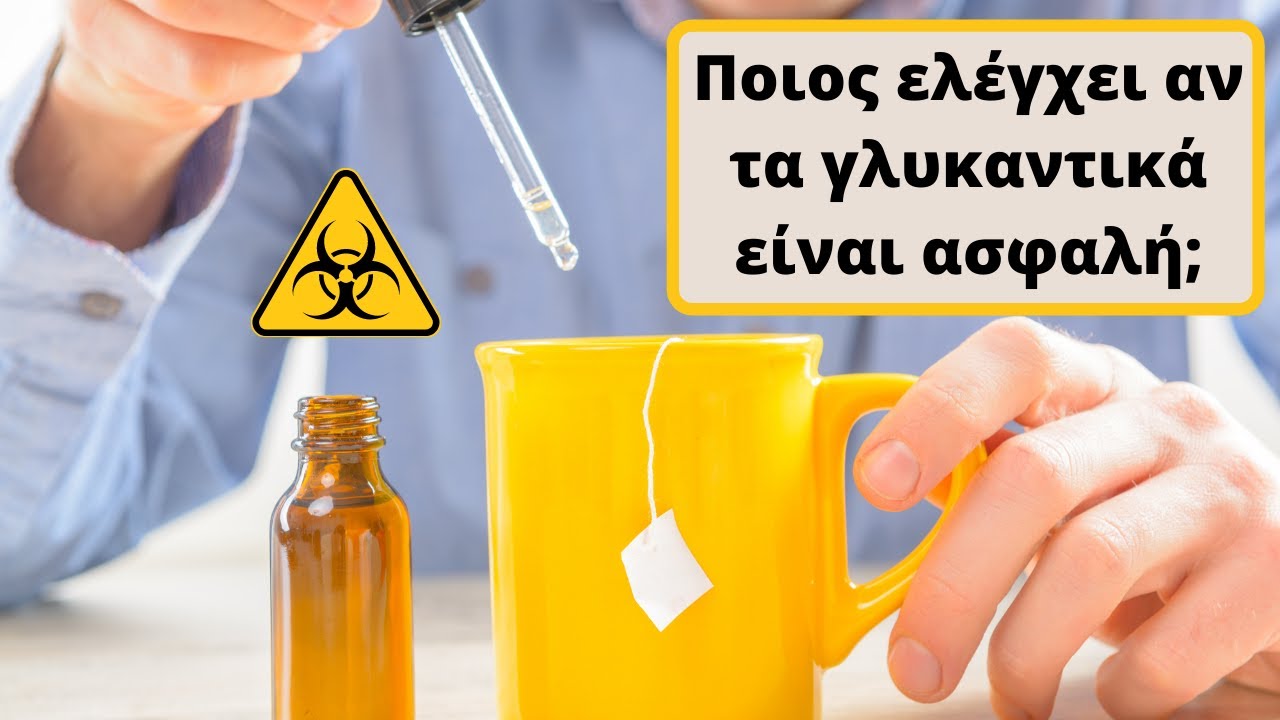

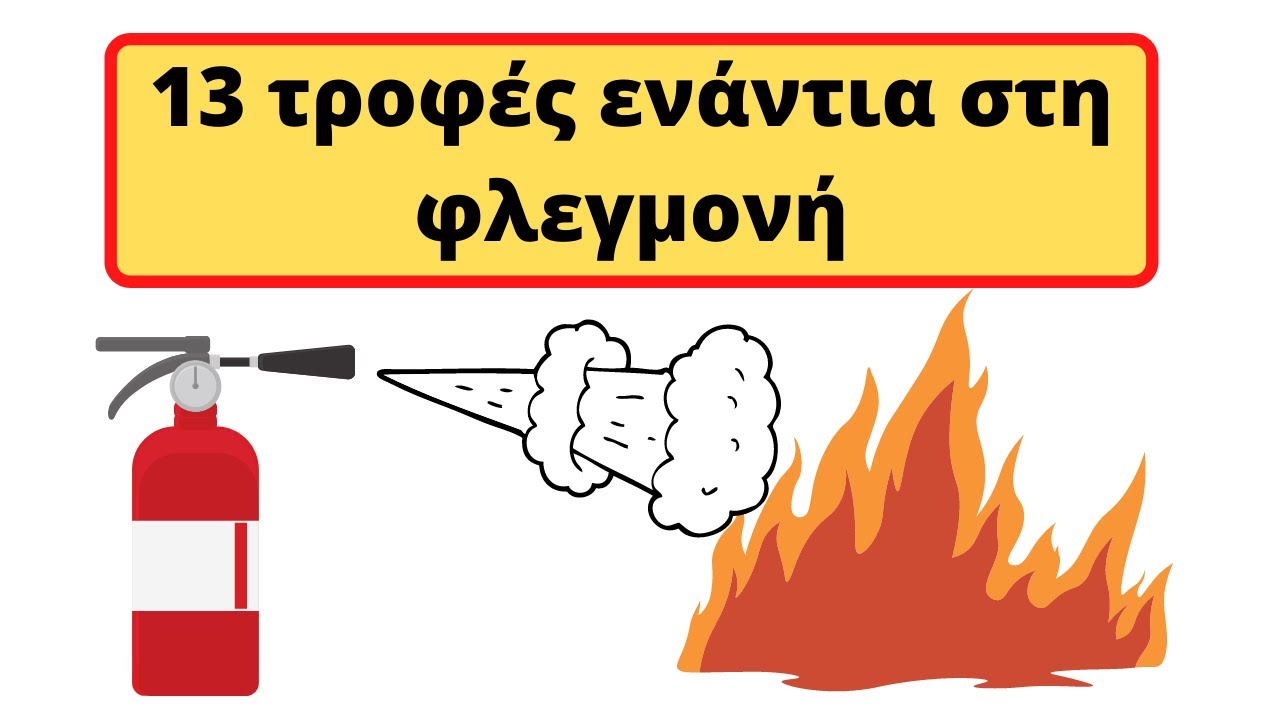
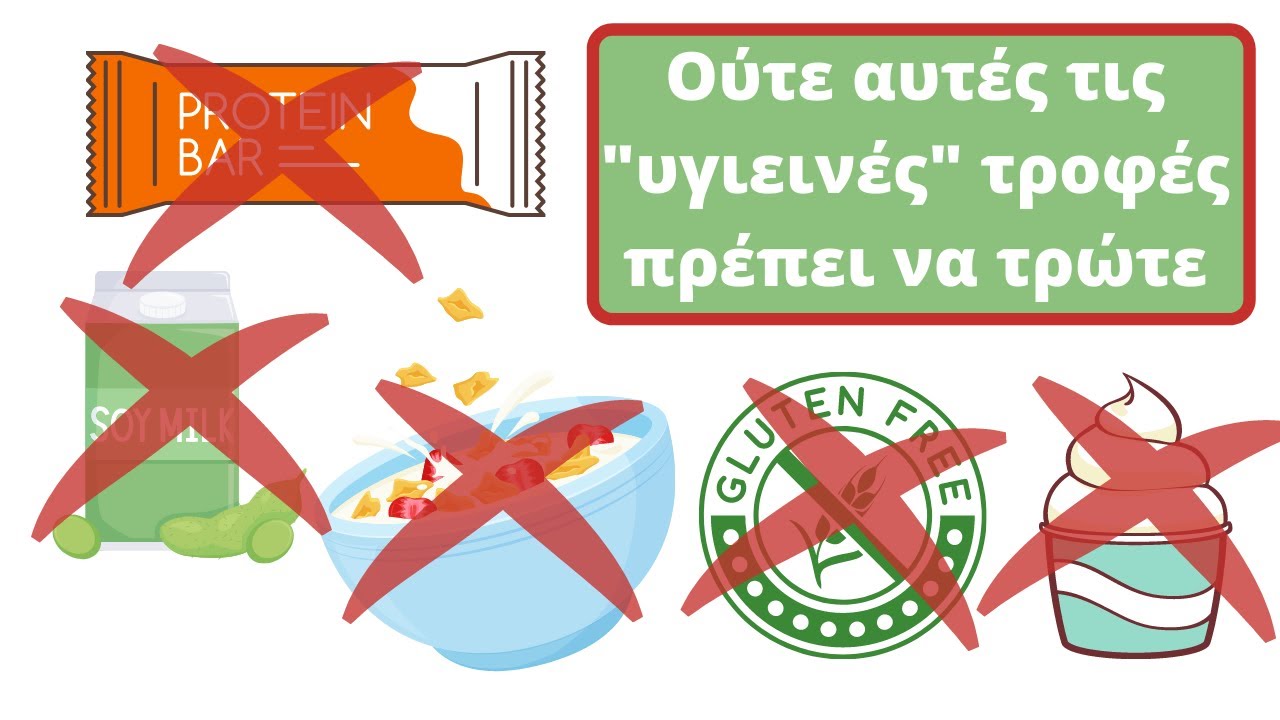
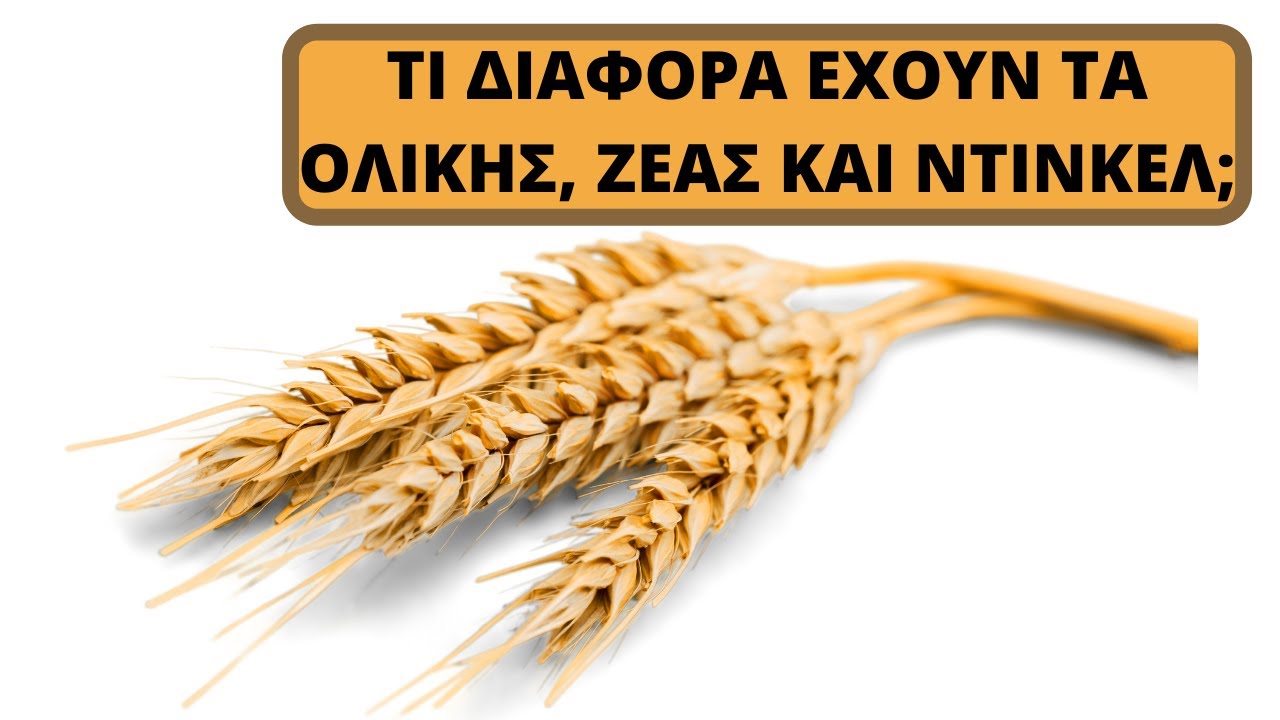
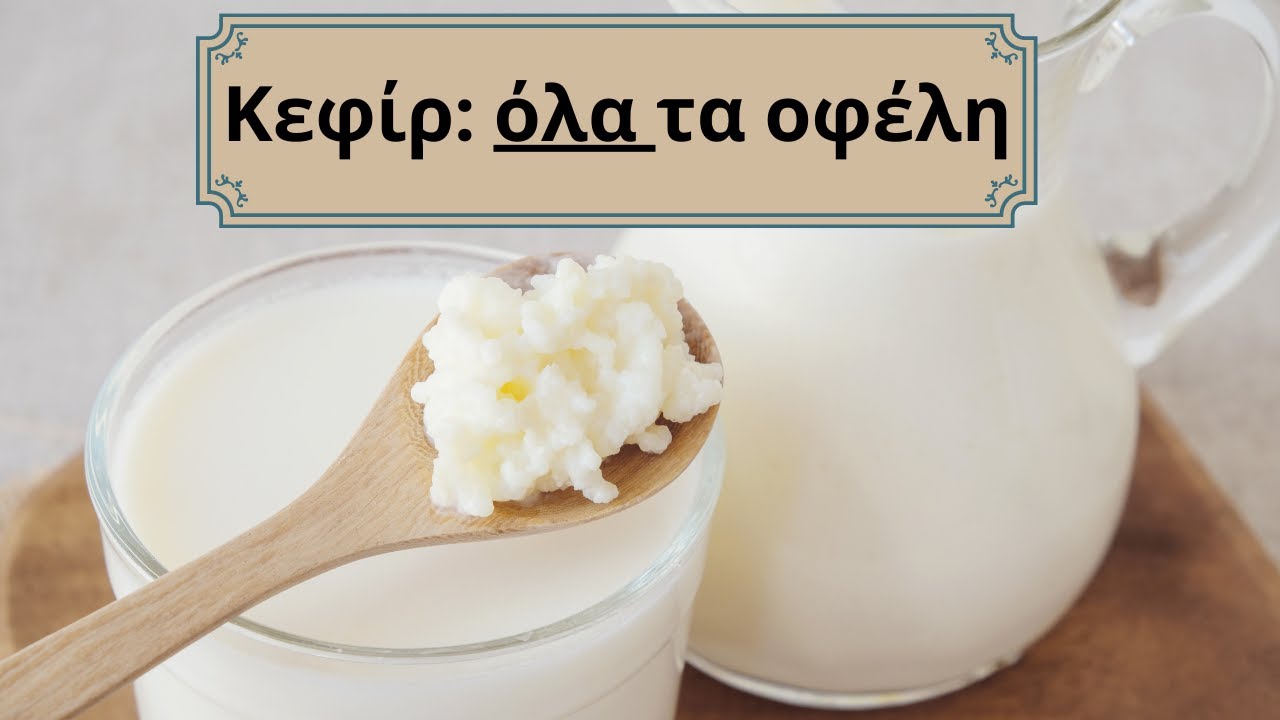
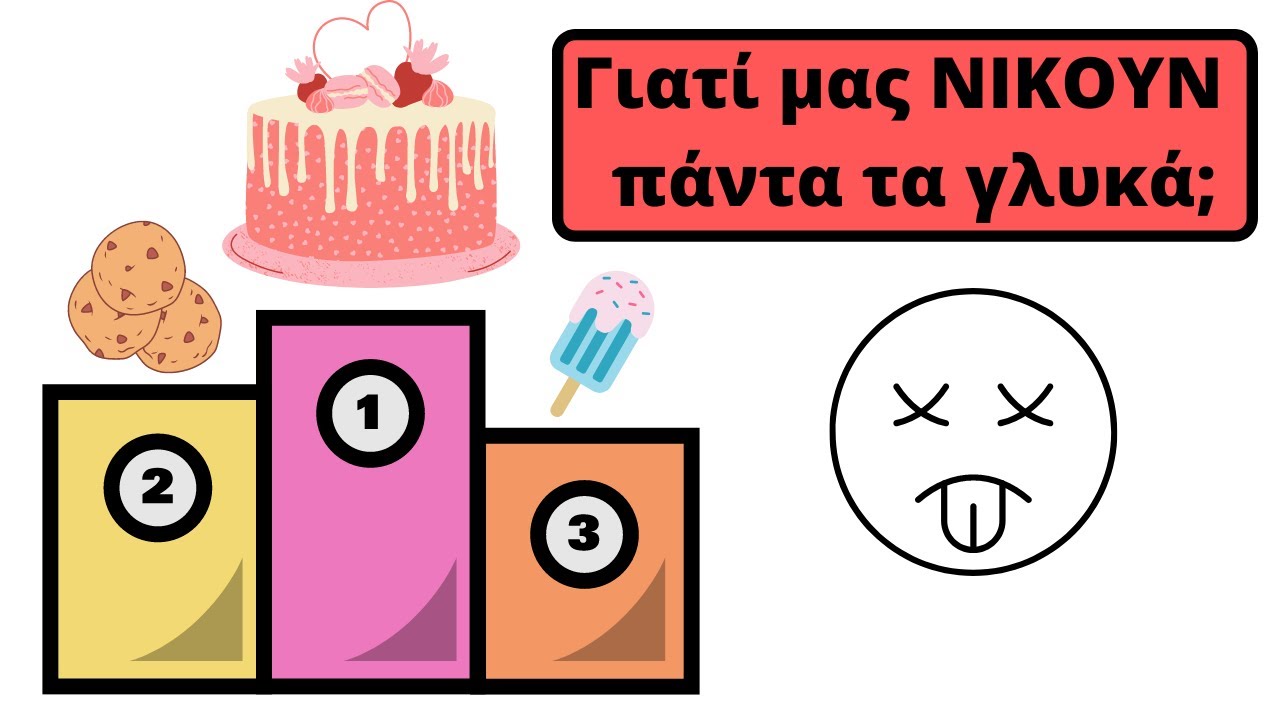
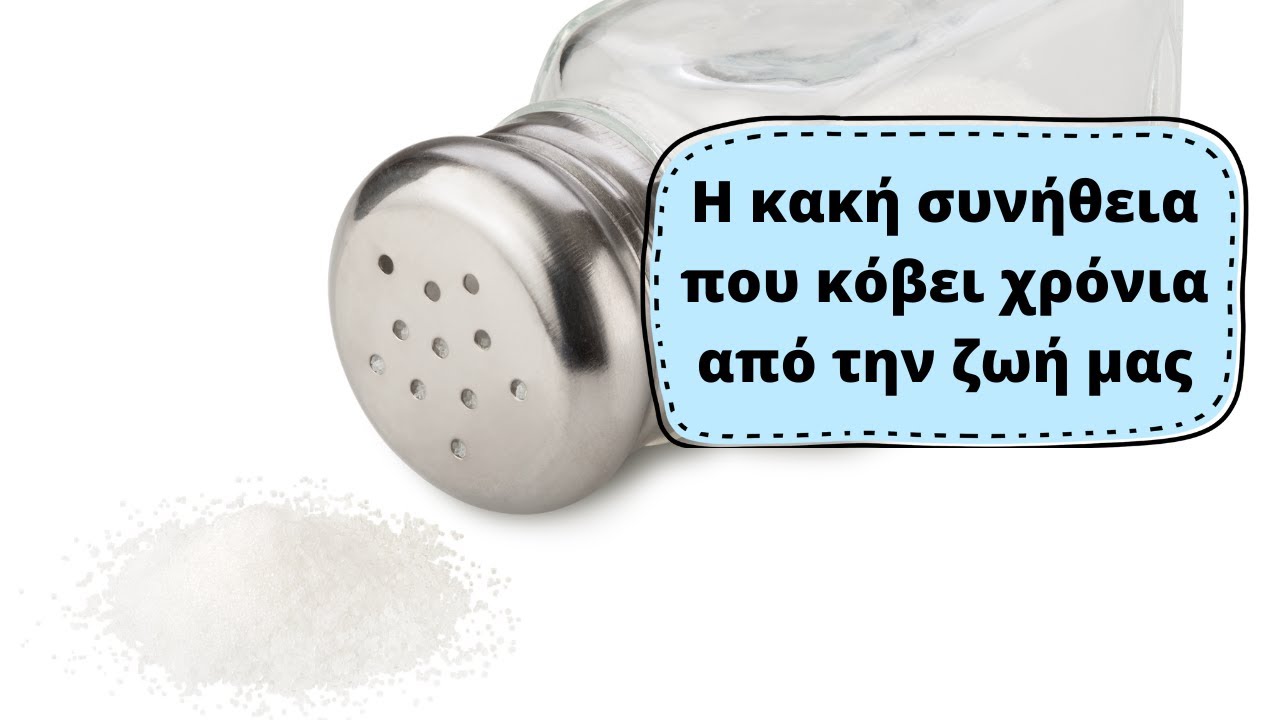
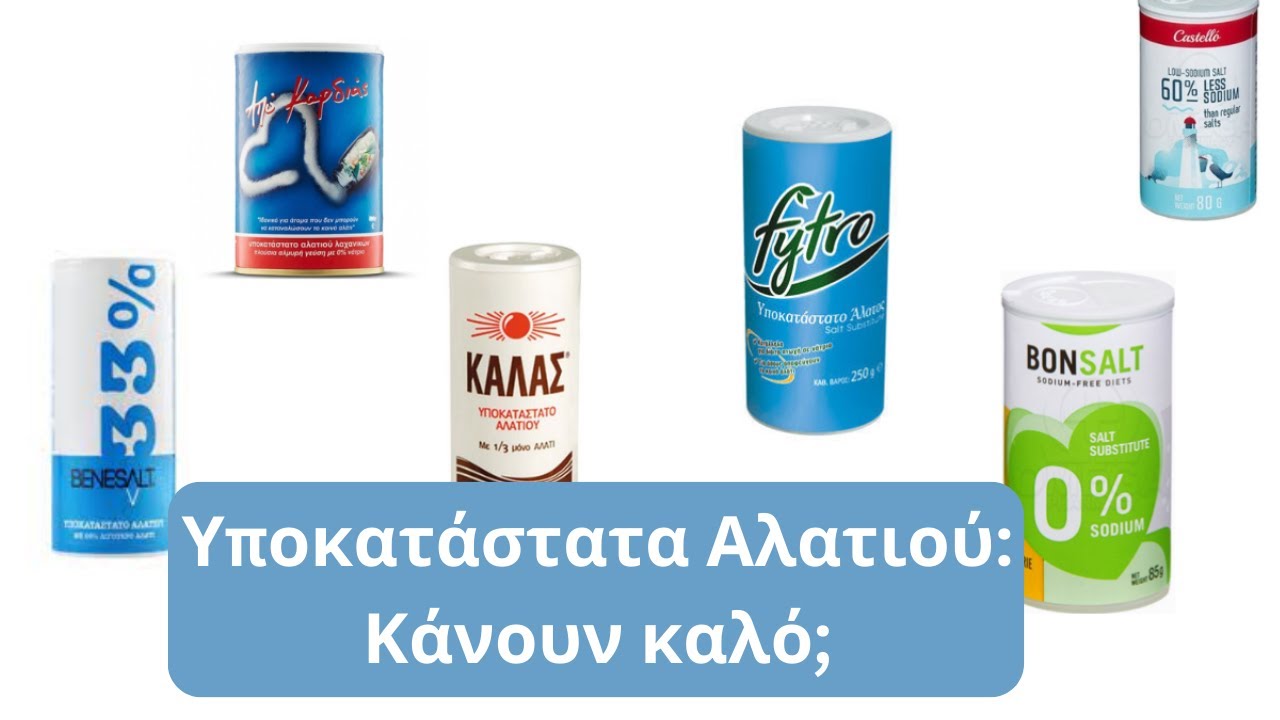
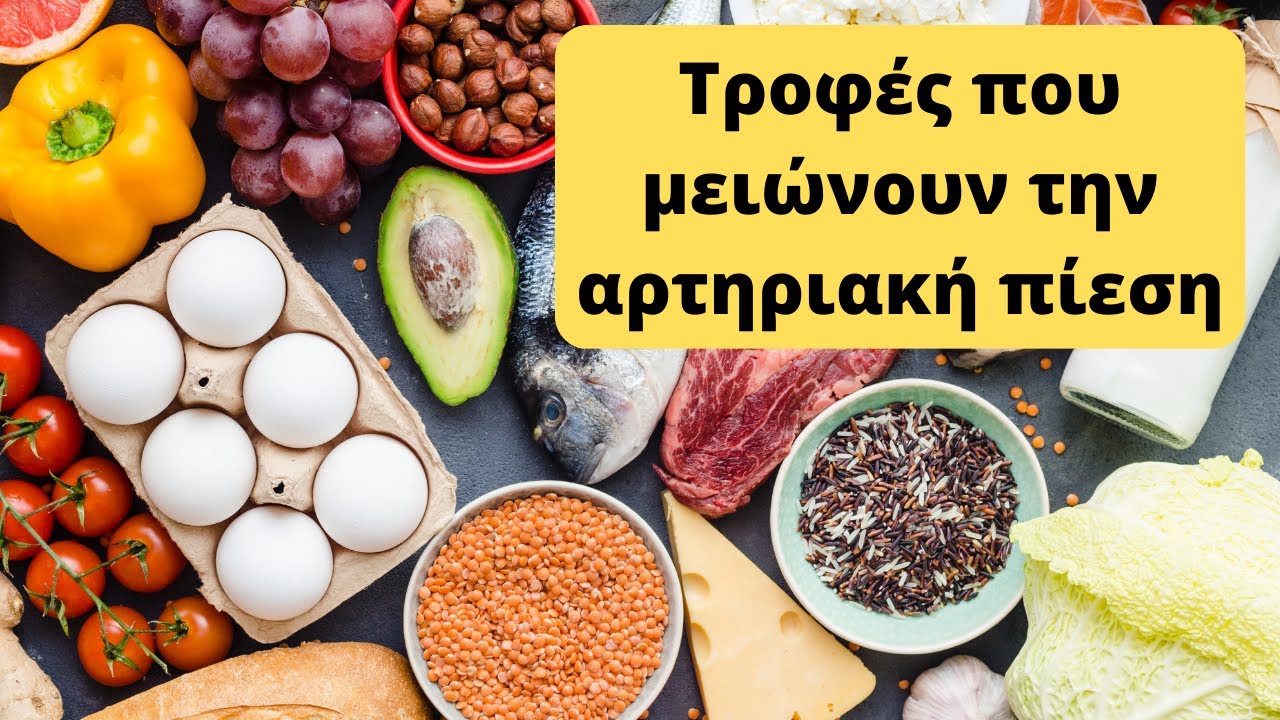
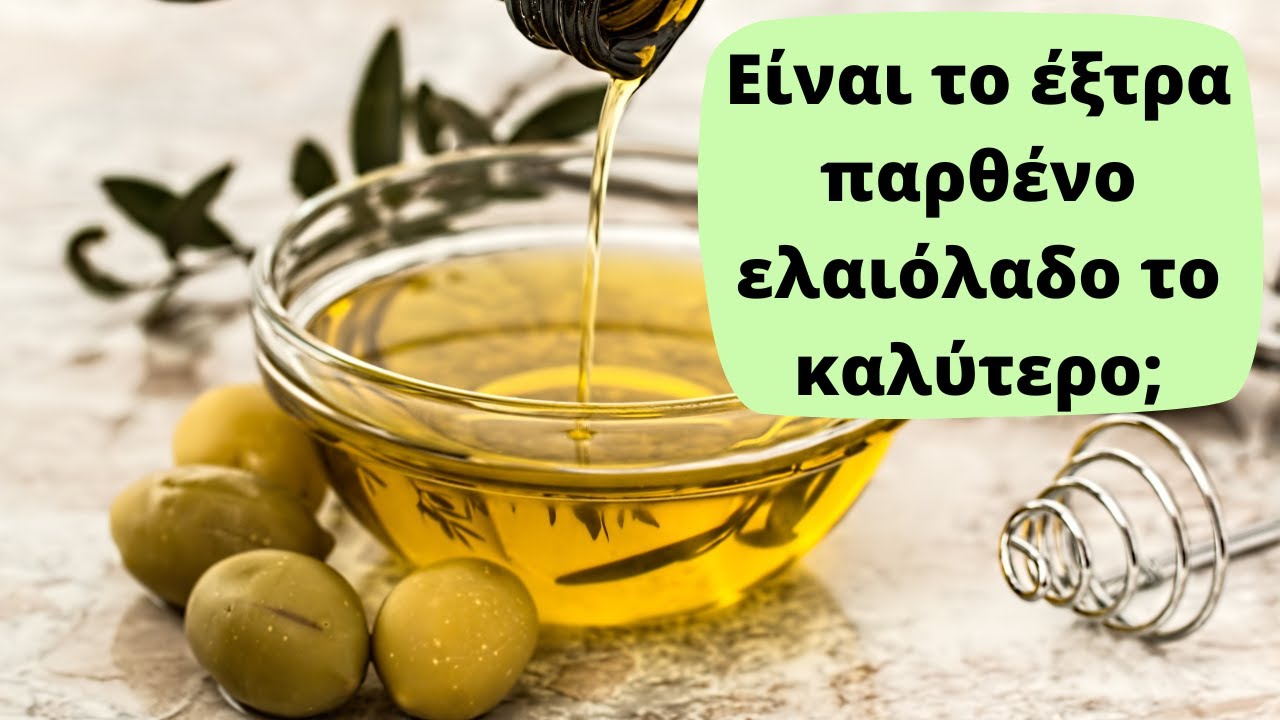
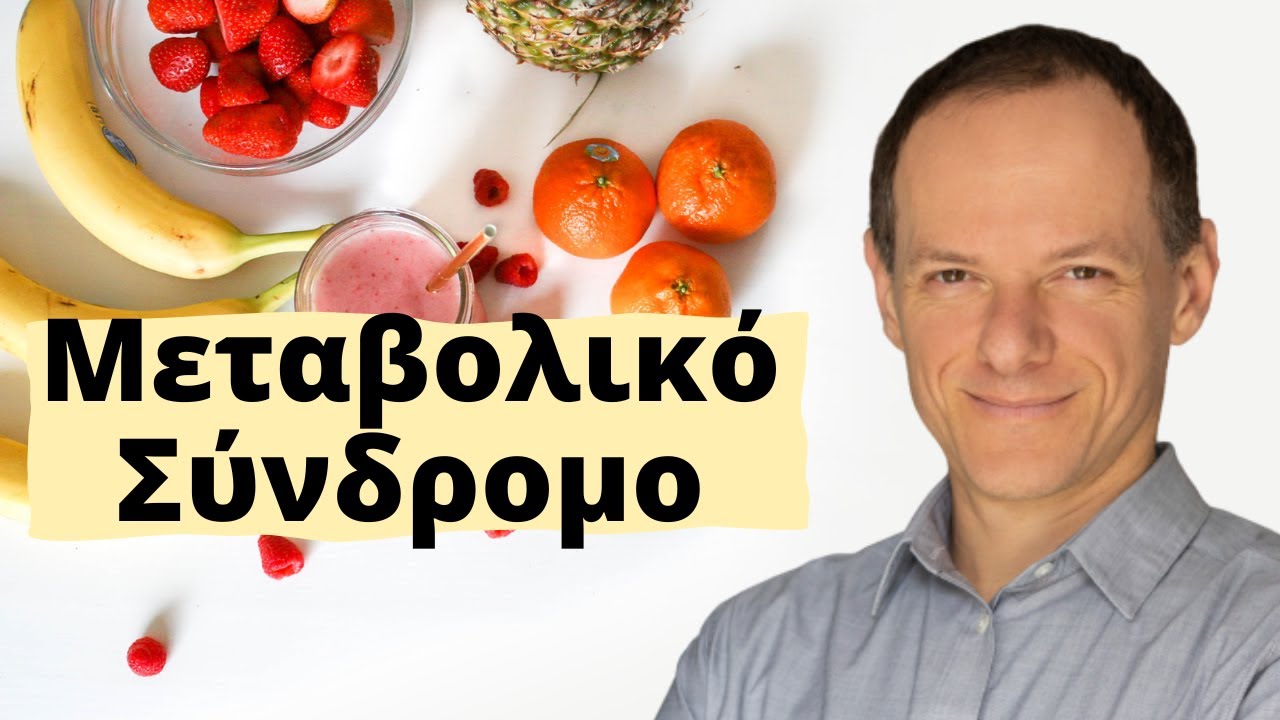
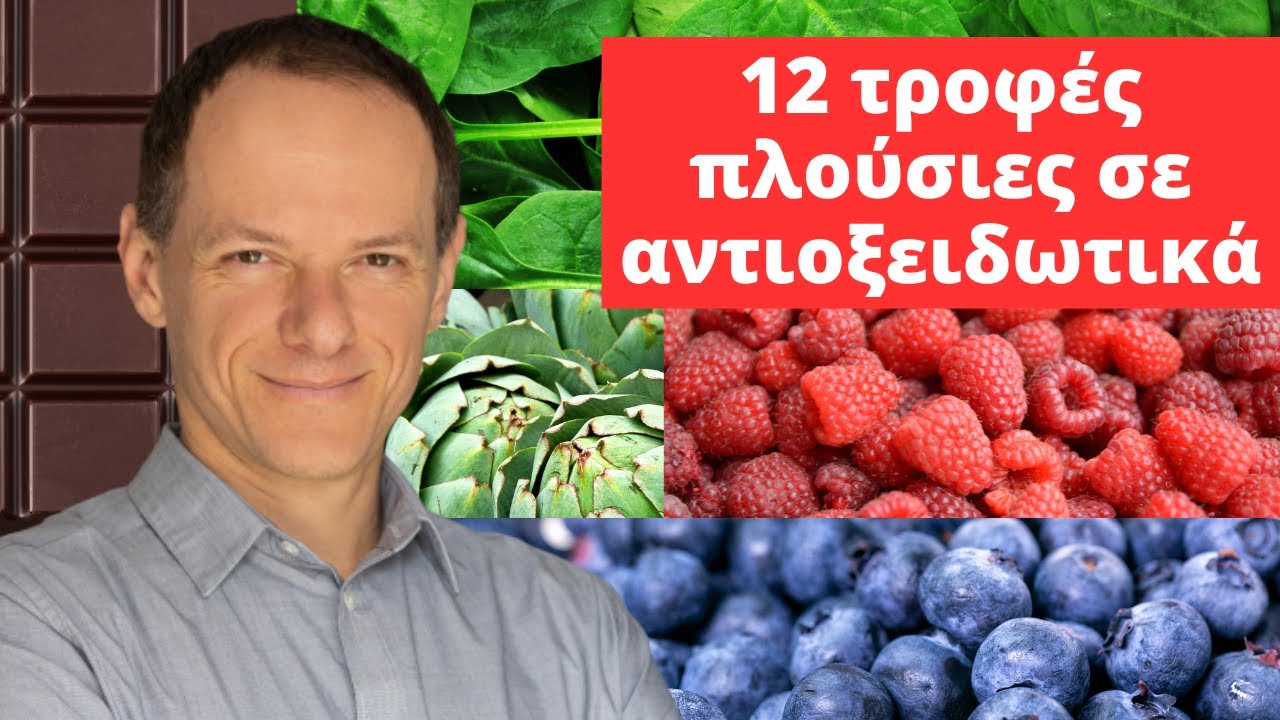
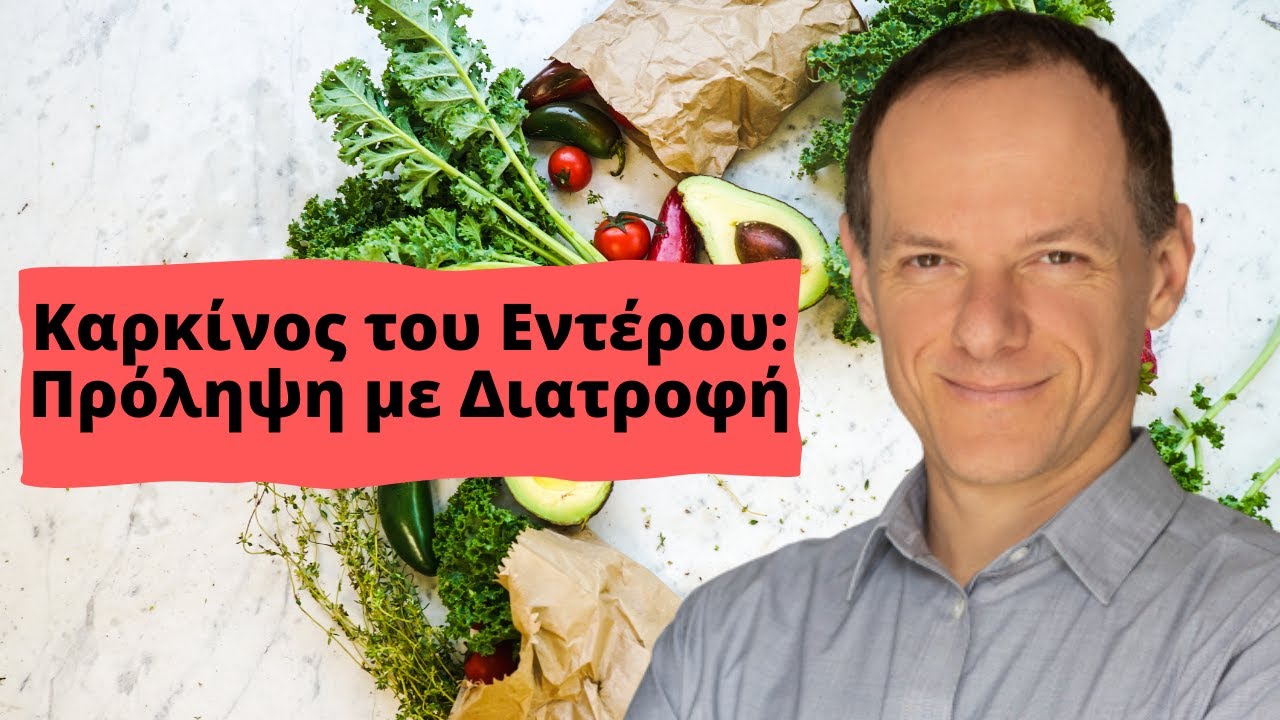
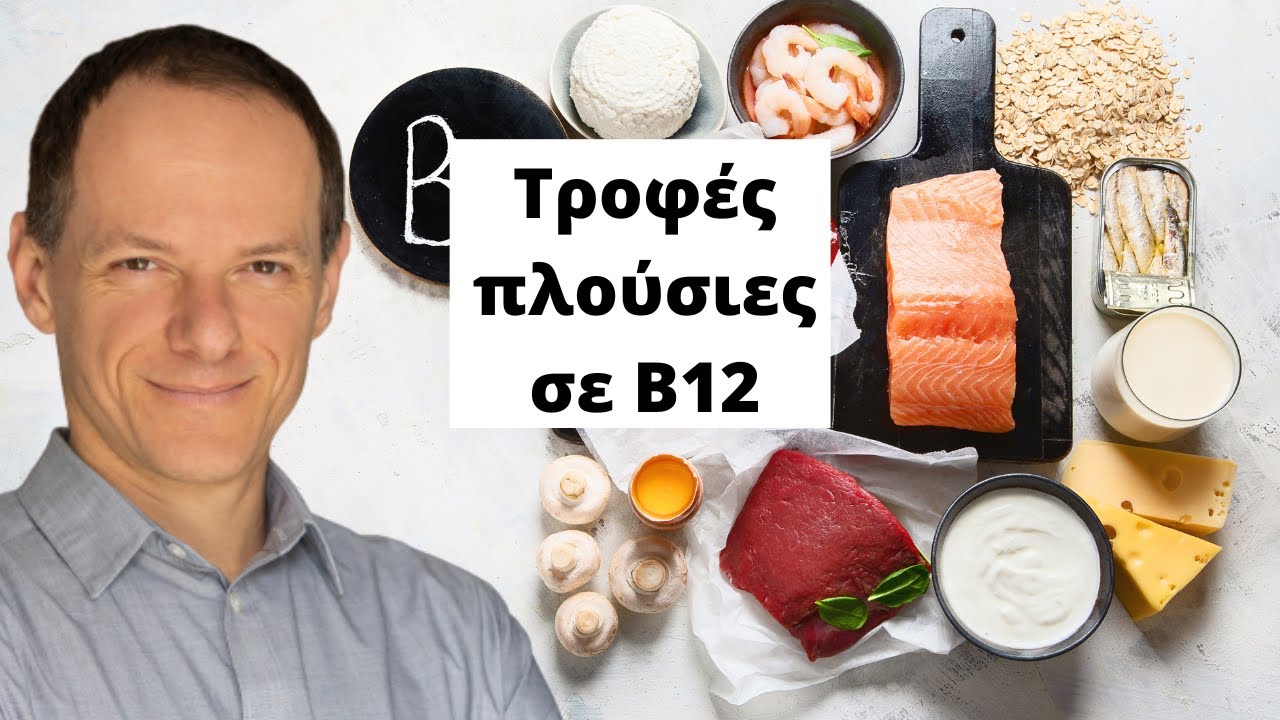
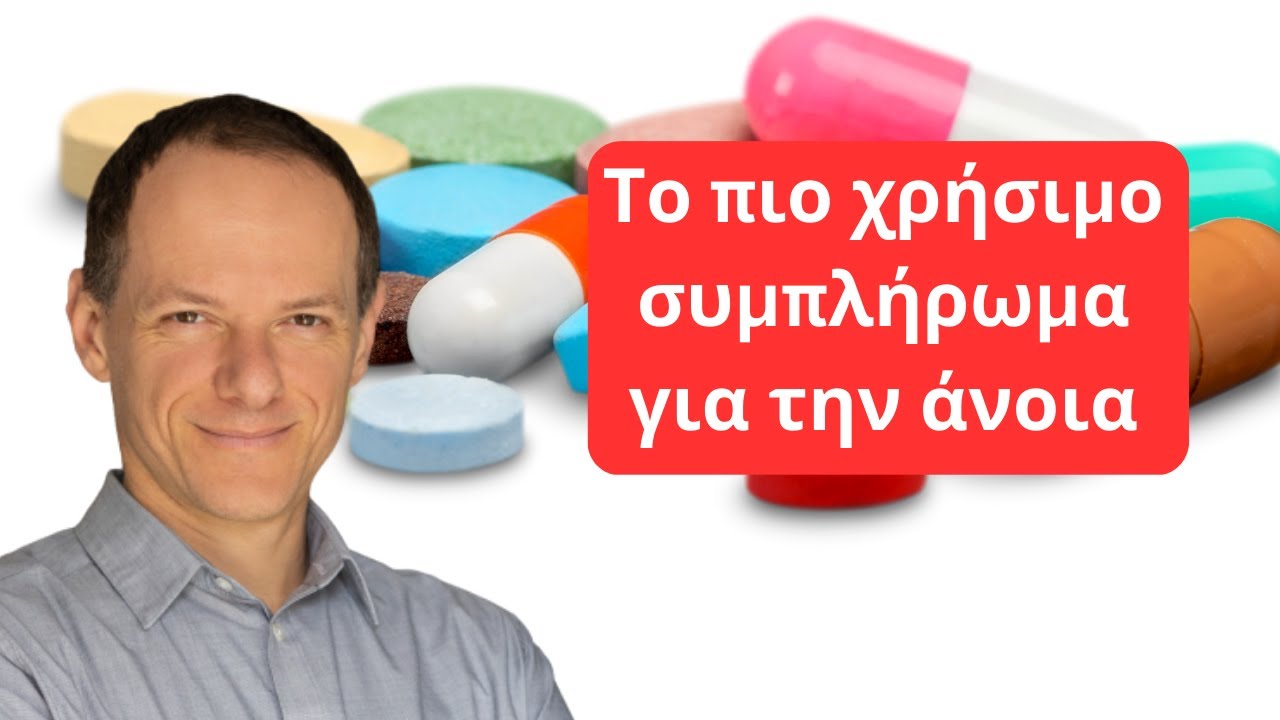

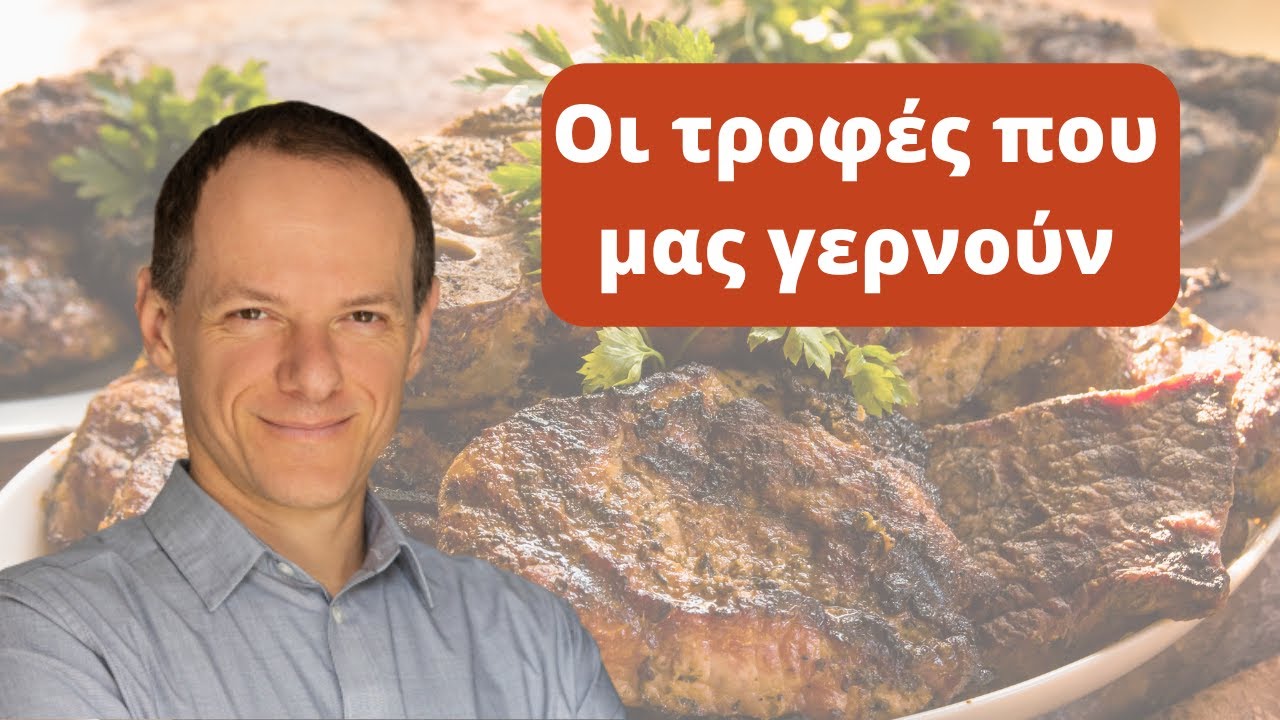


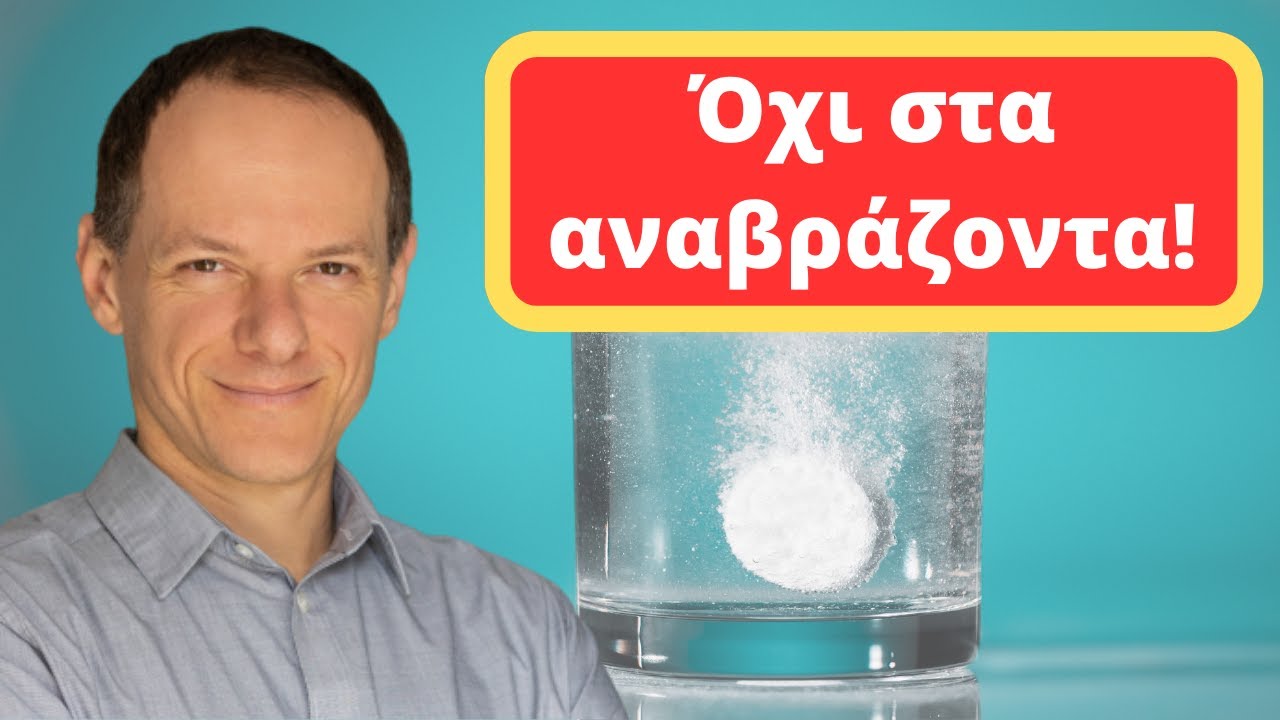
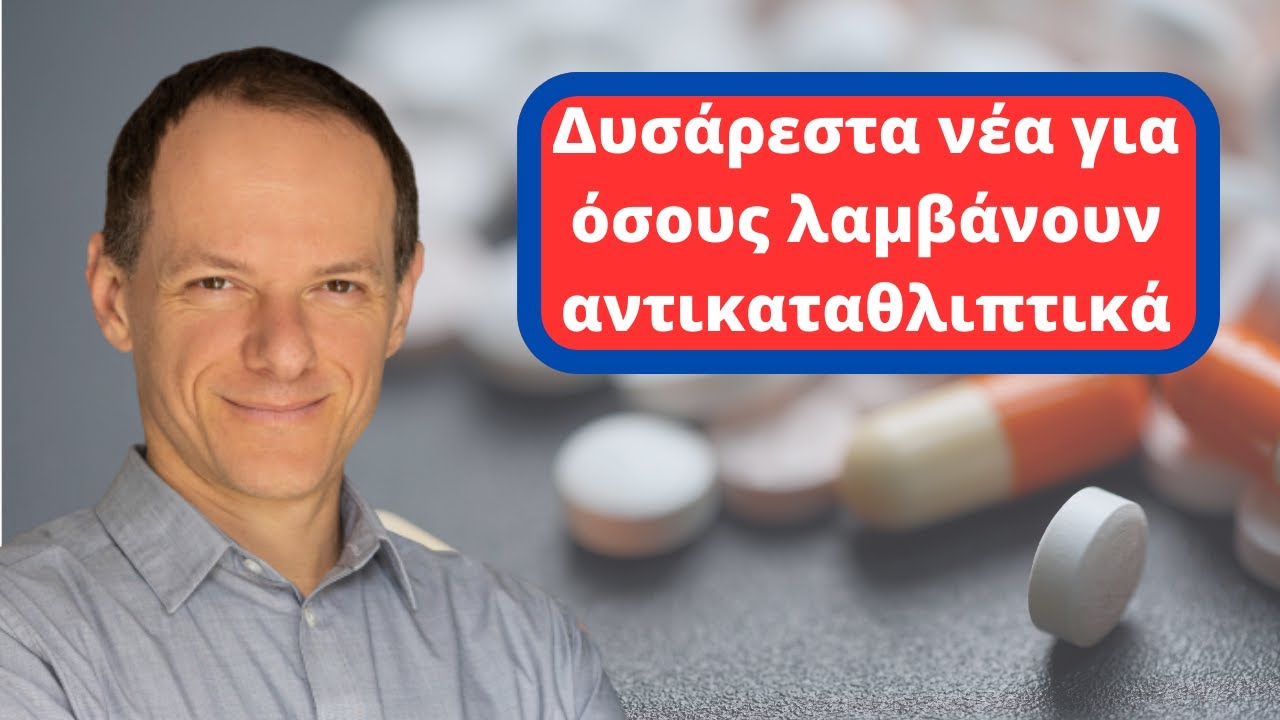


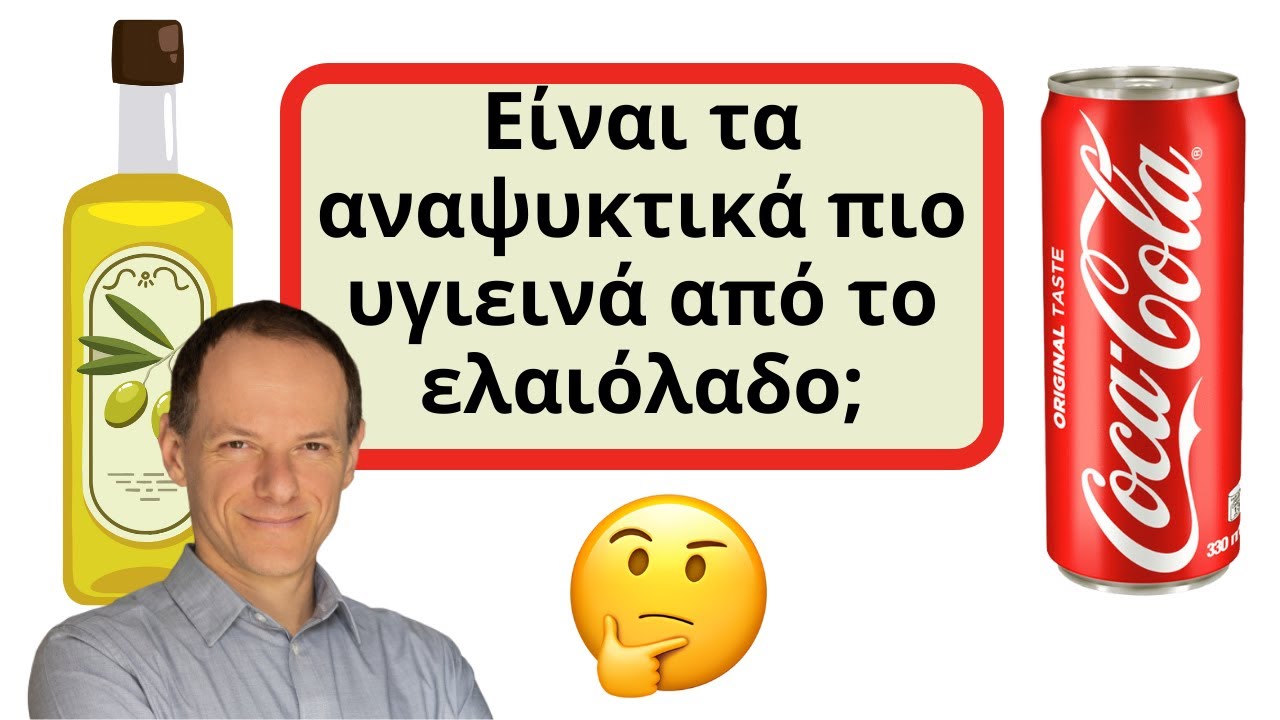


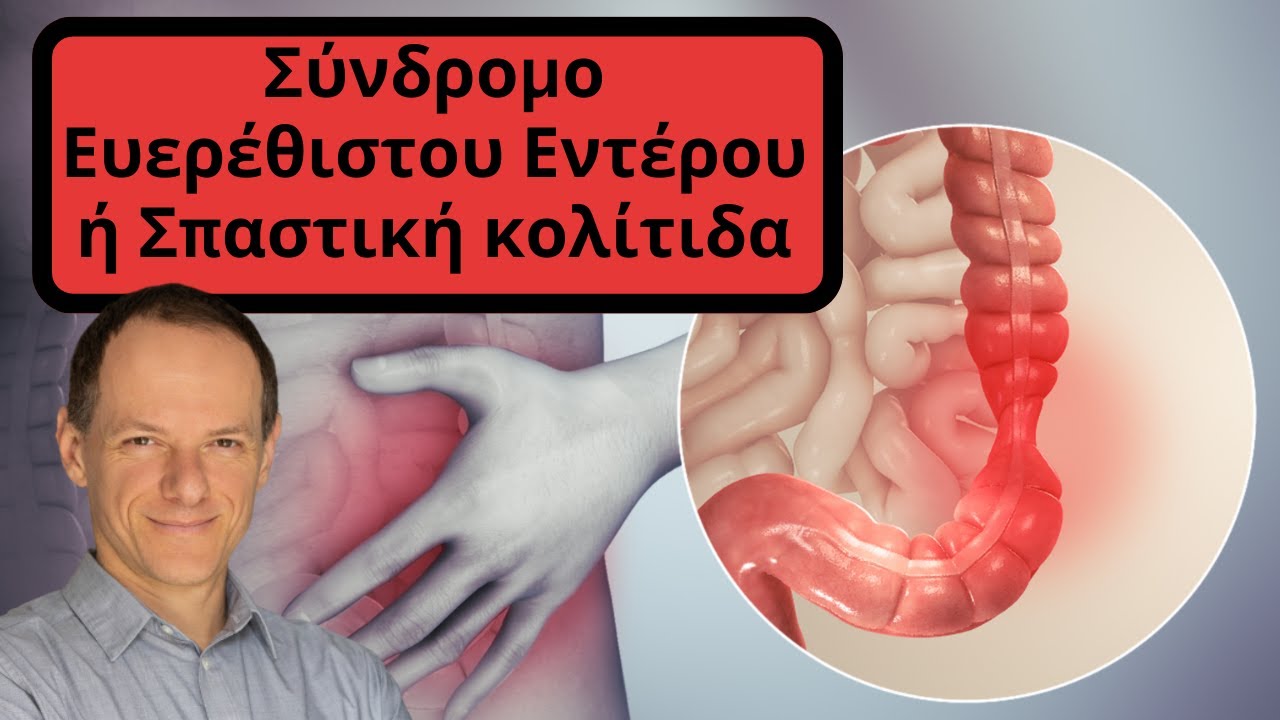
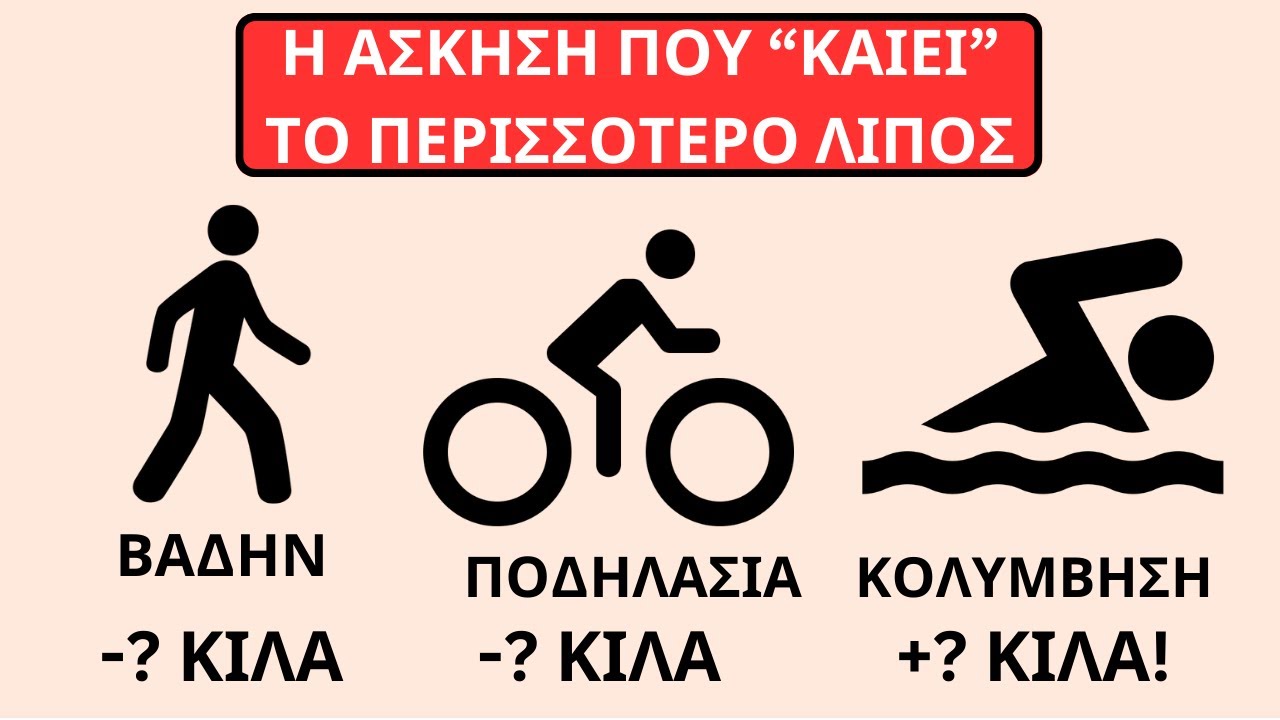

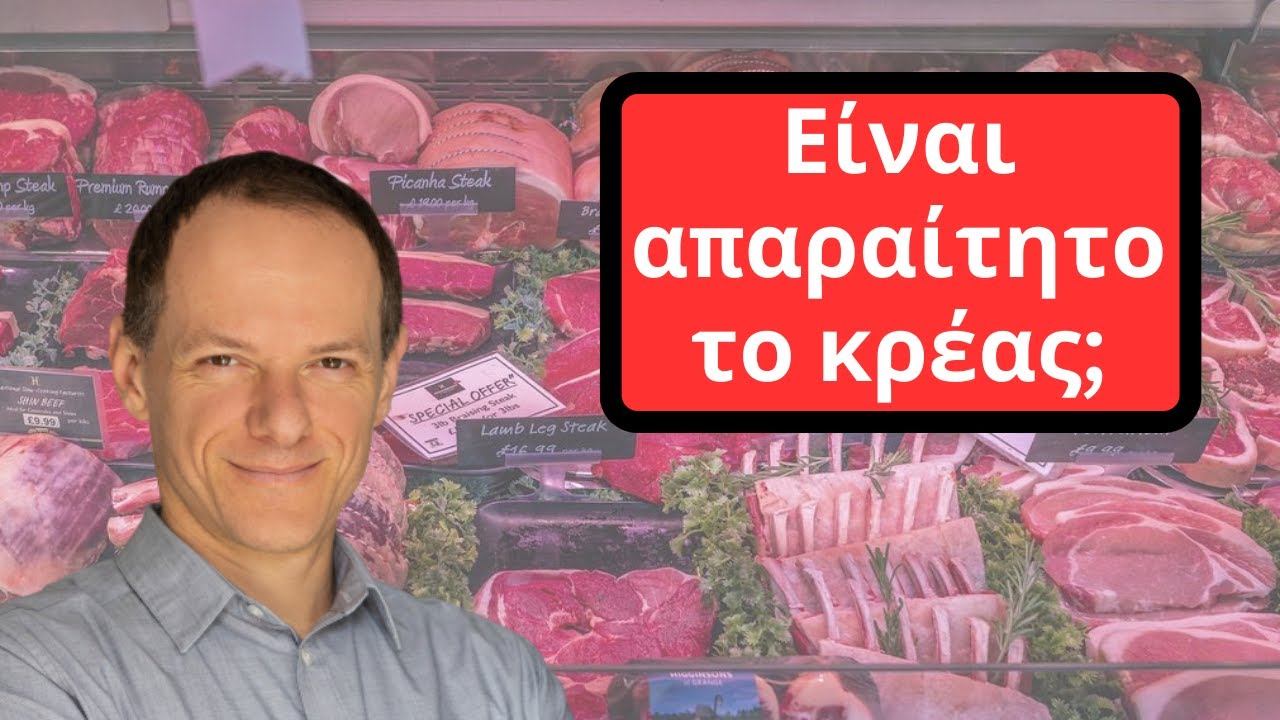
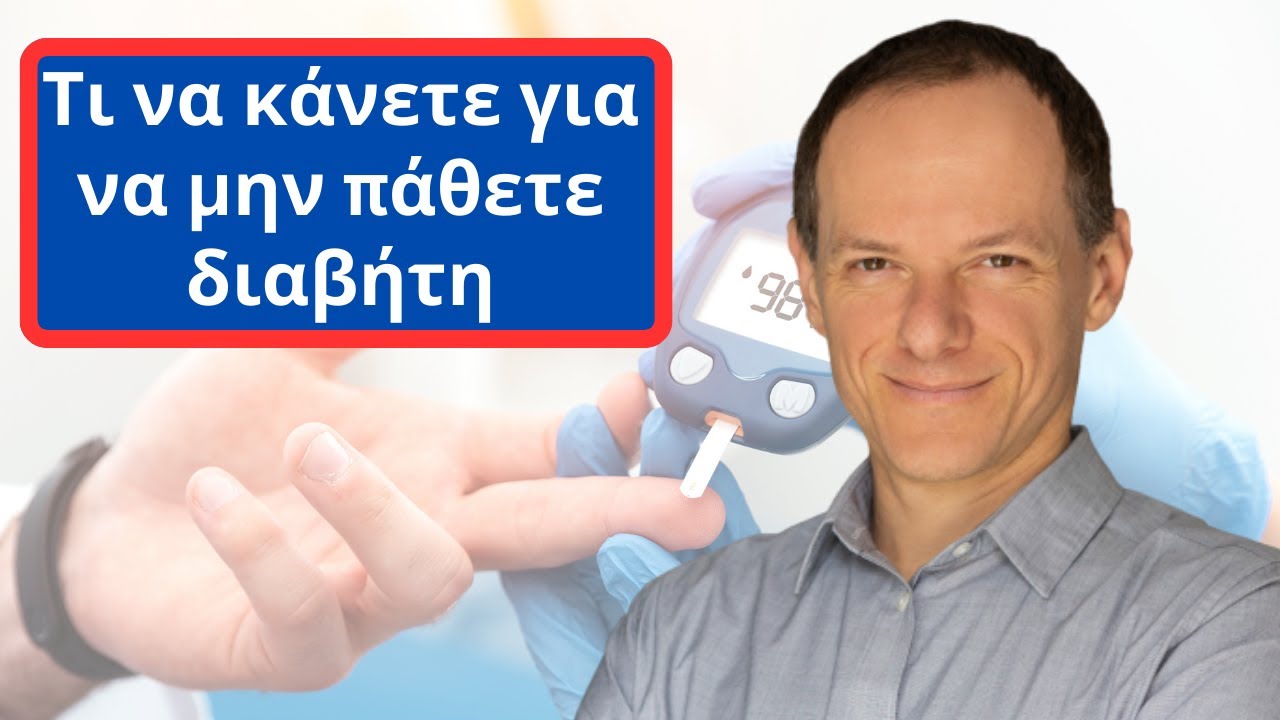


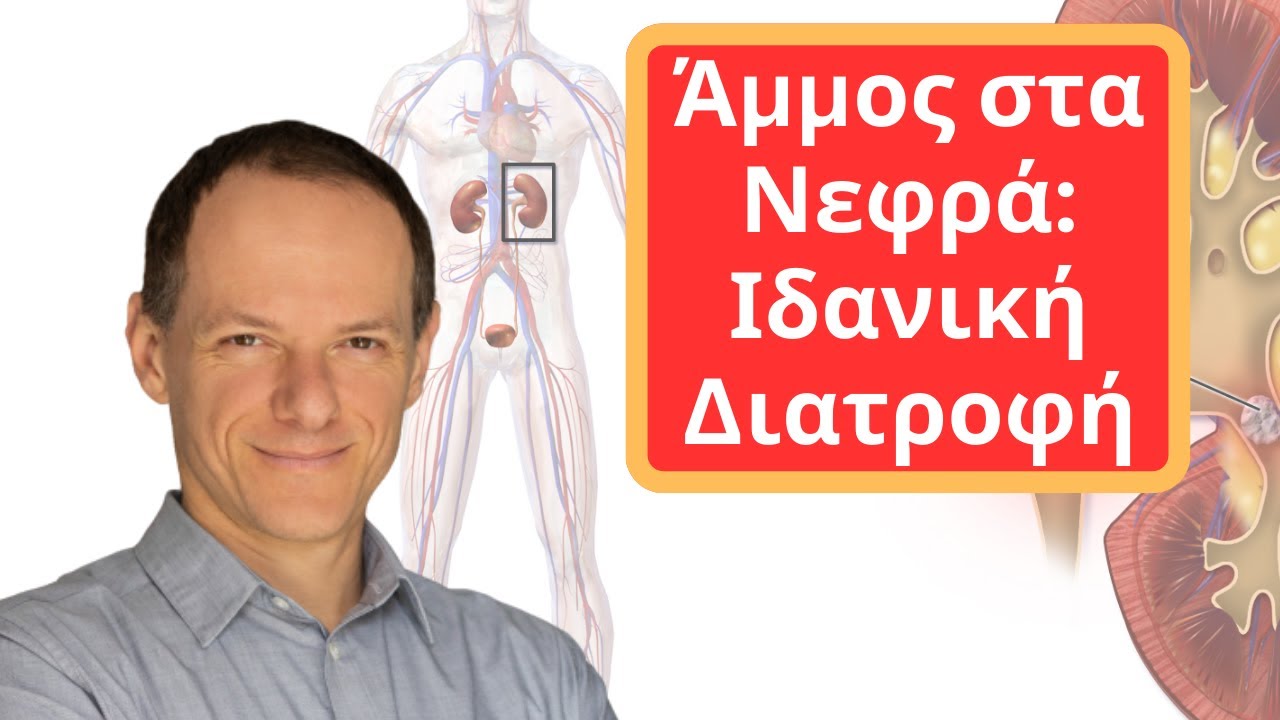


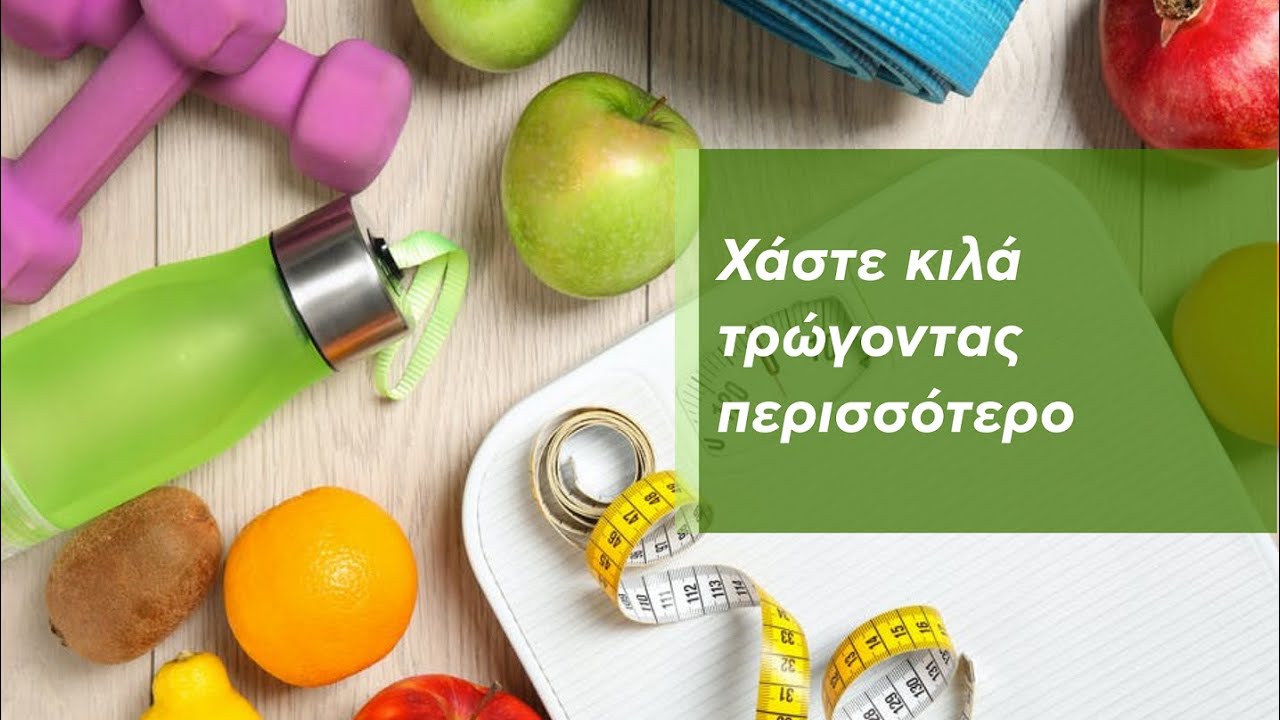
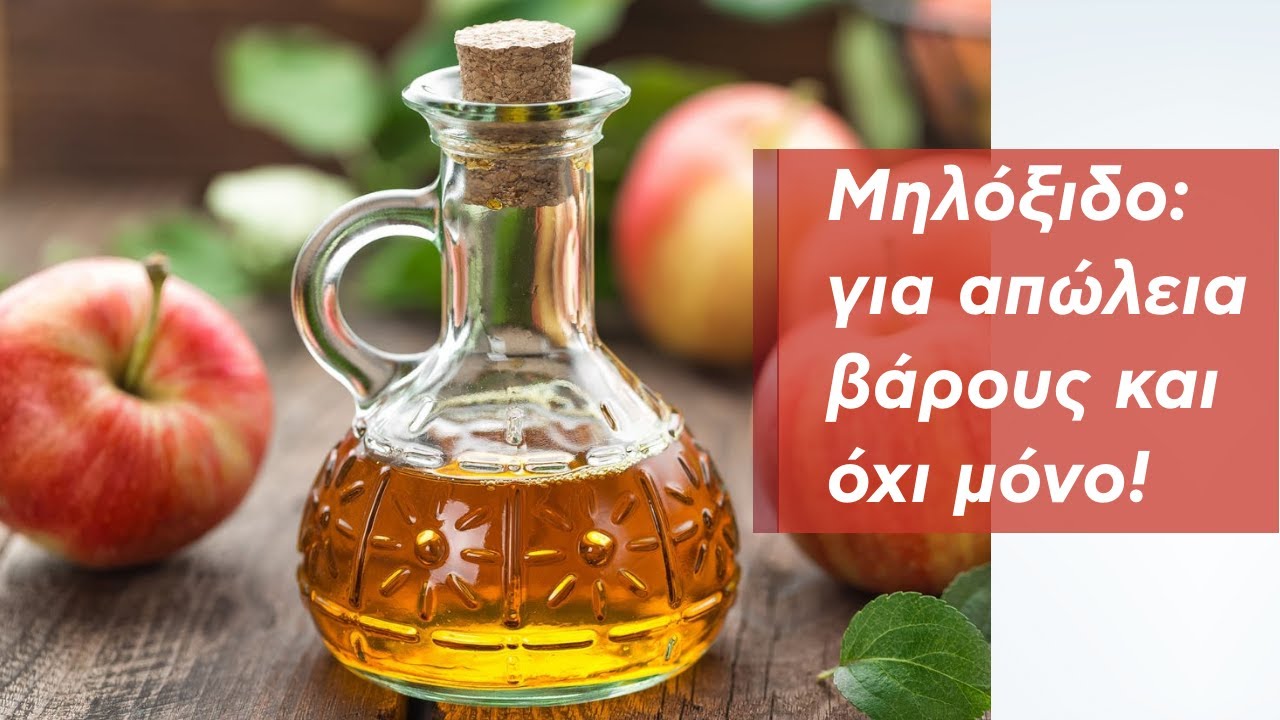
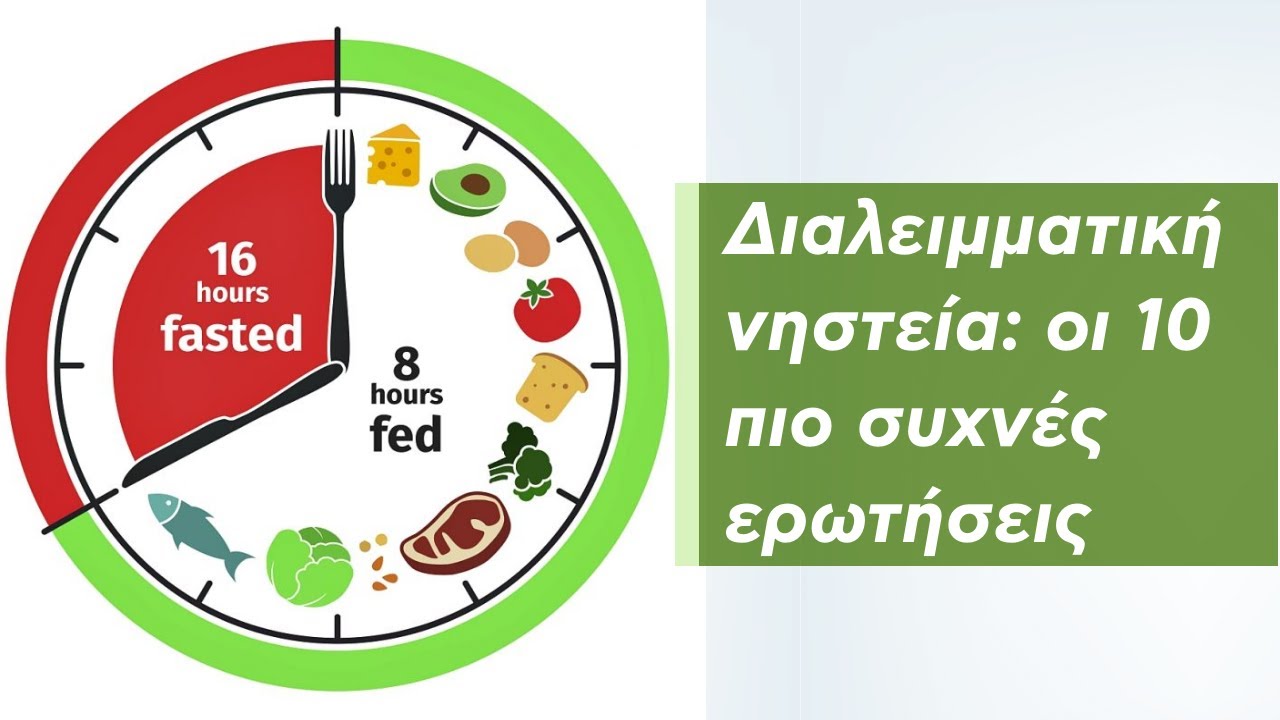
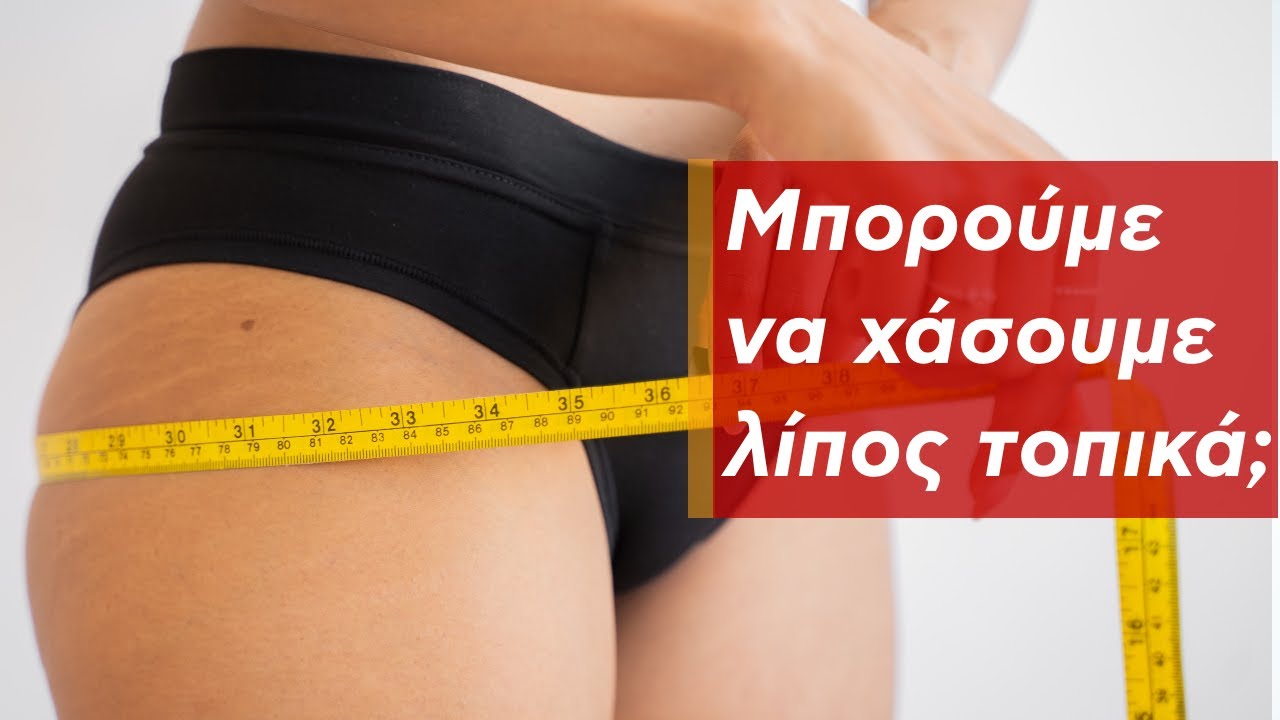

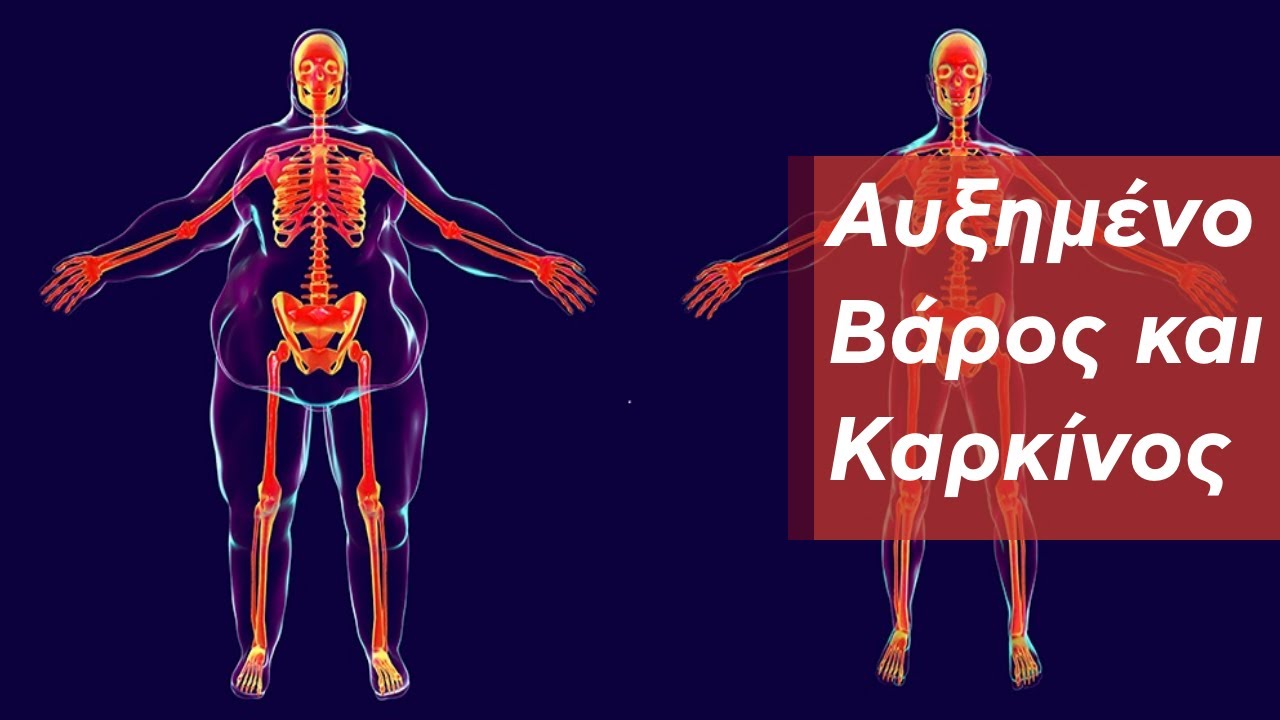
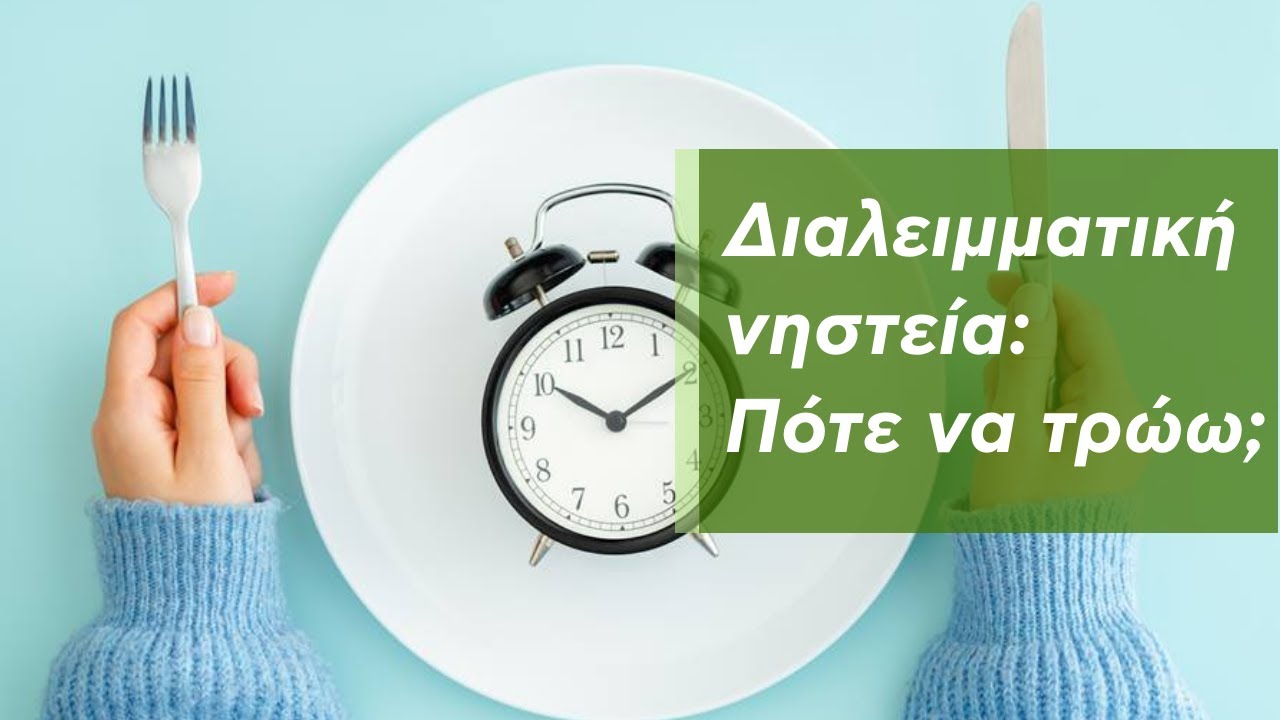
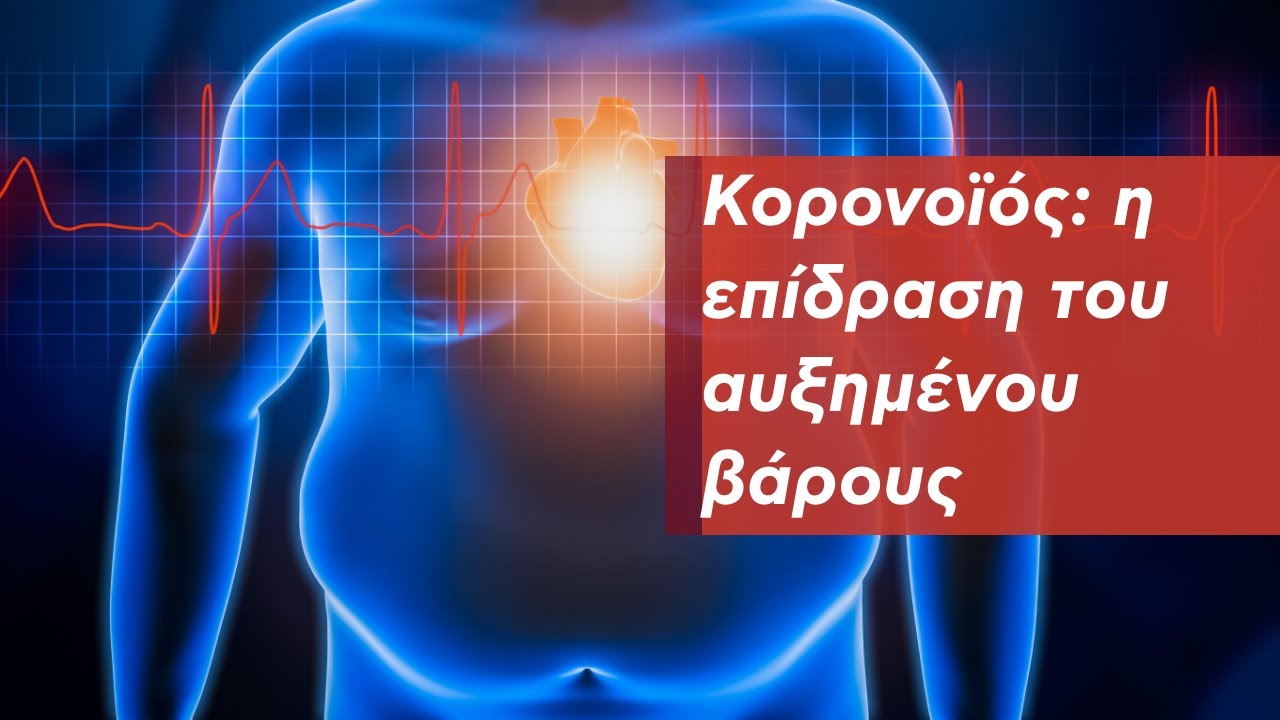
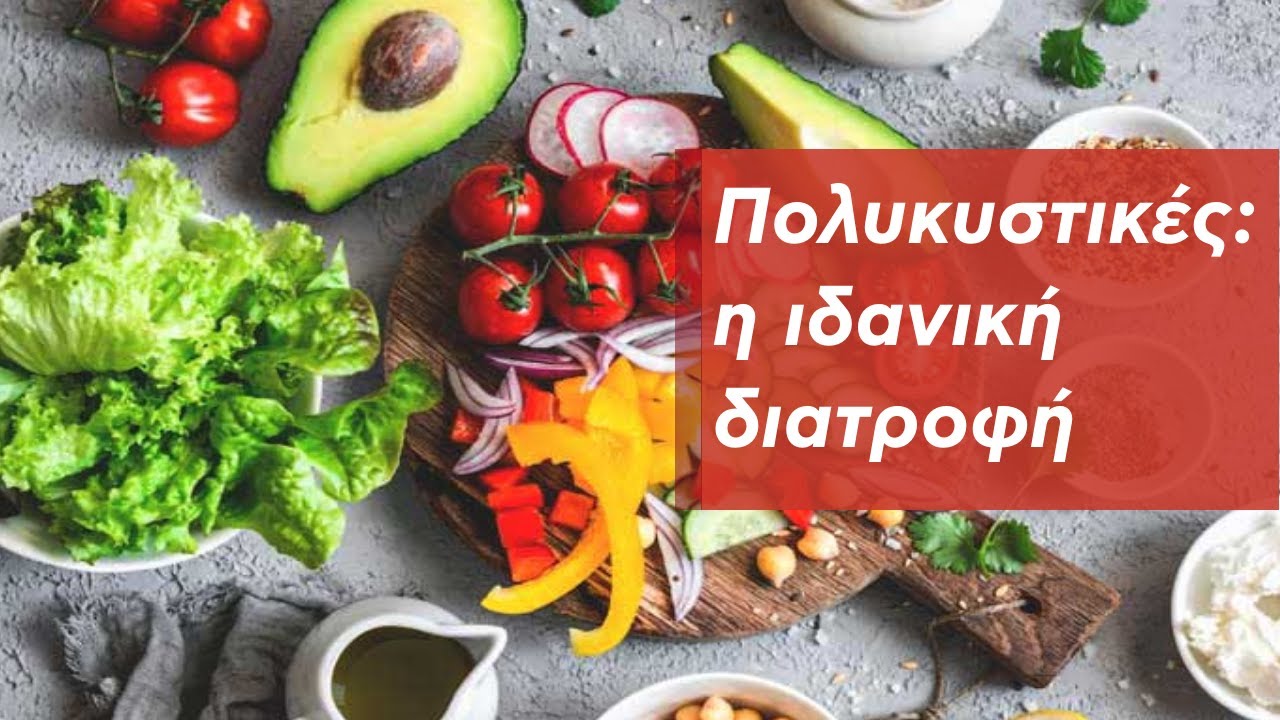
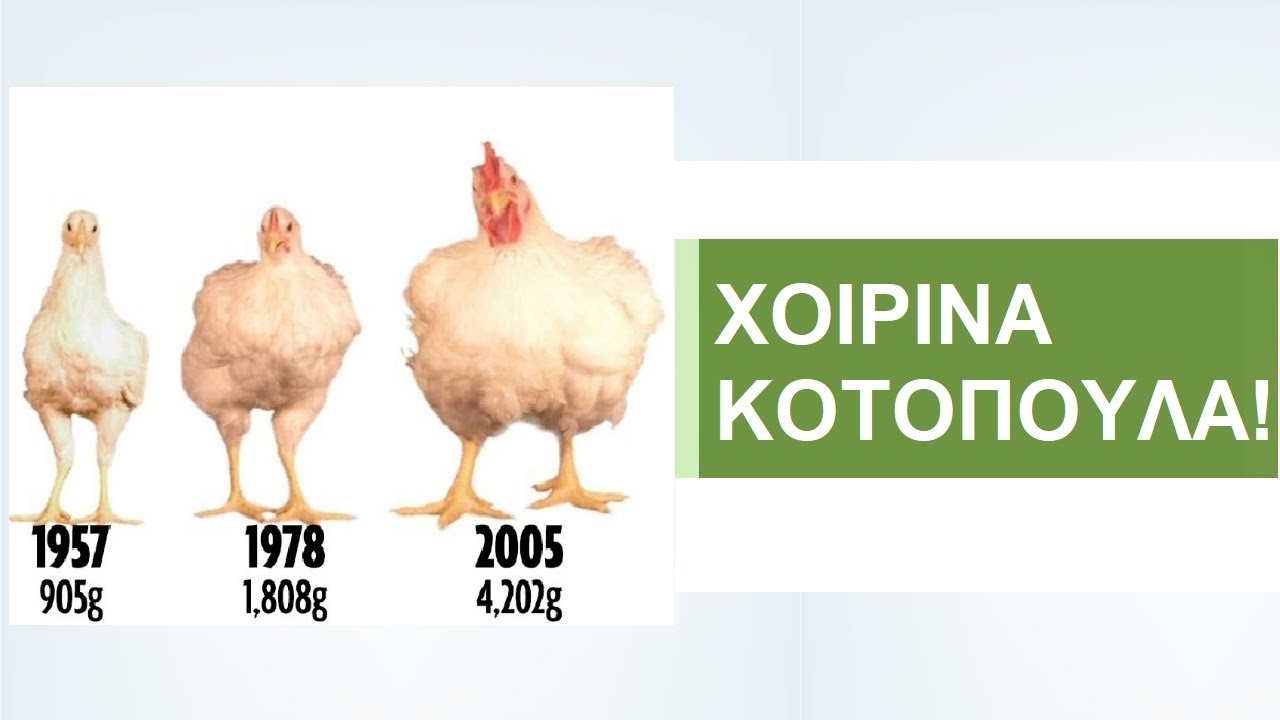
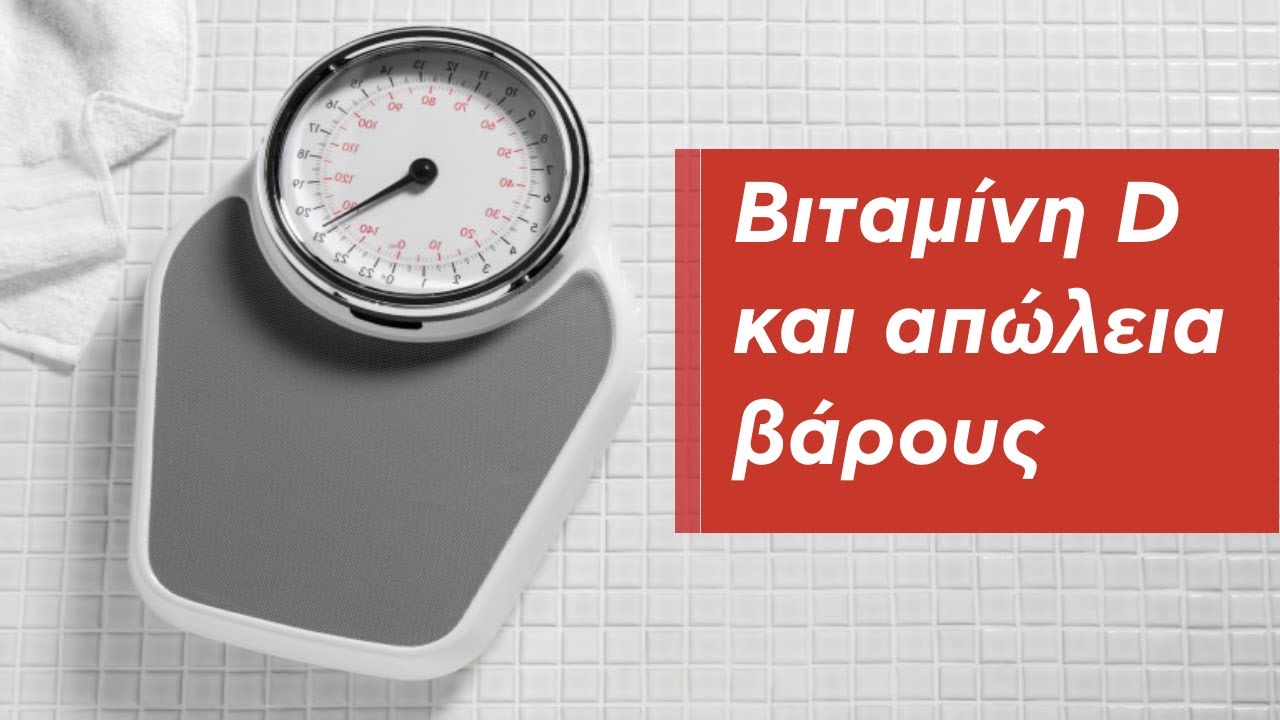
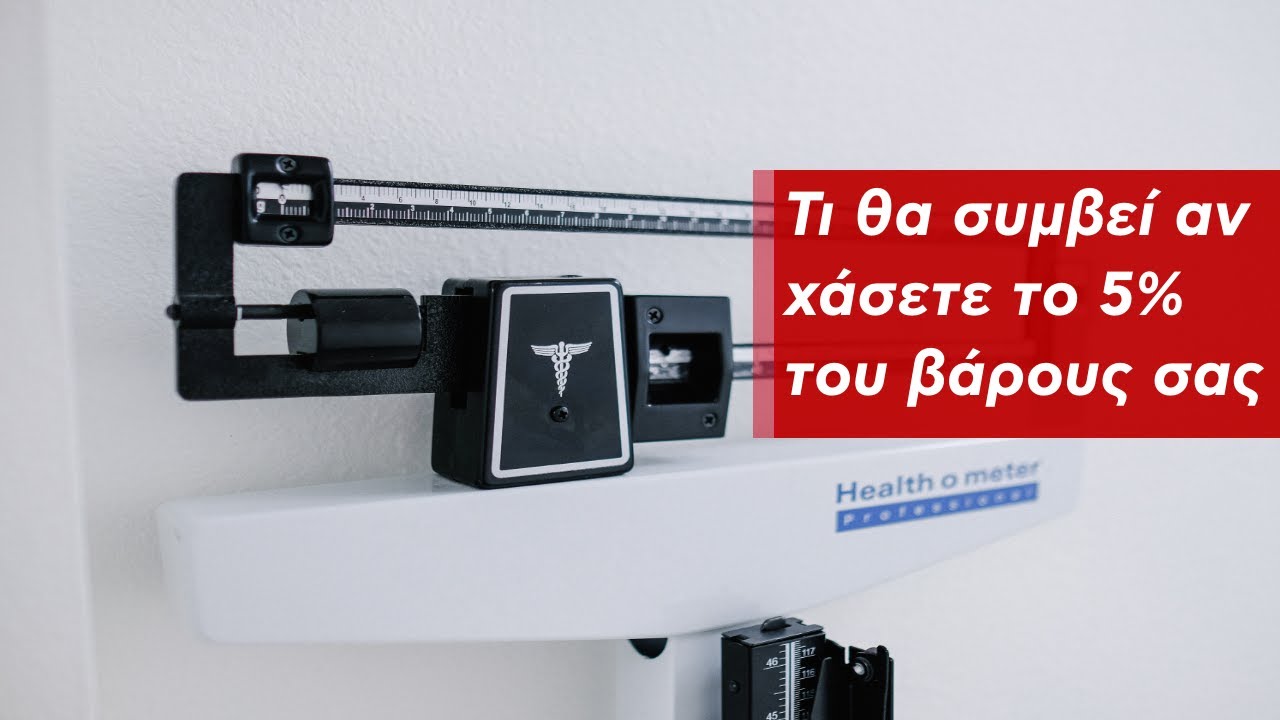
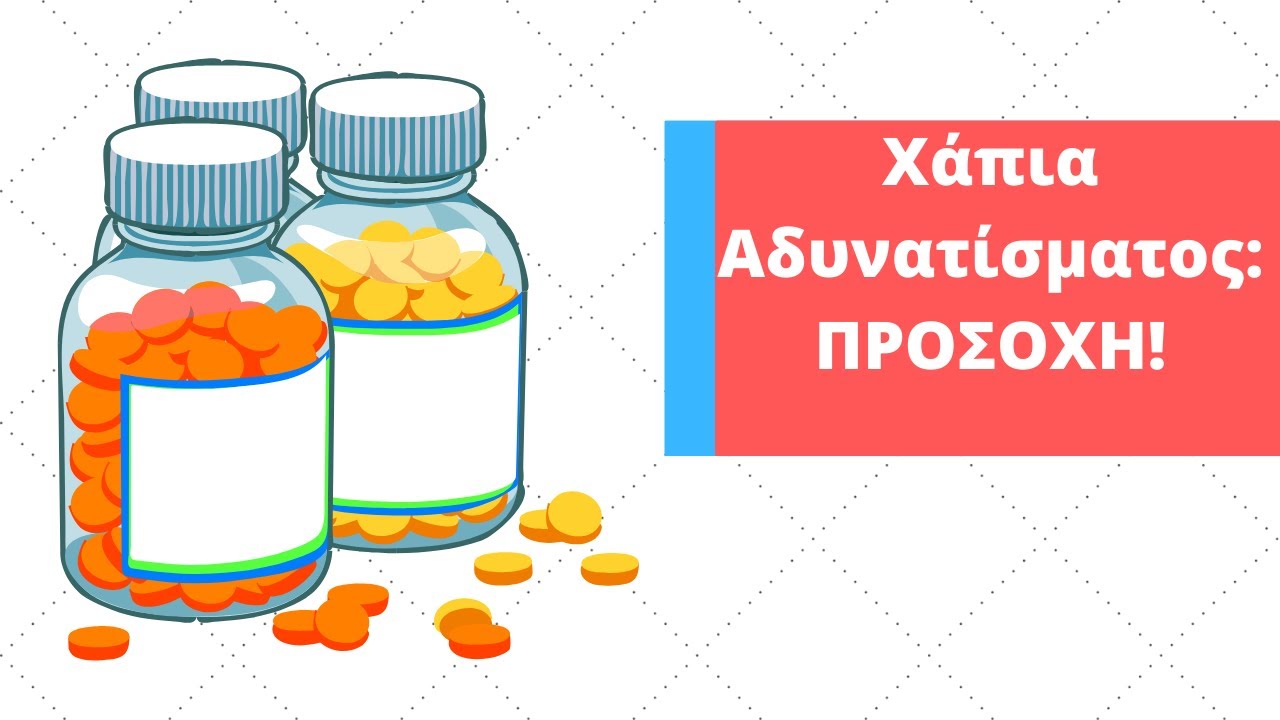




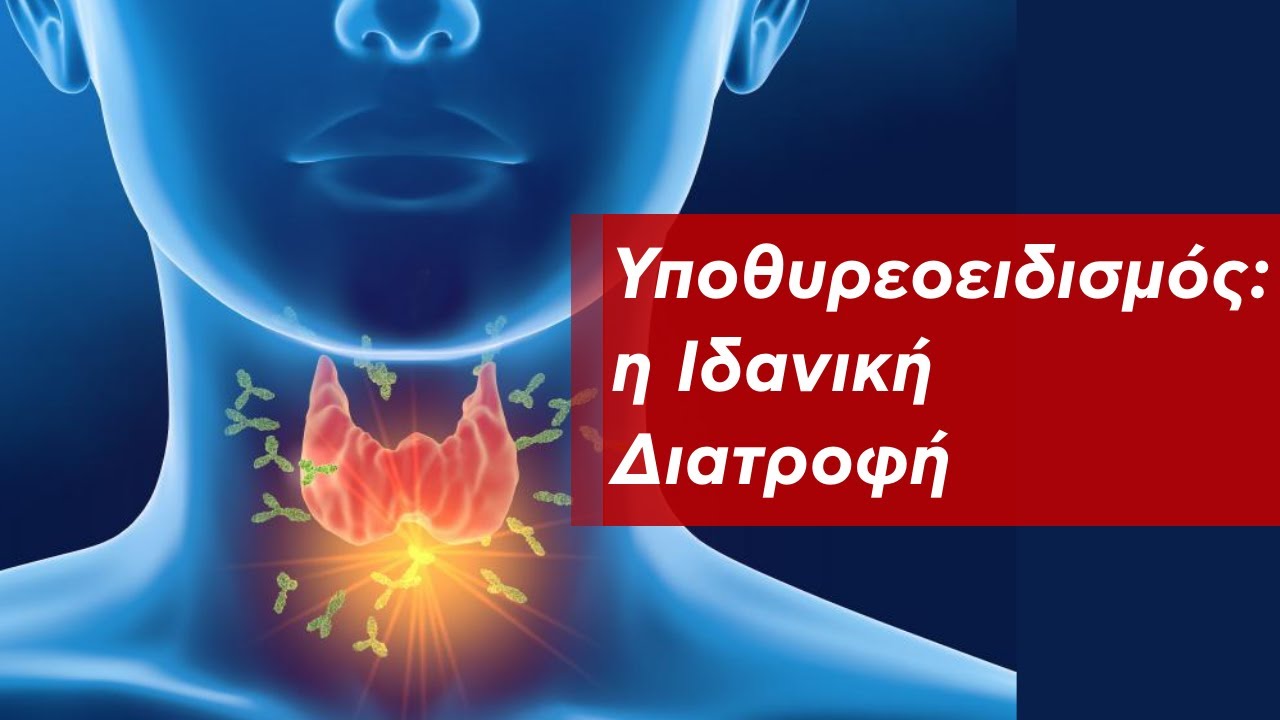
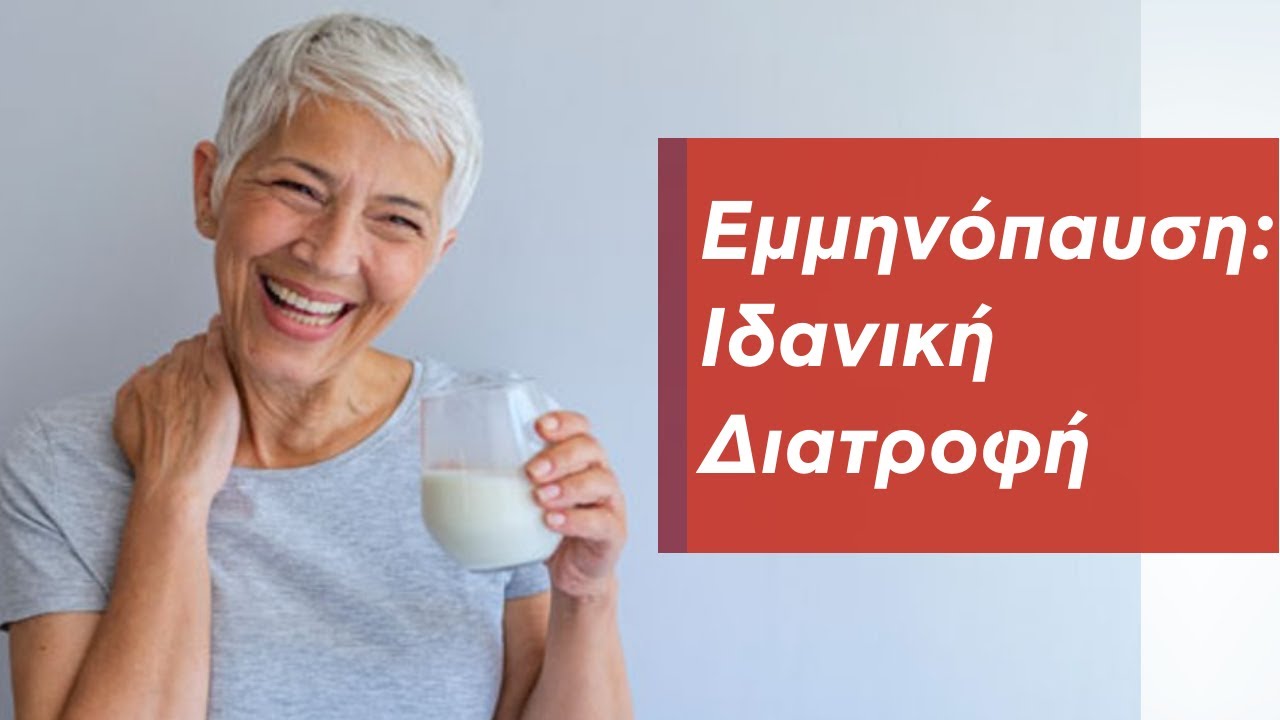
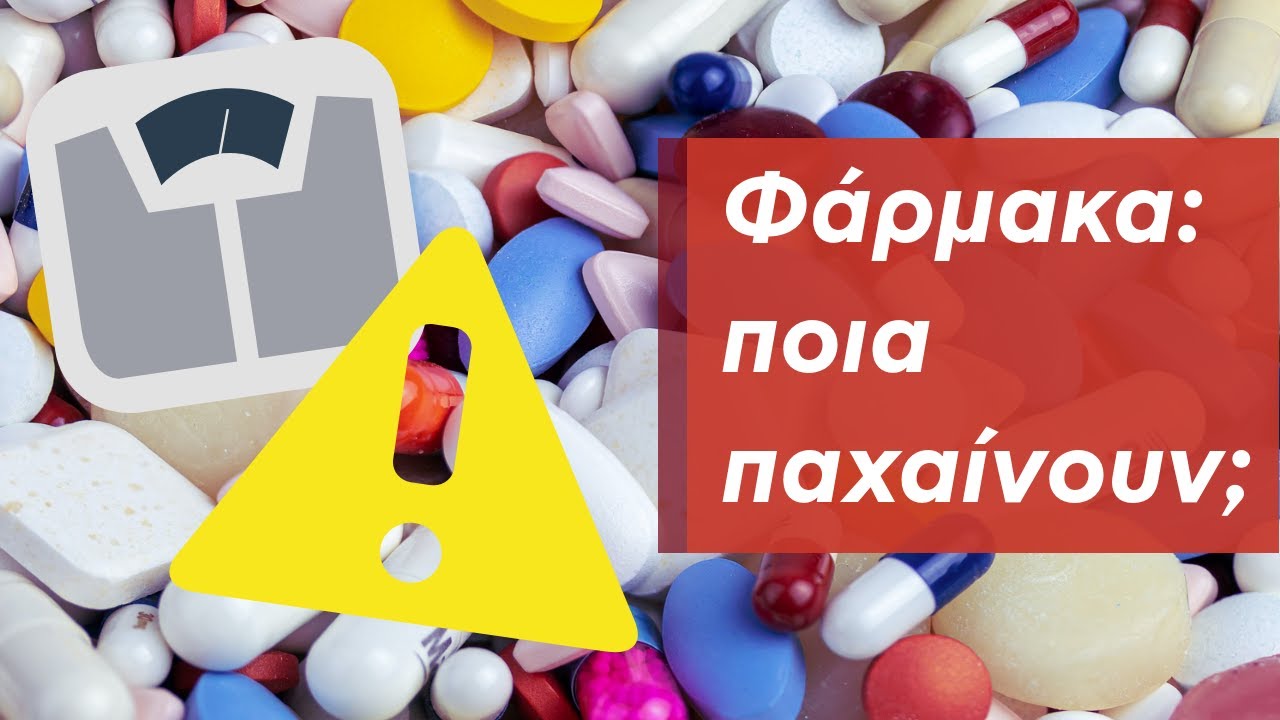

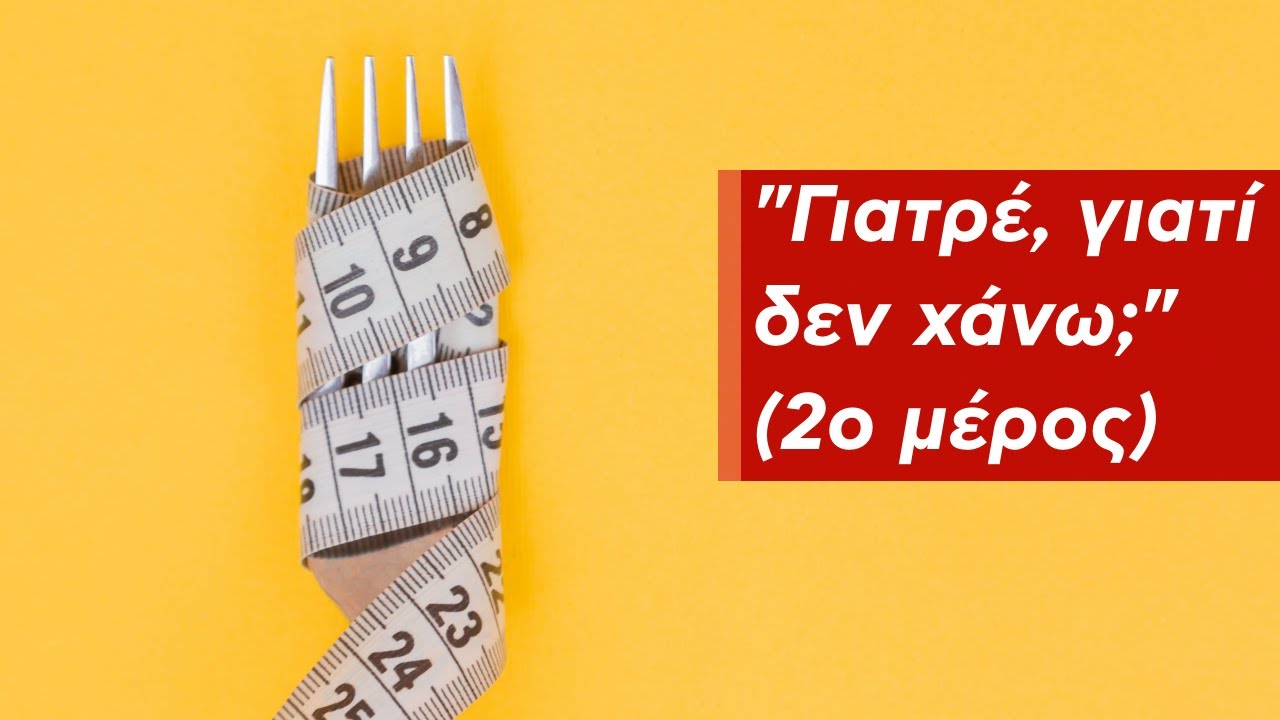
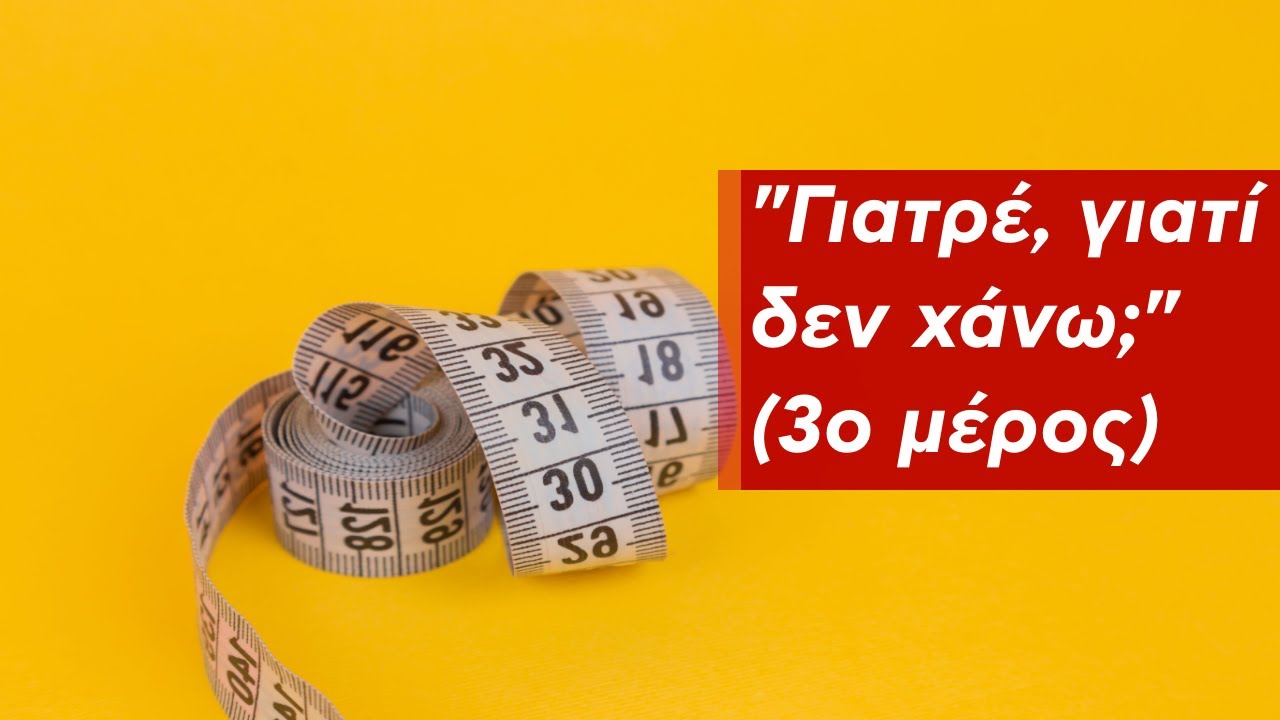

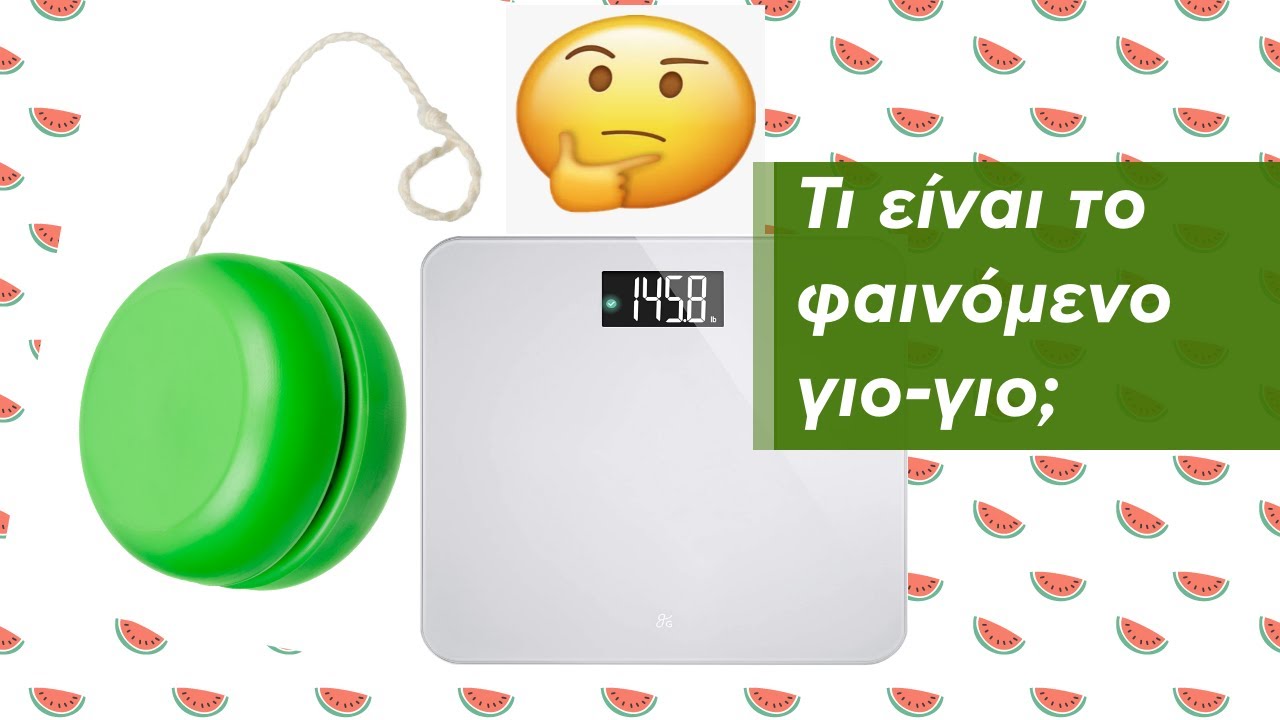
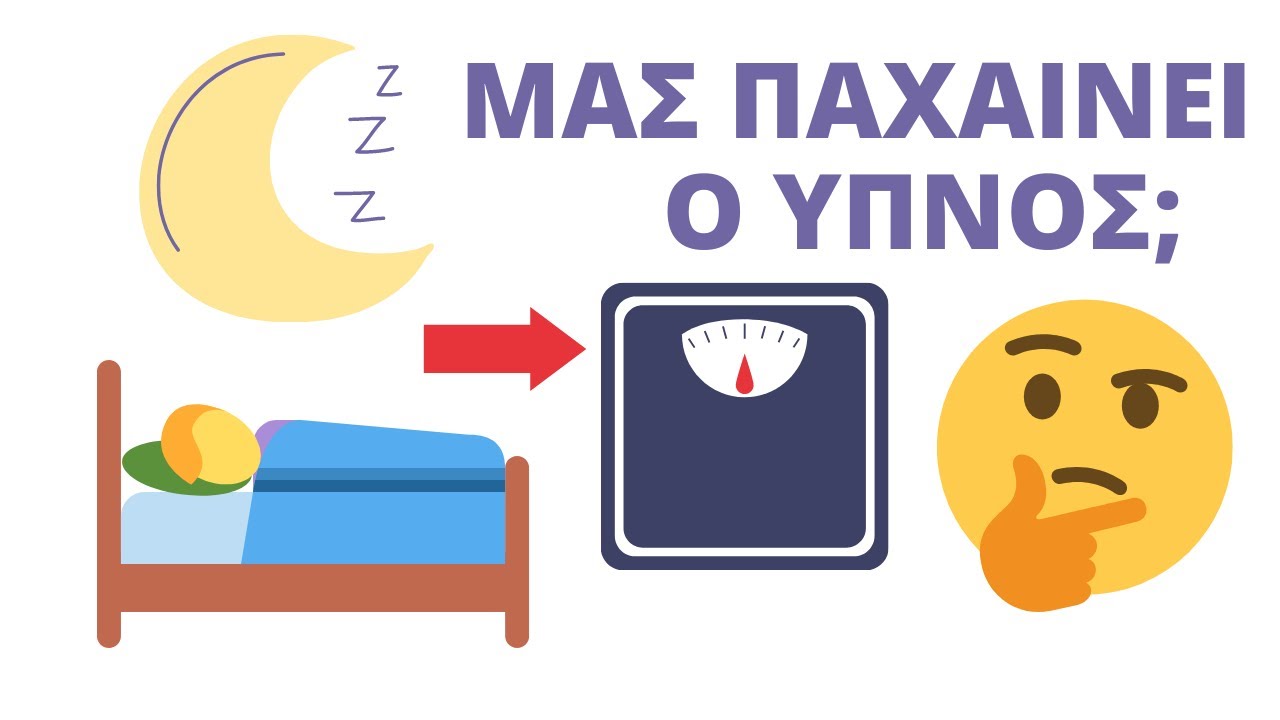
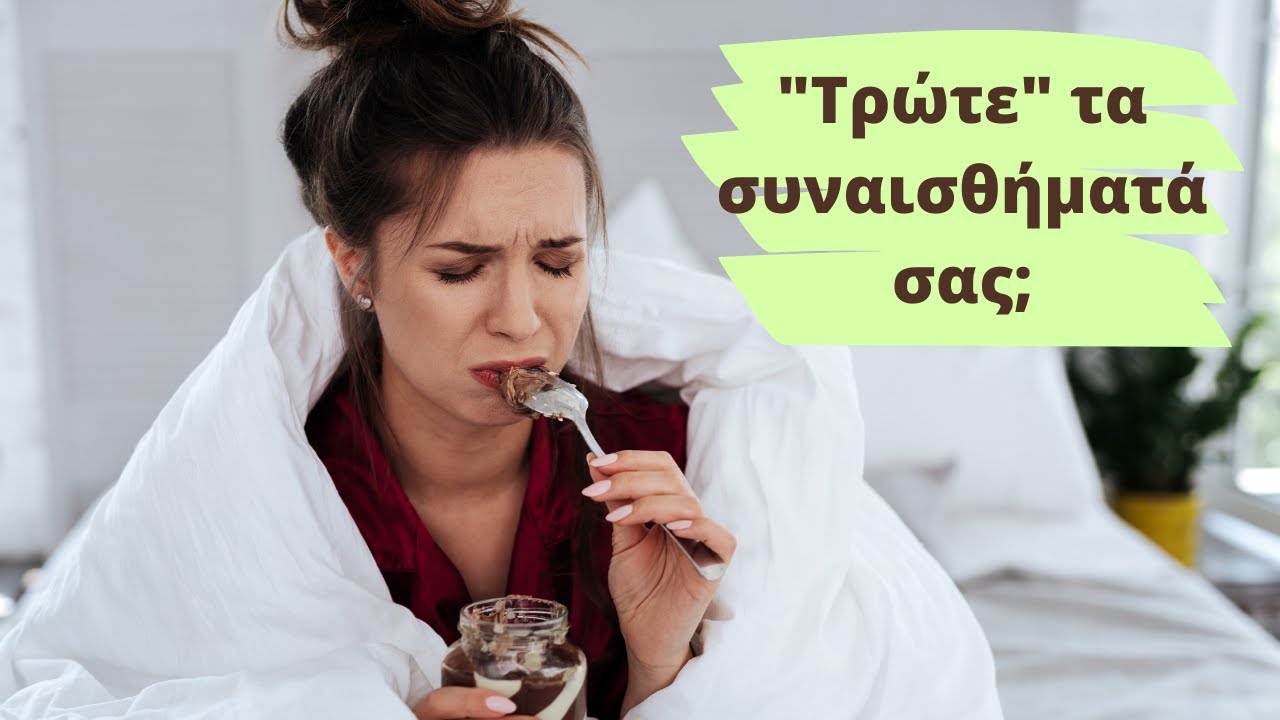
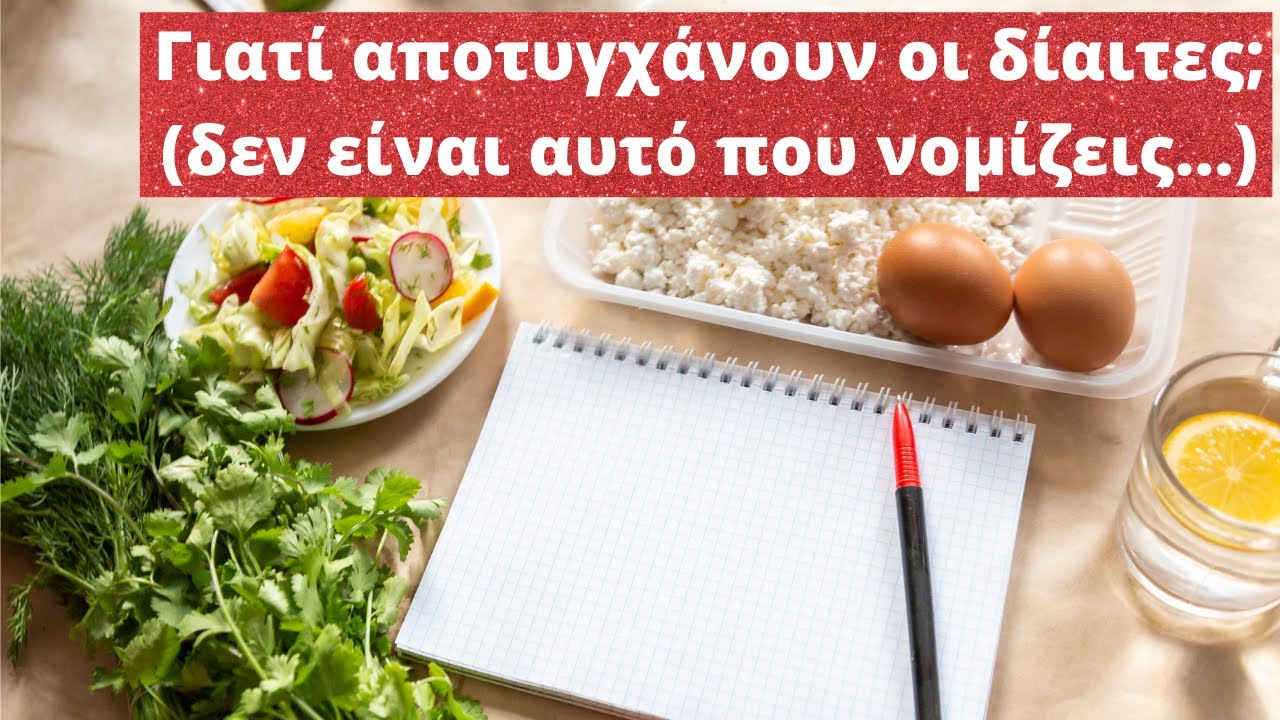
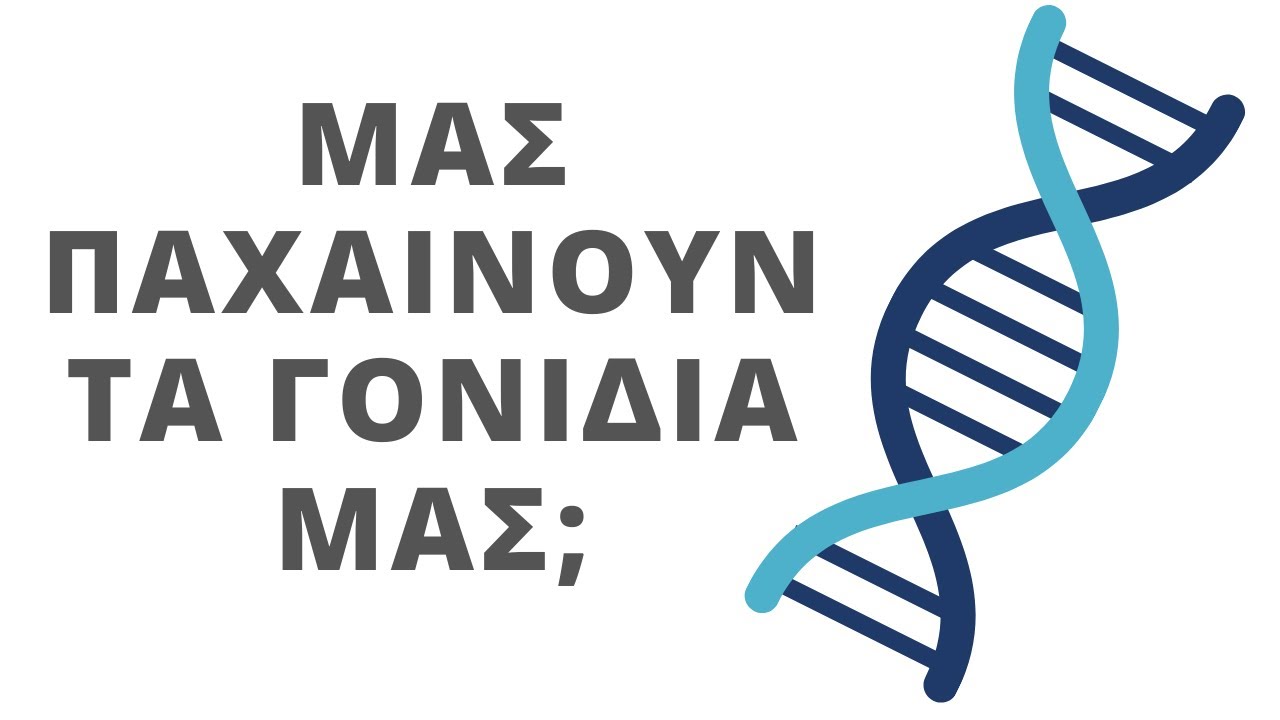



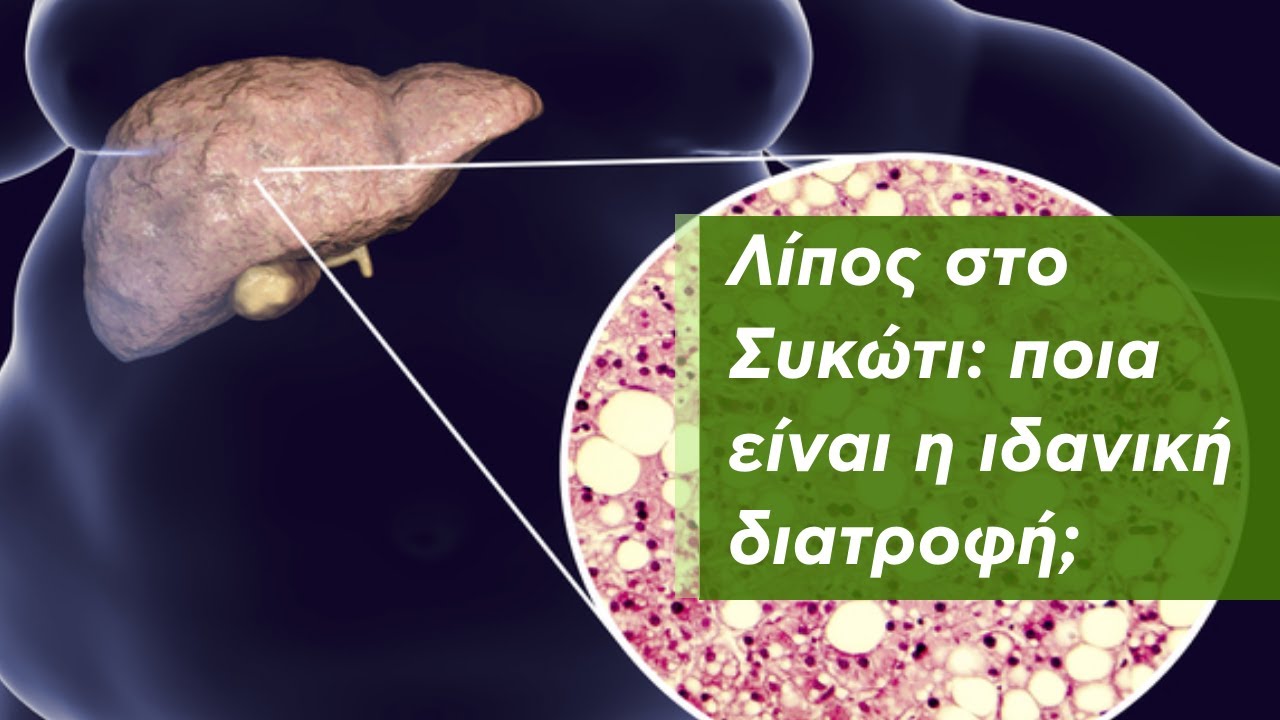
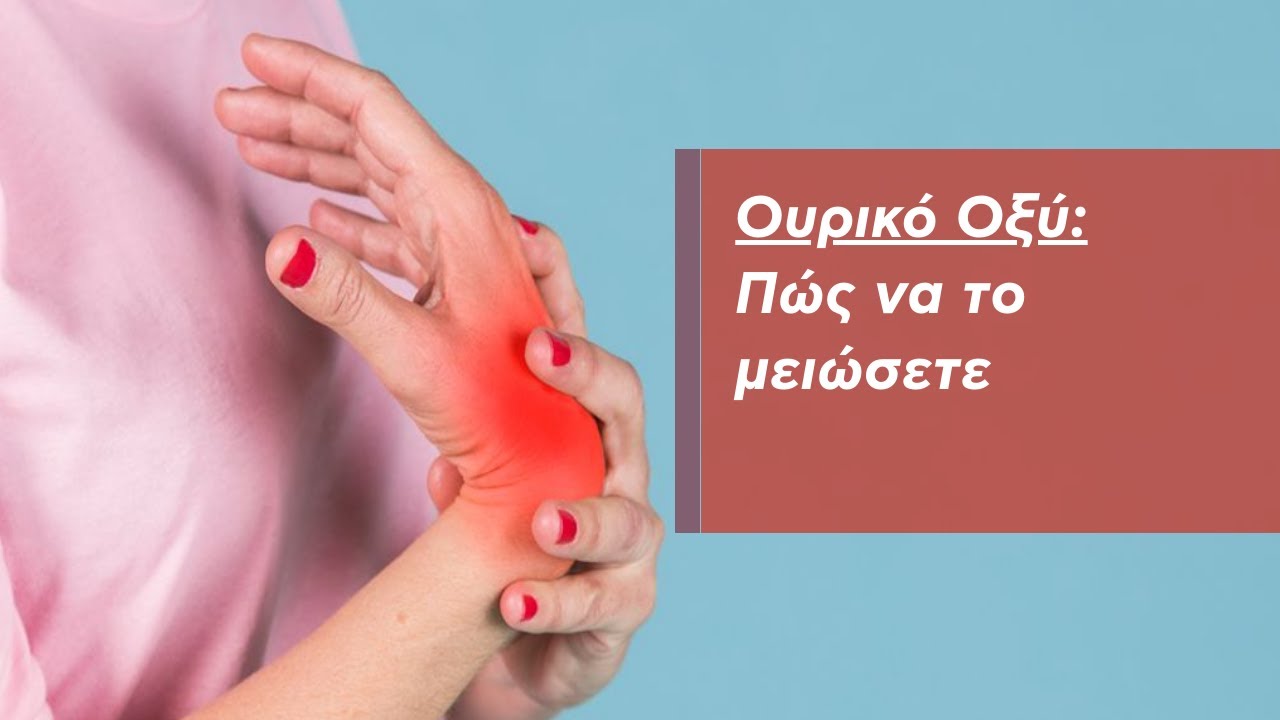
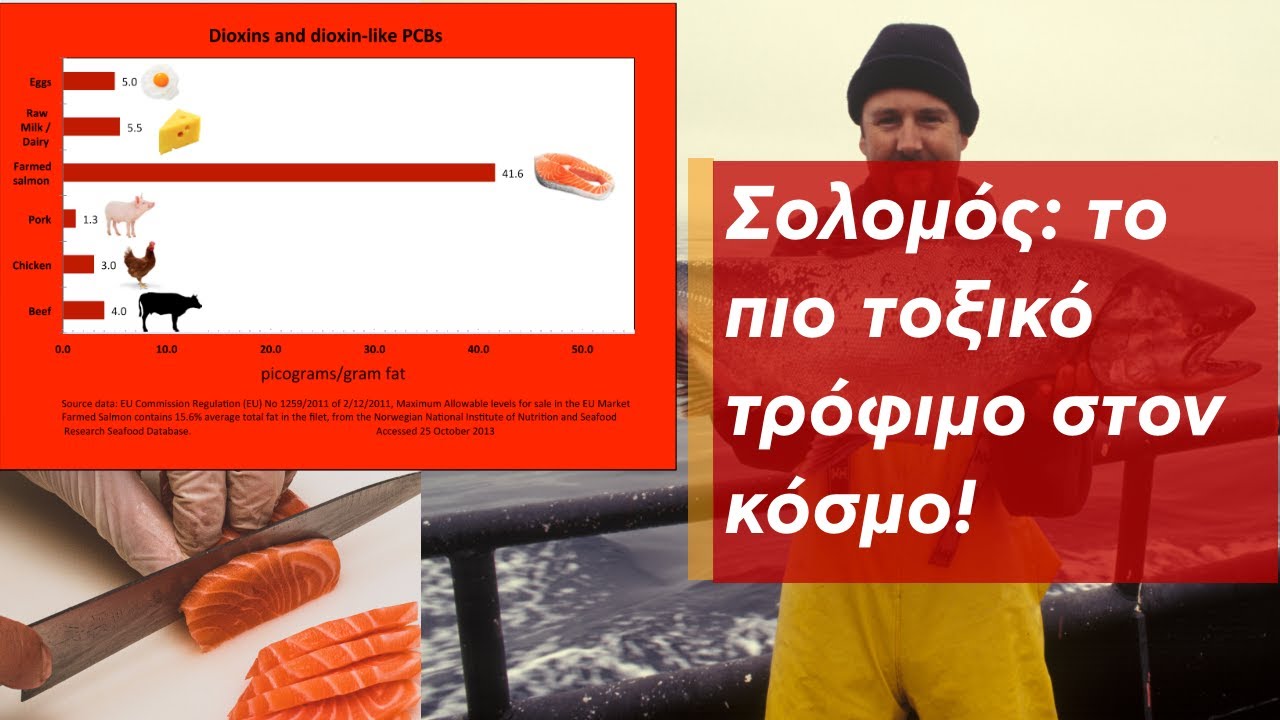
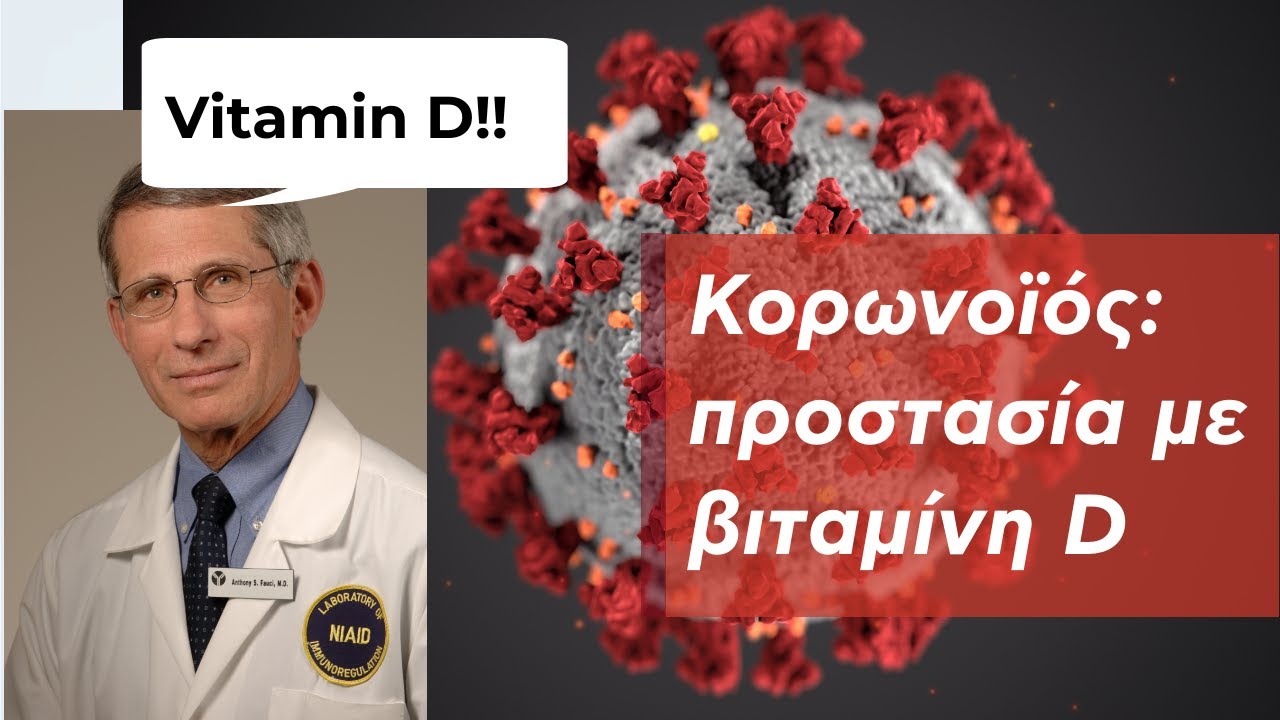
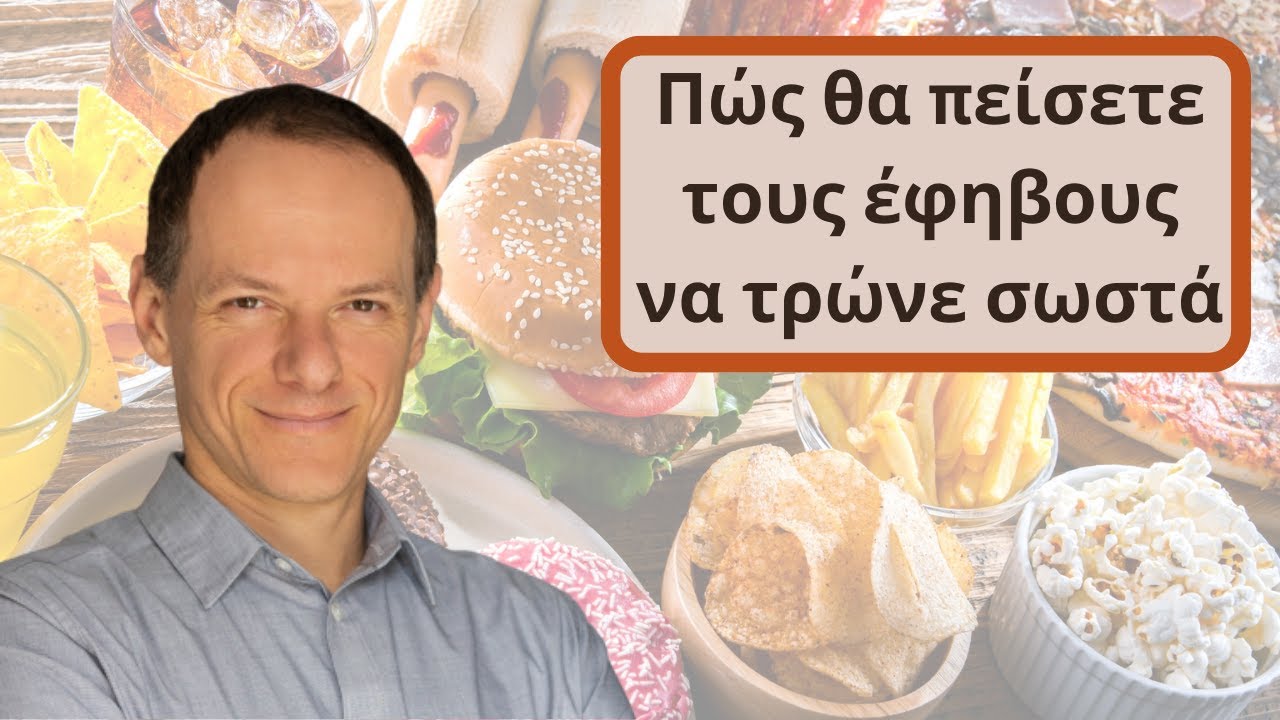

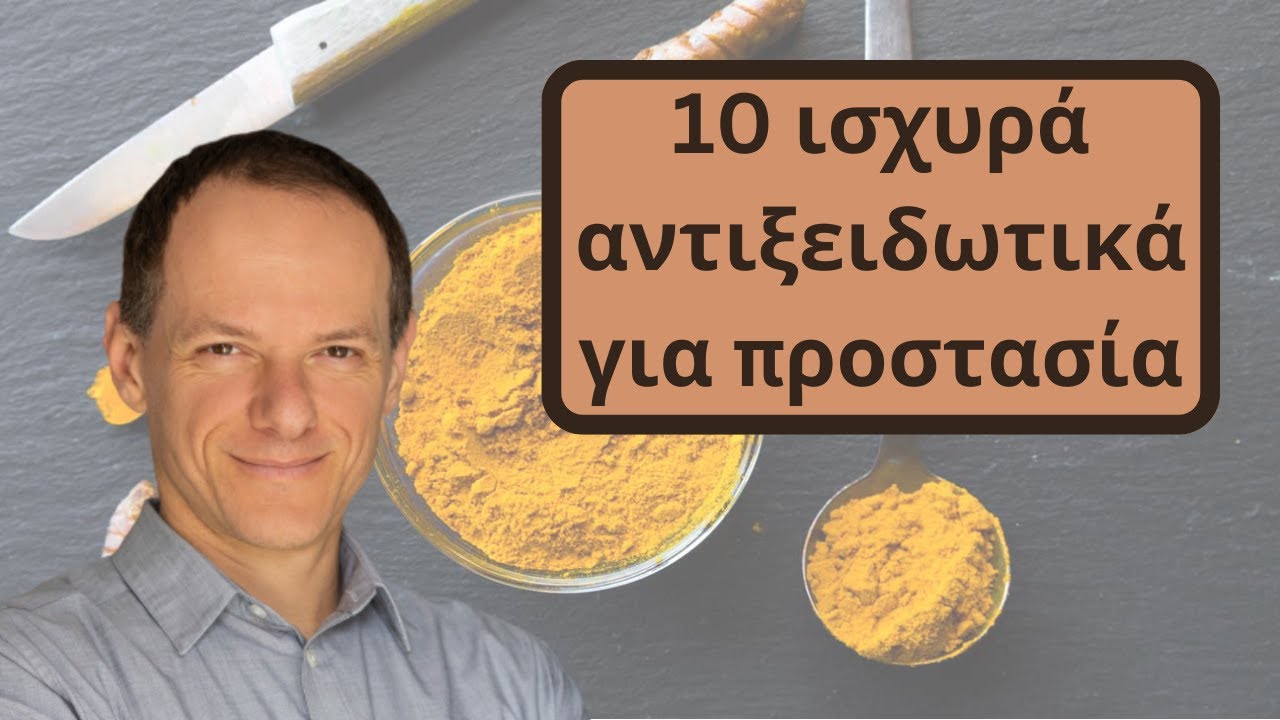
0 Σχόλια